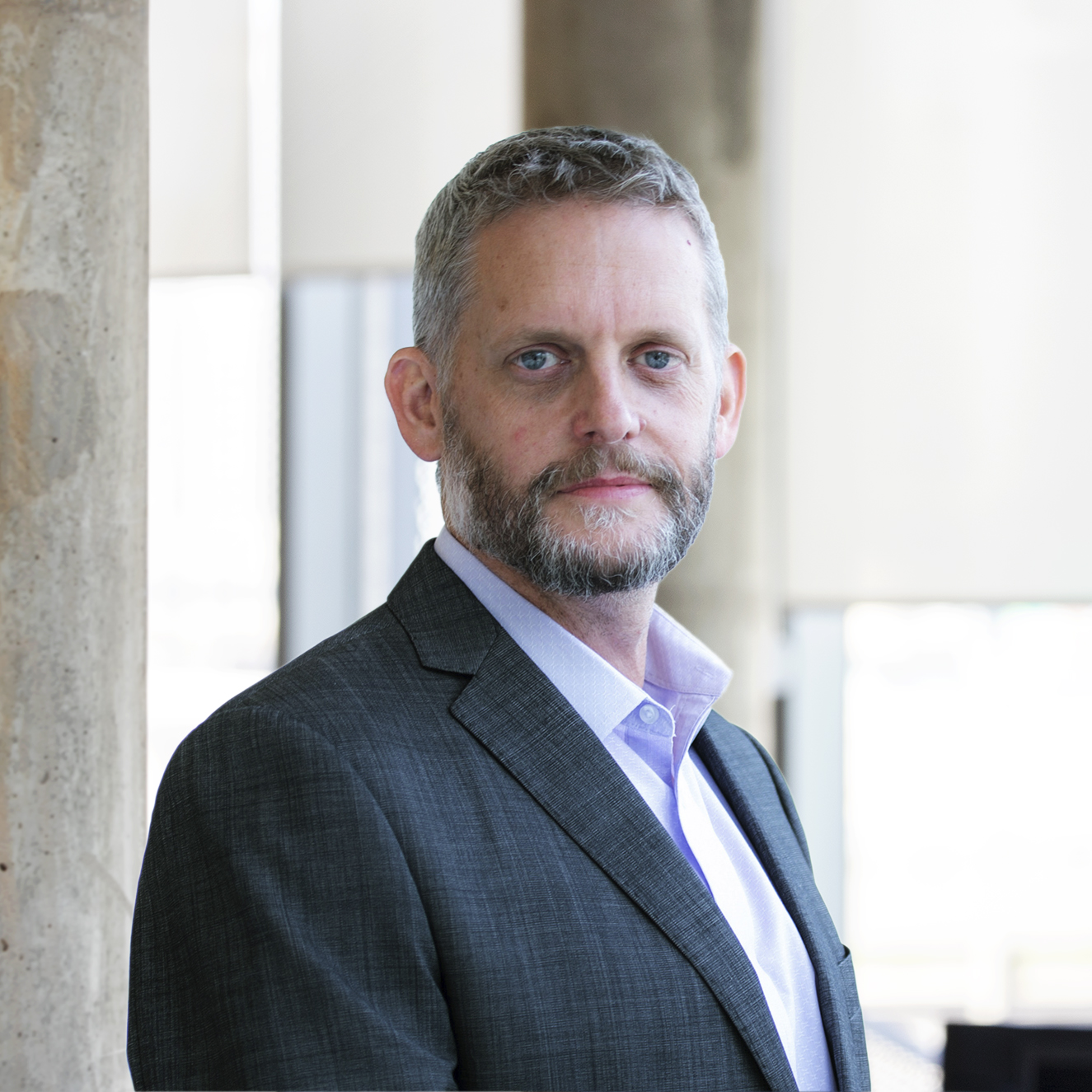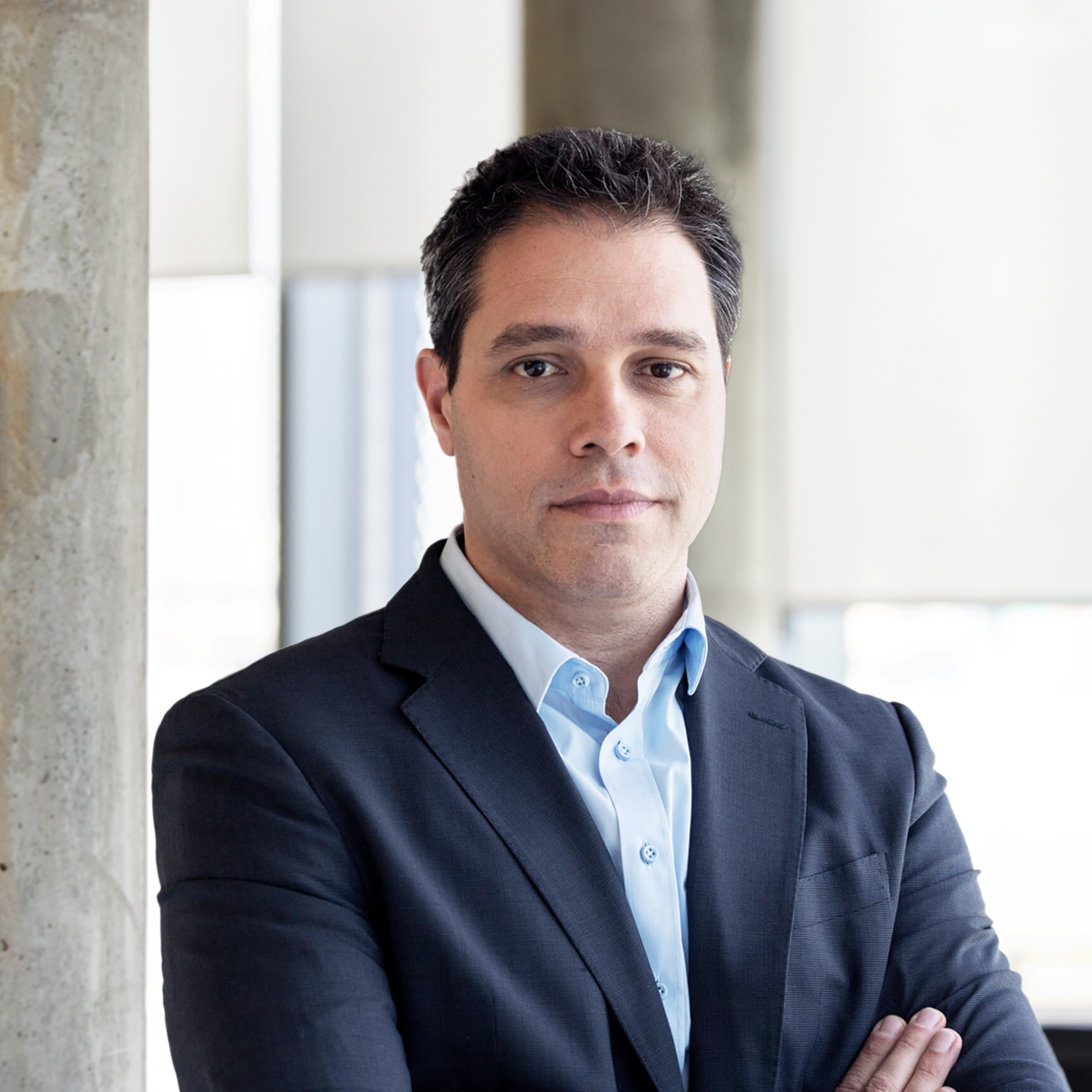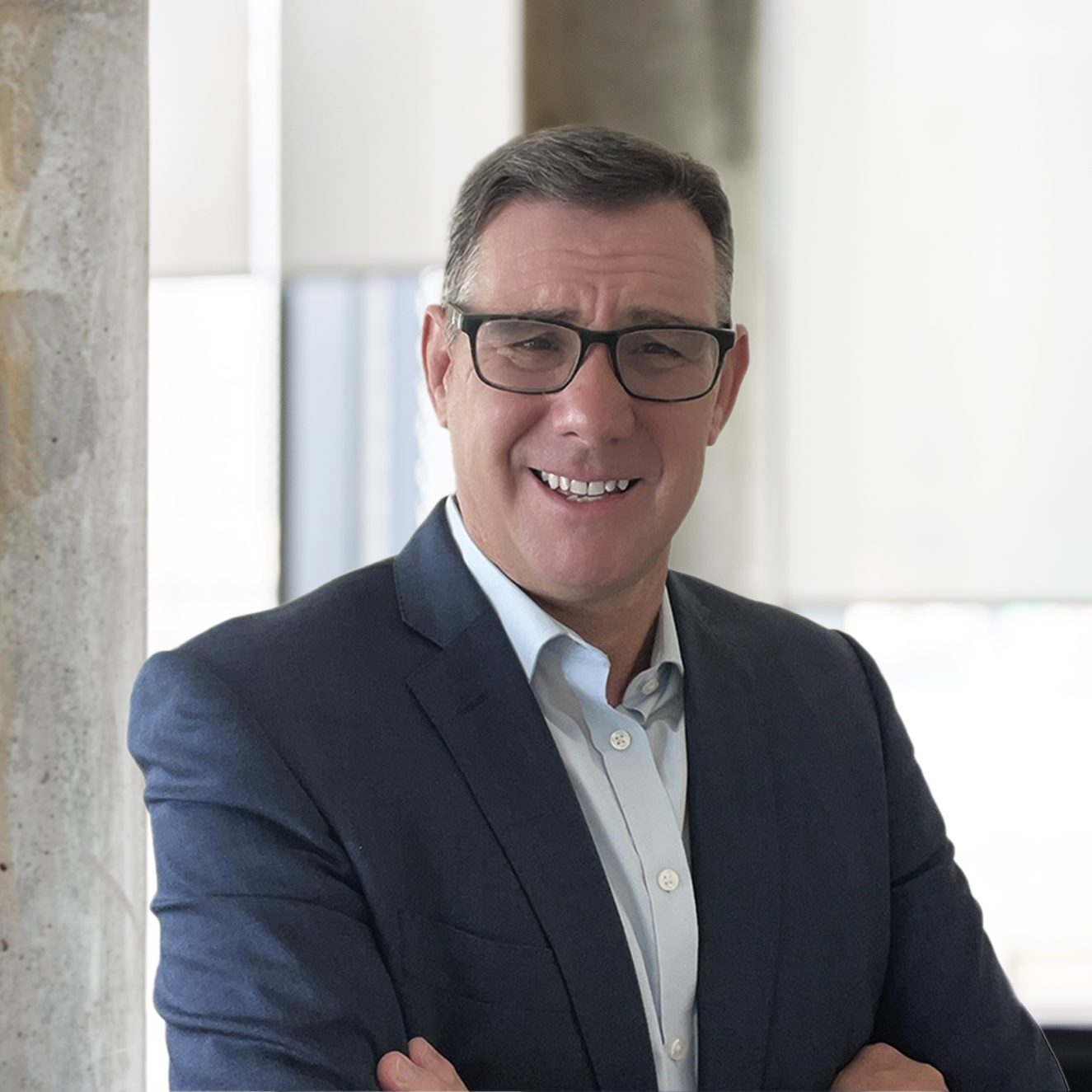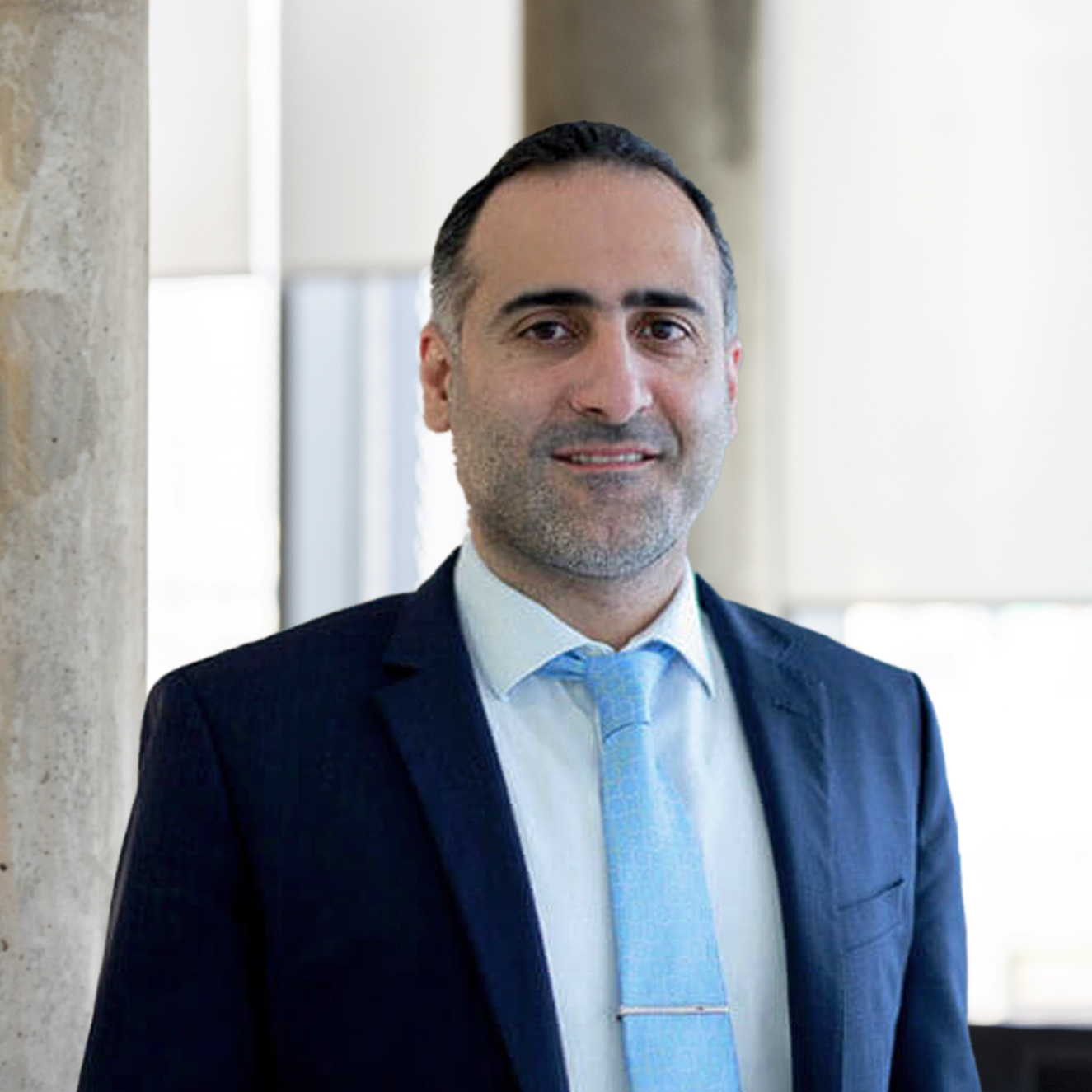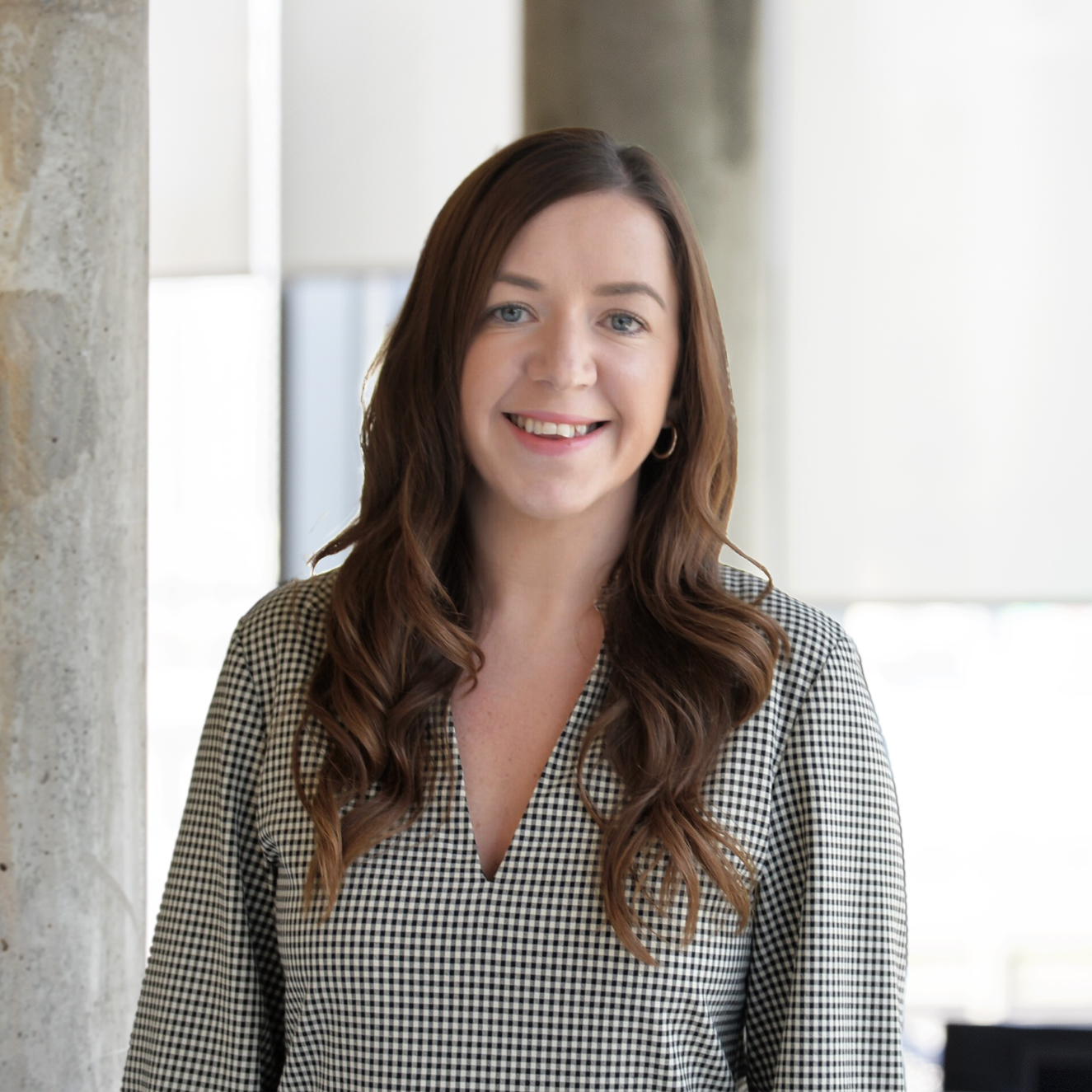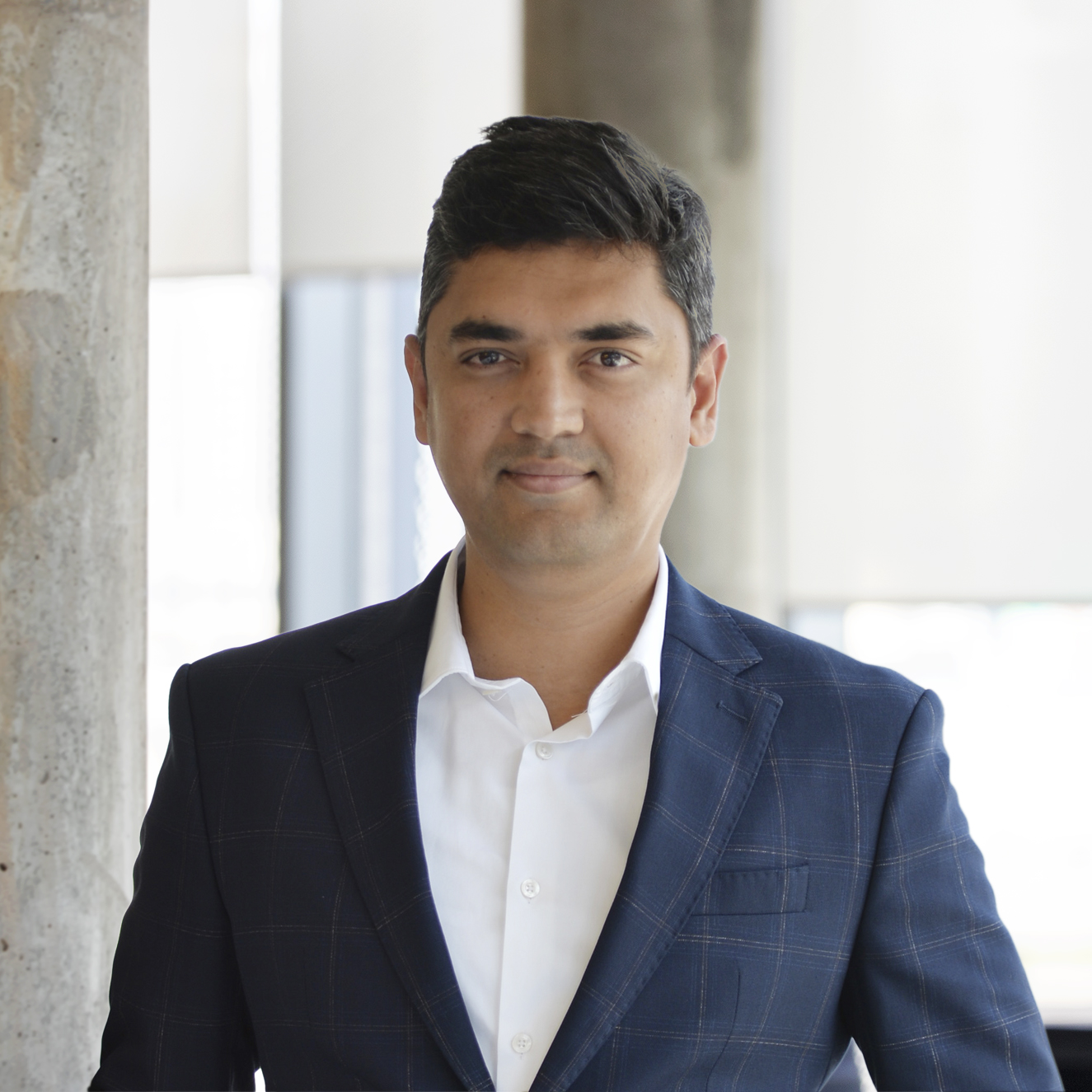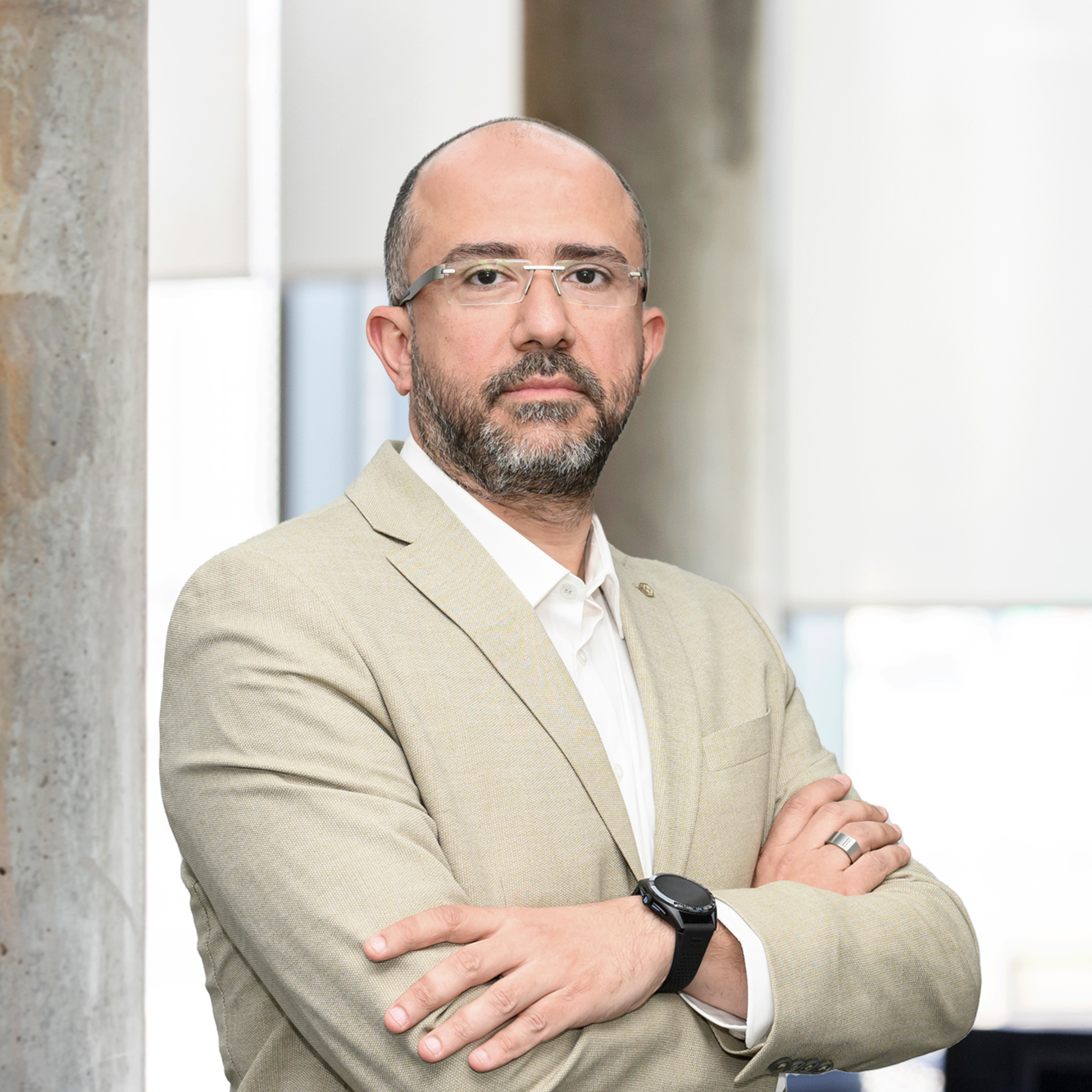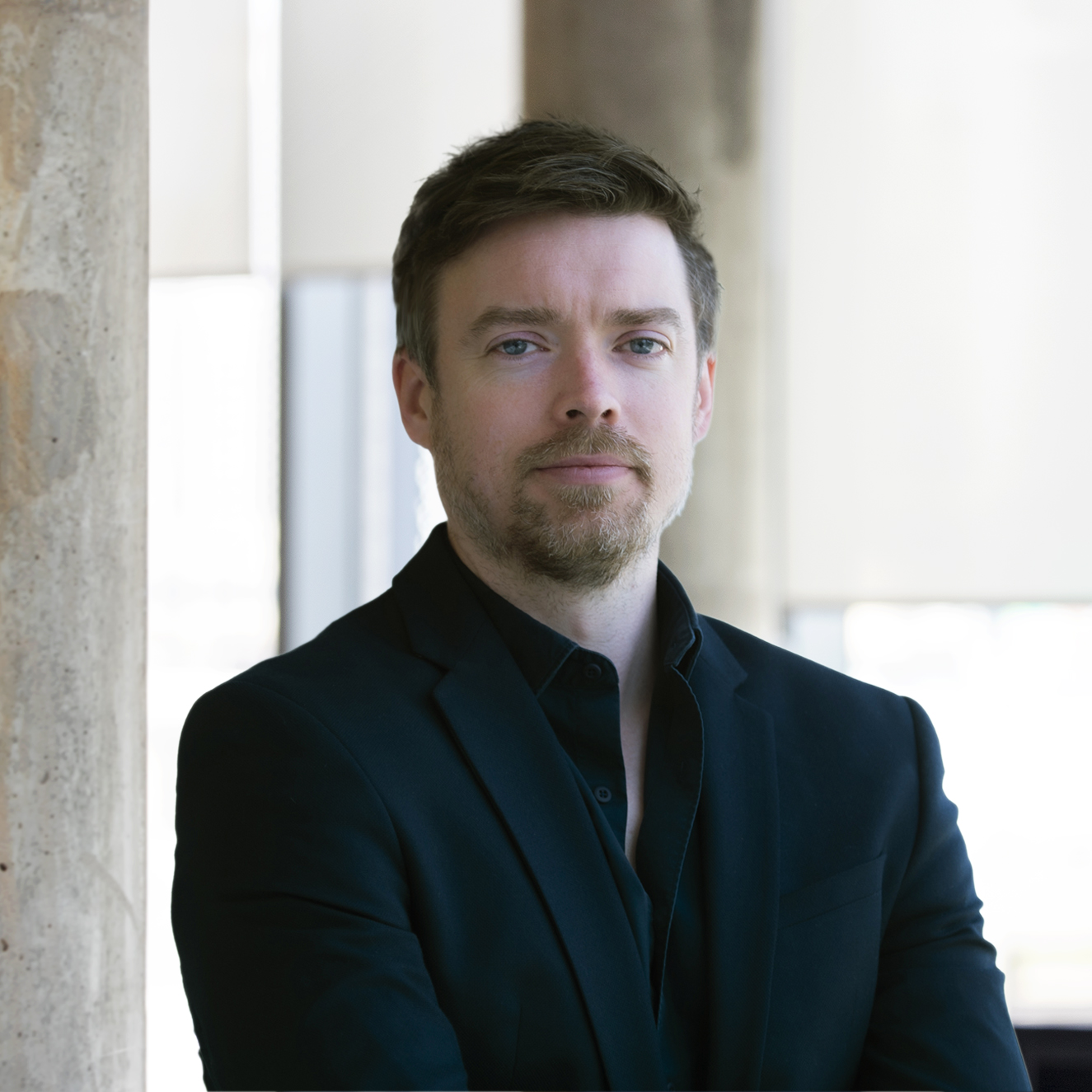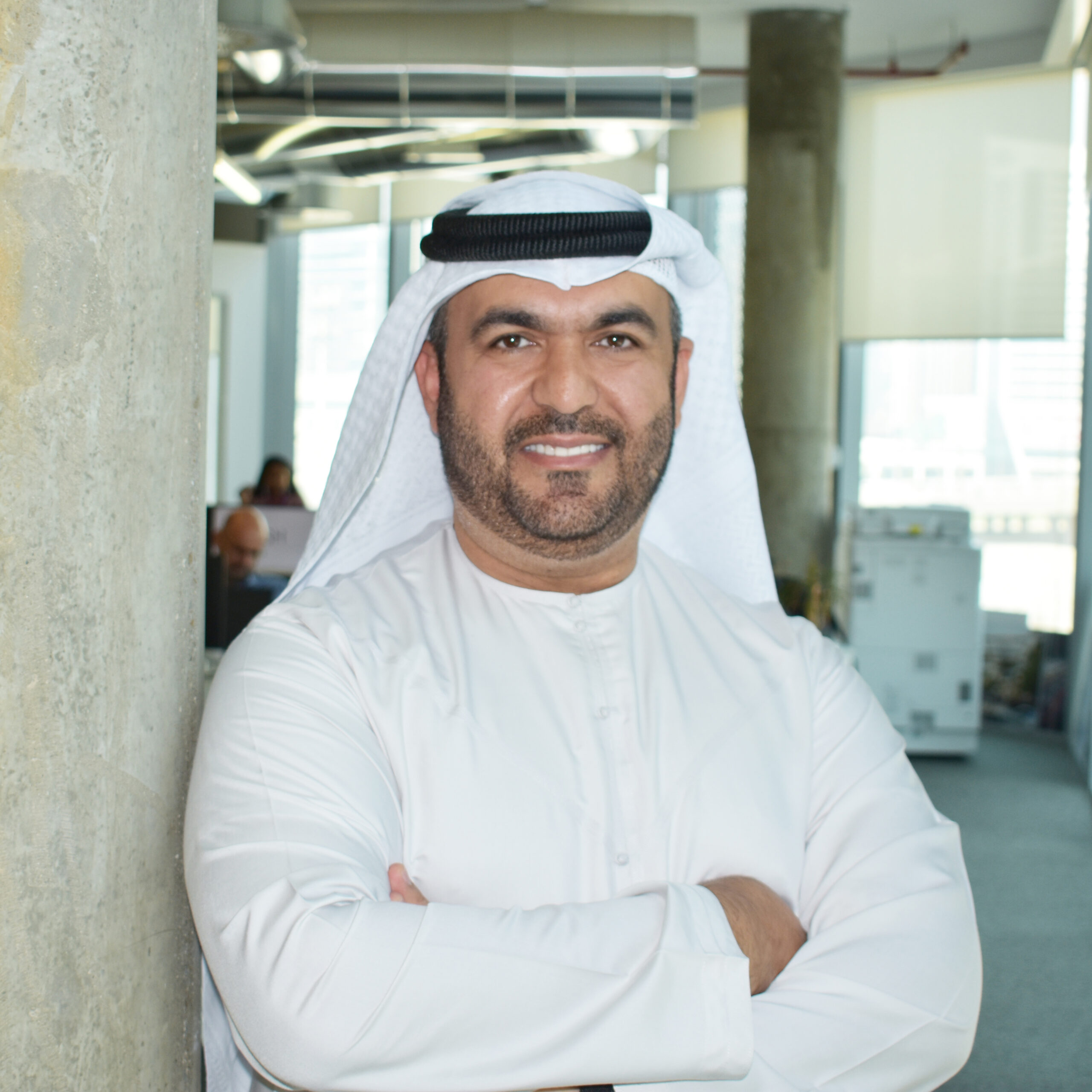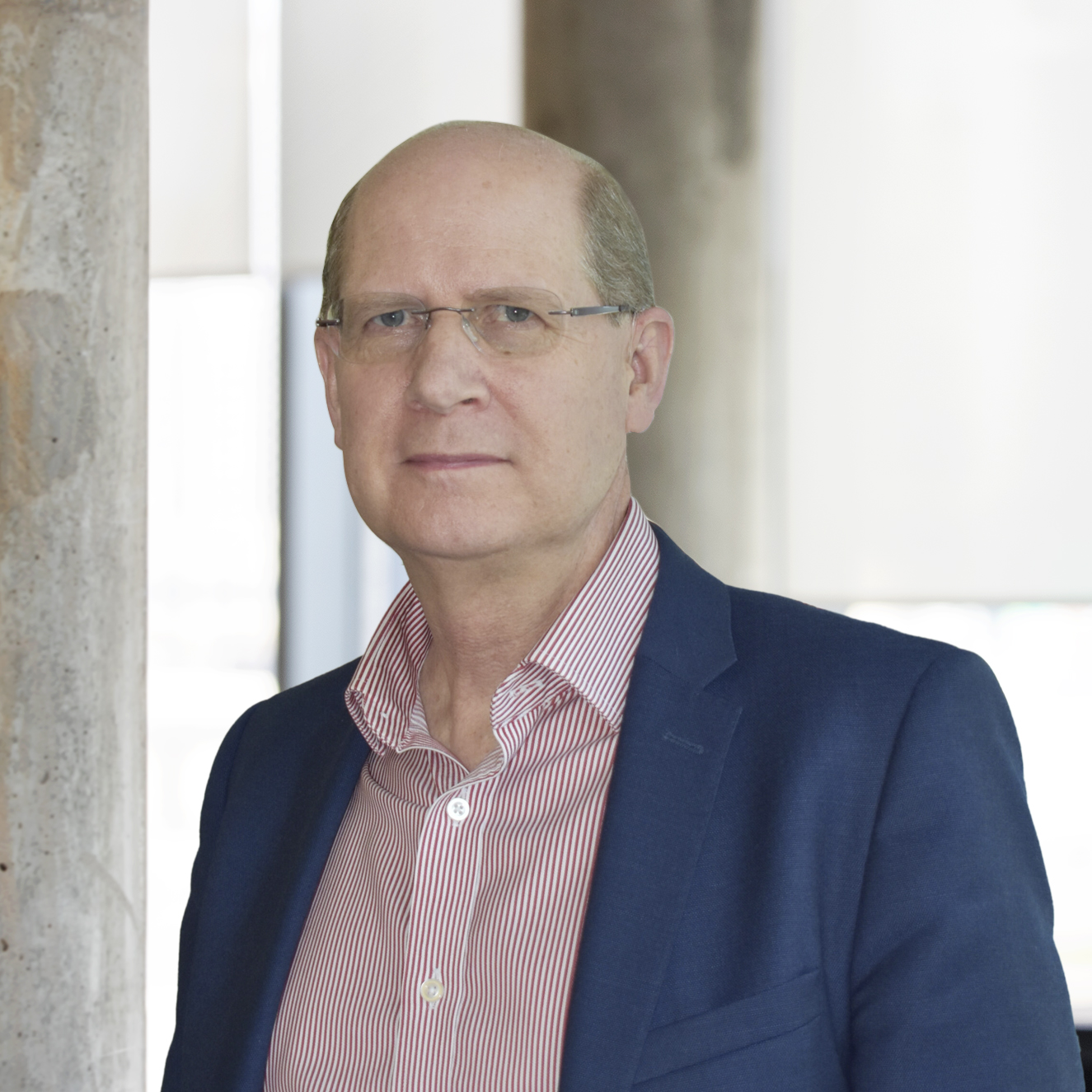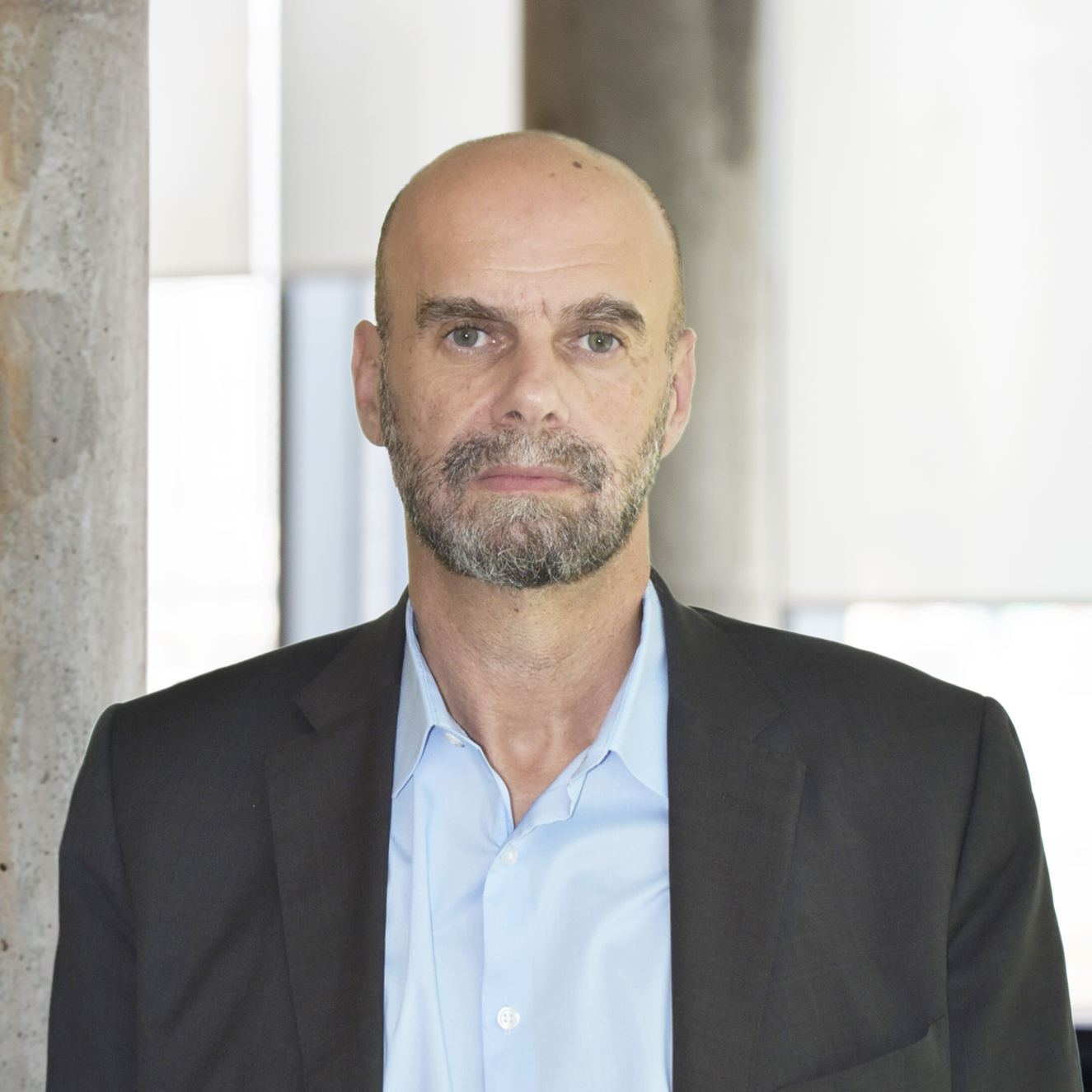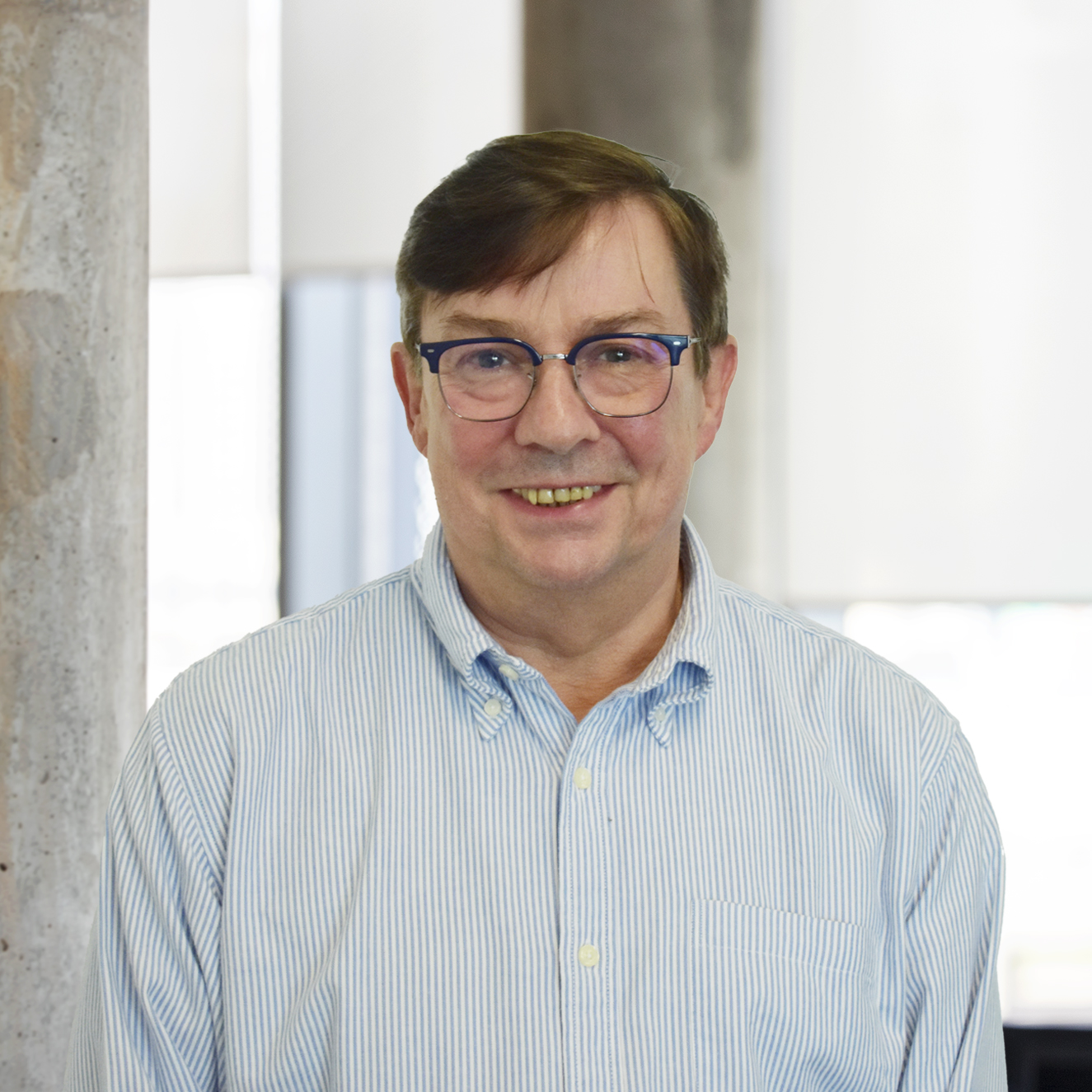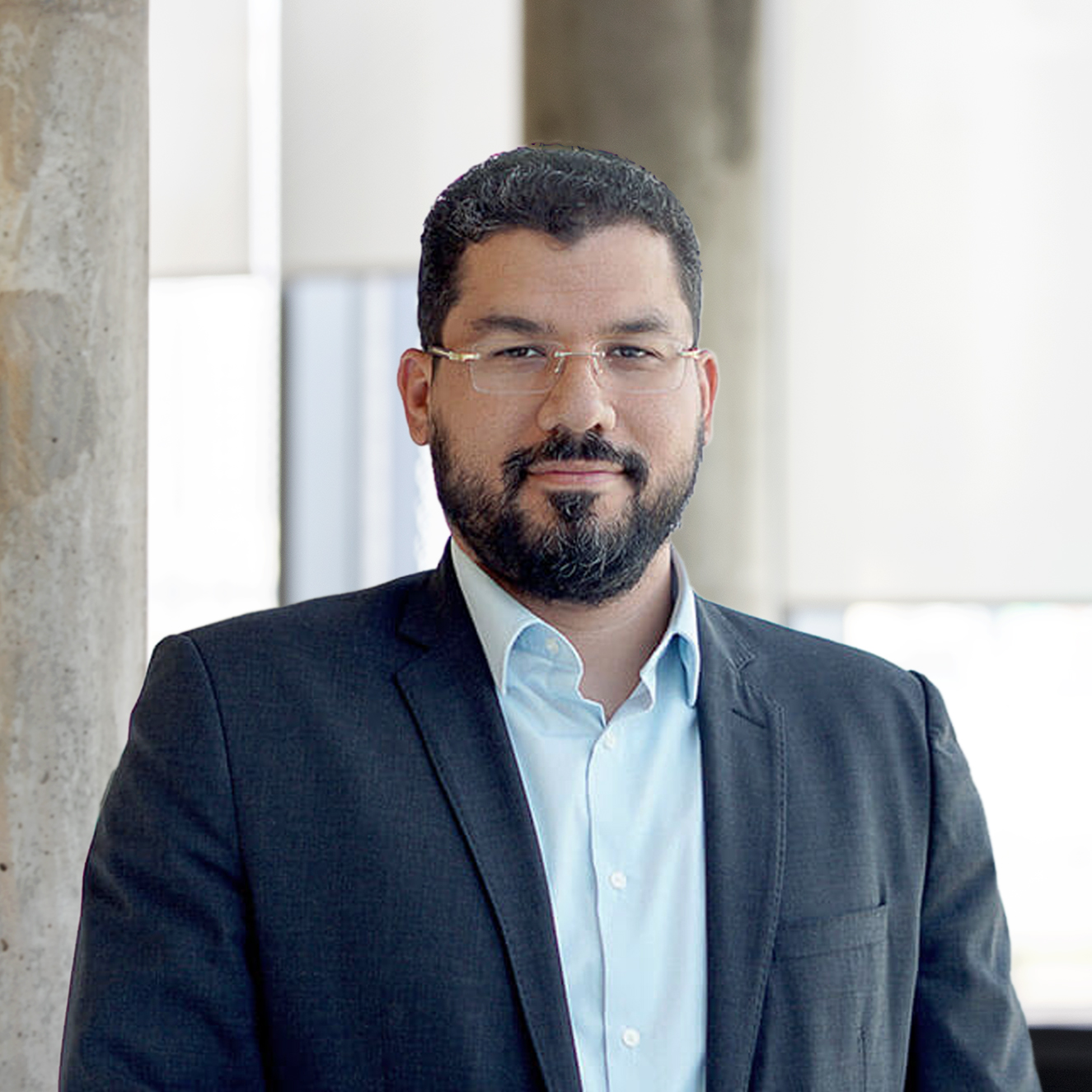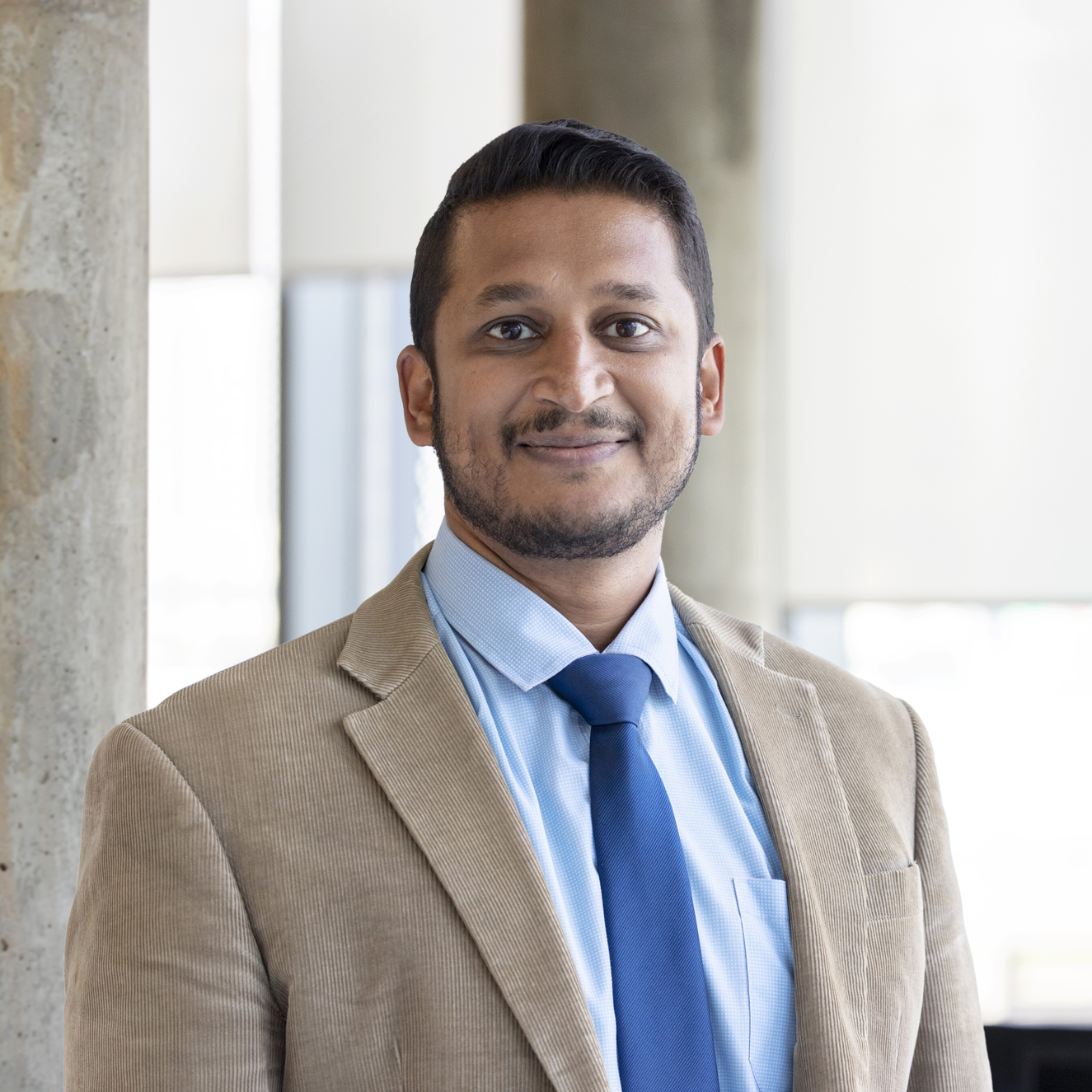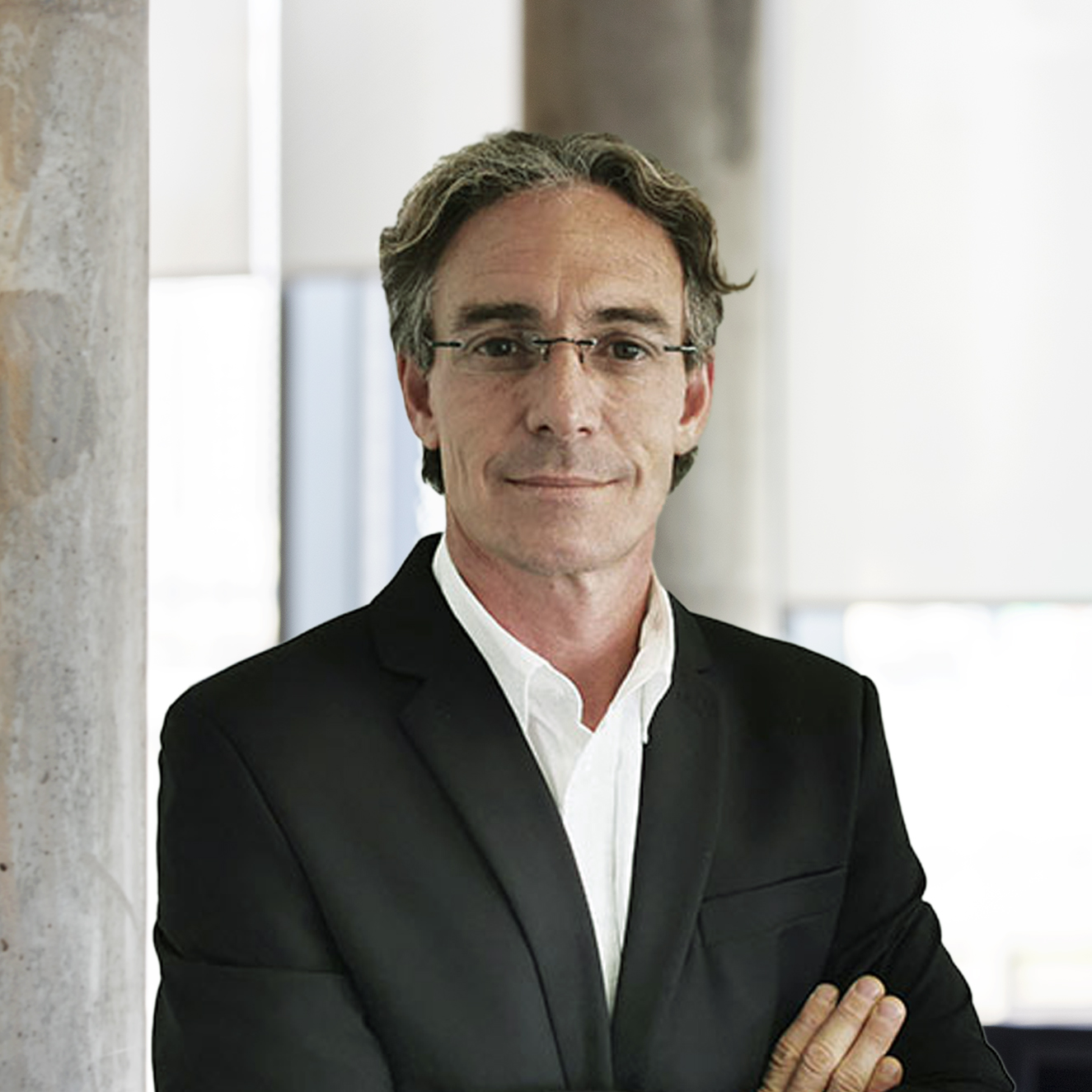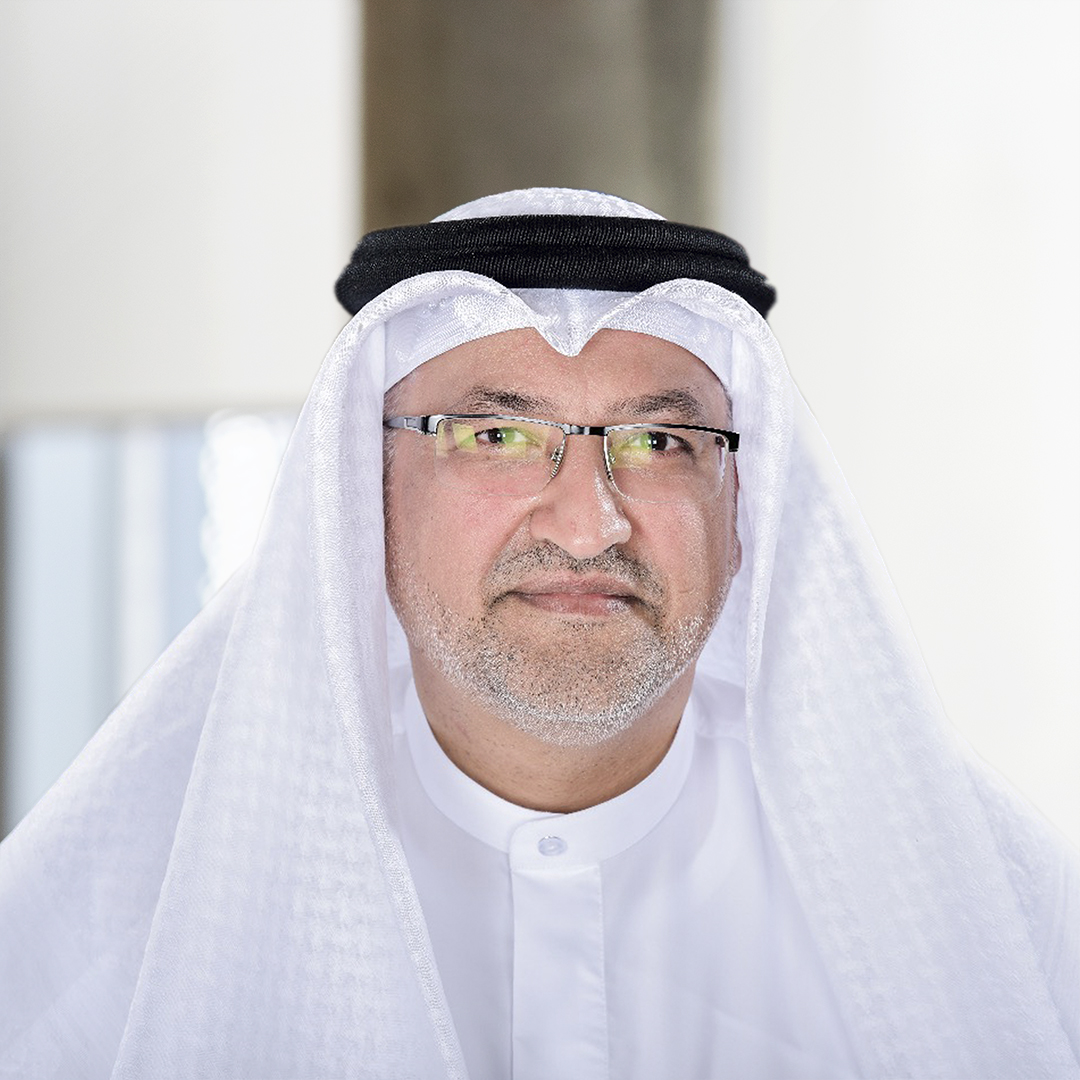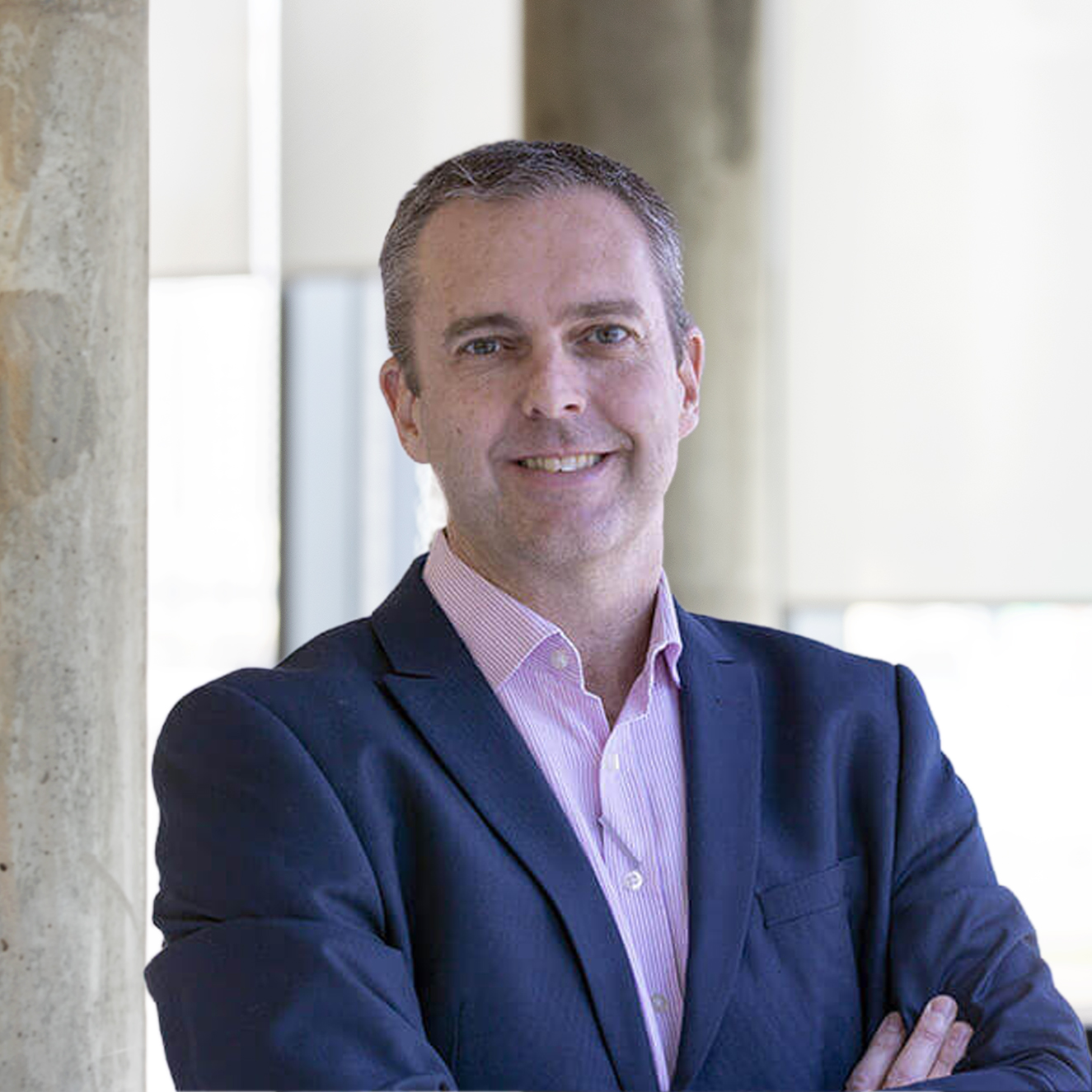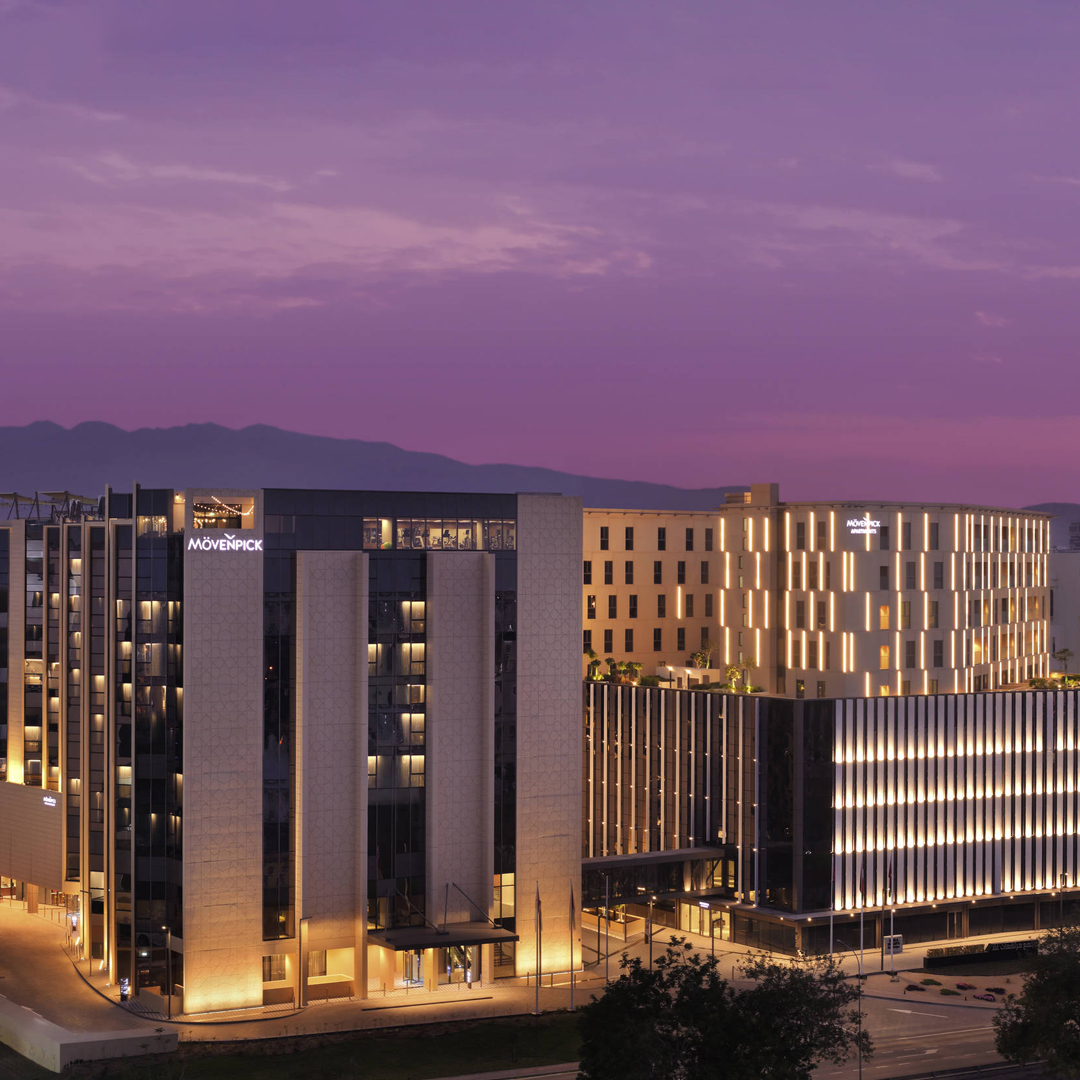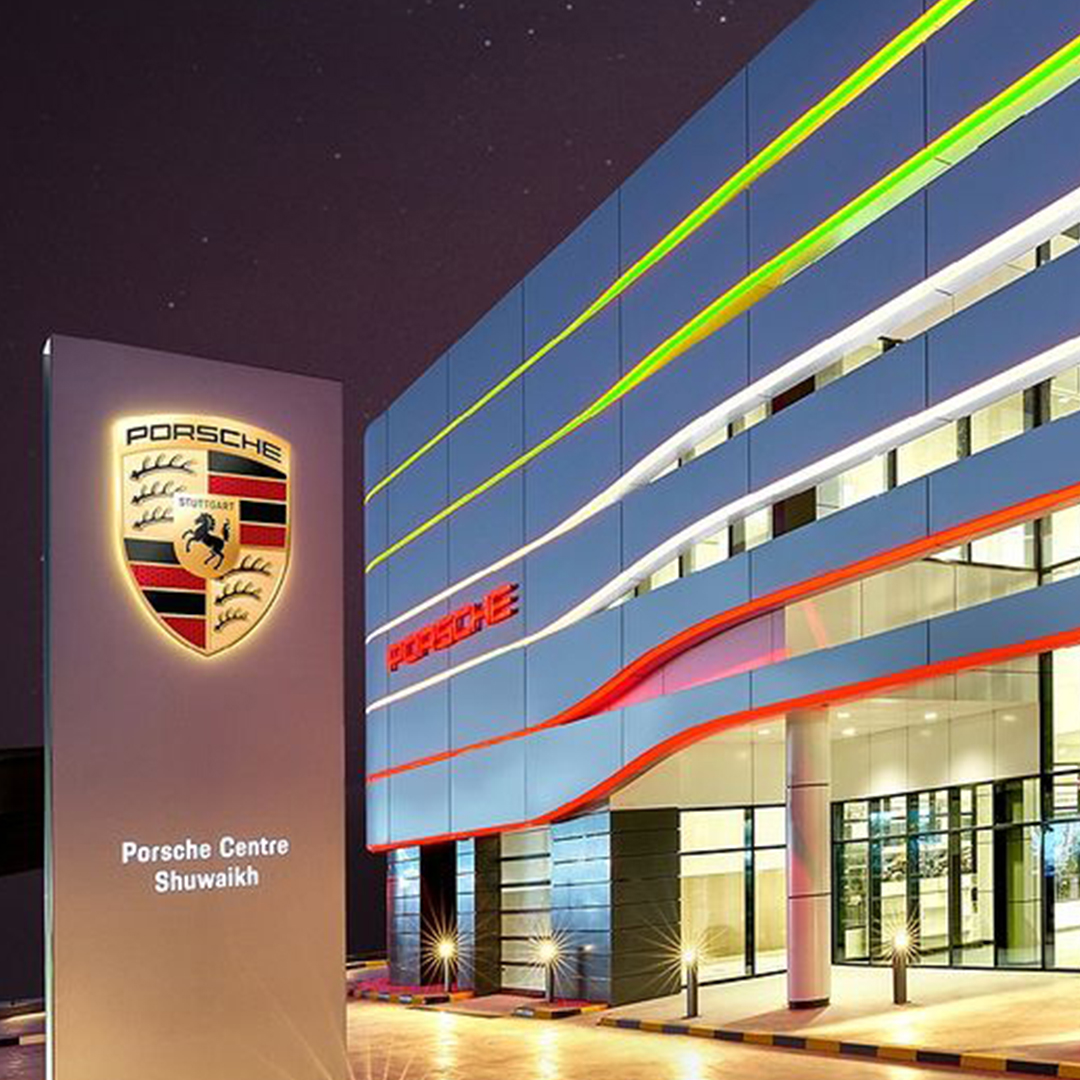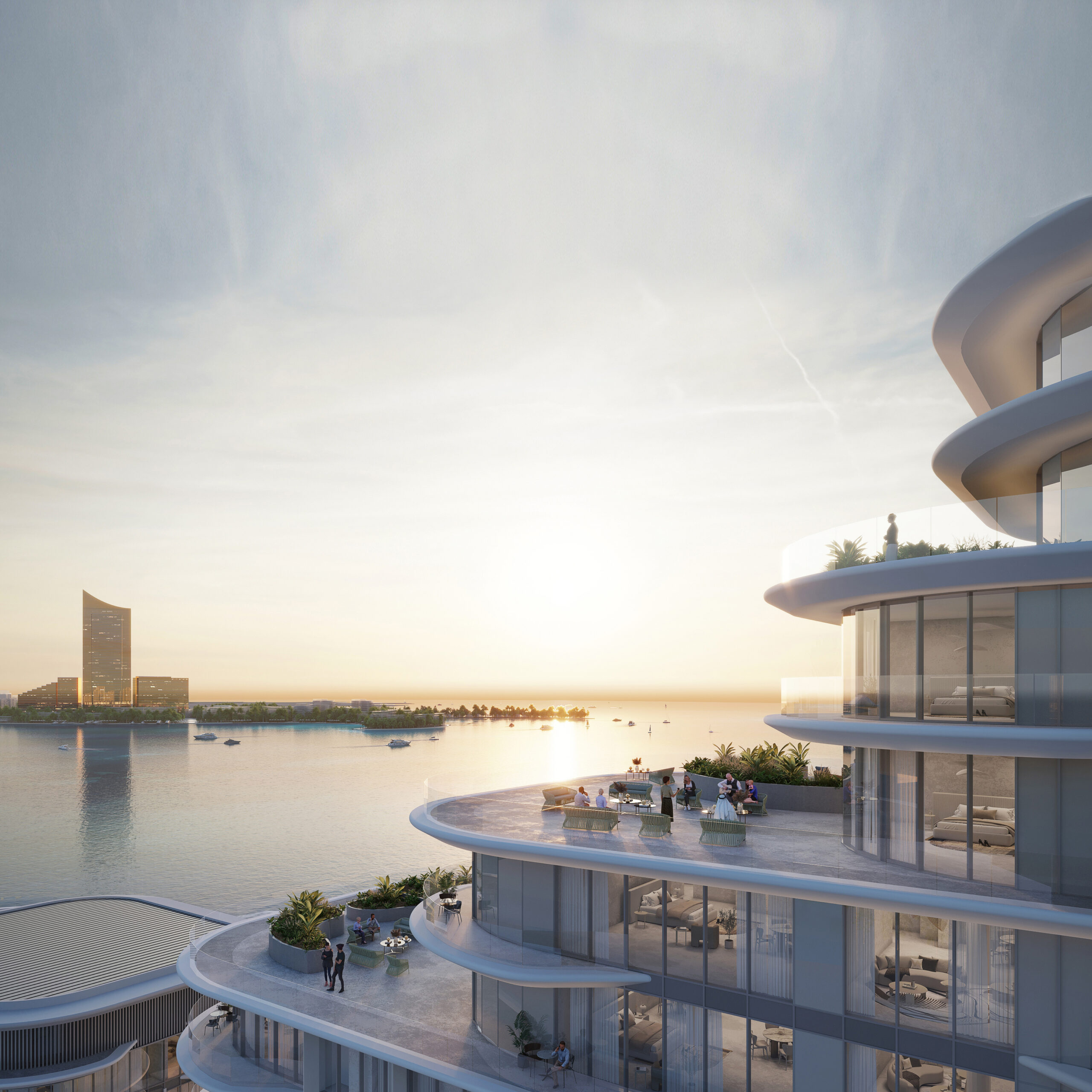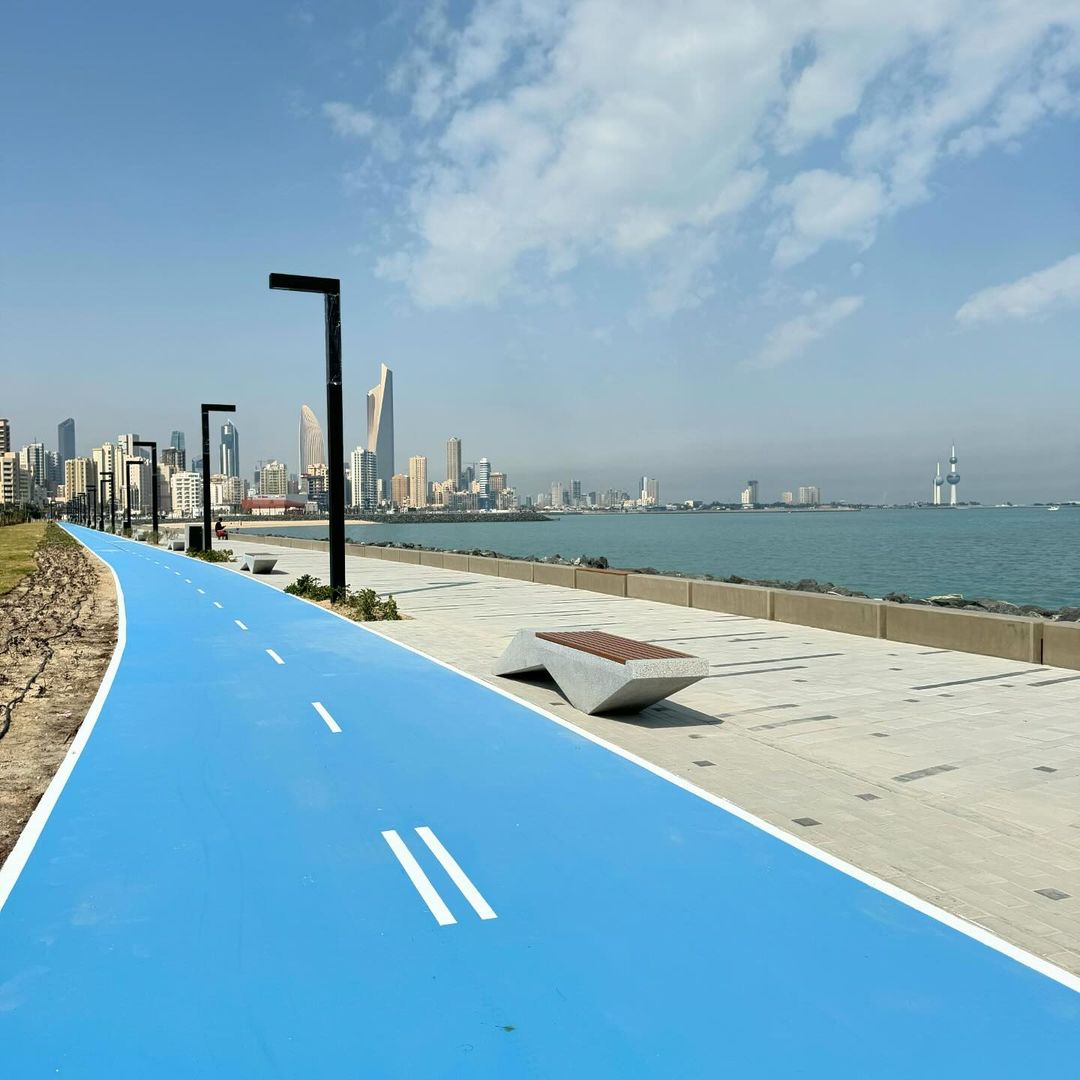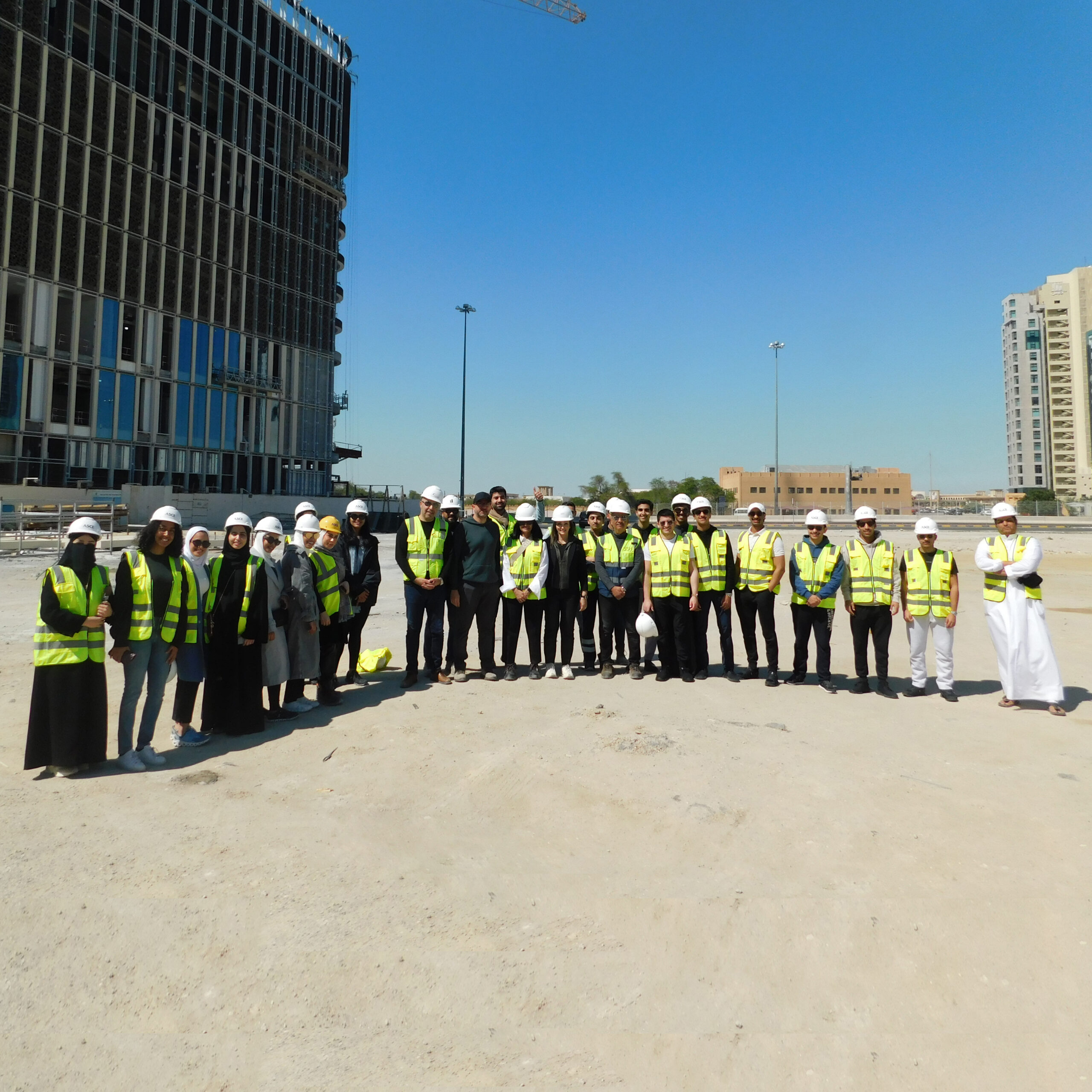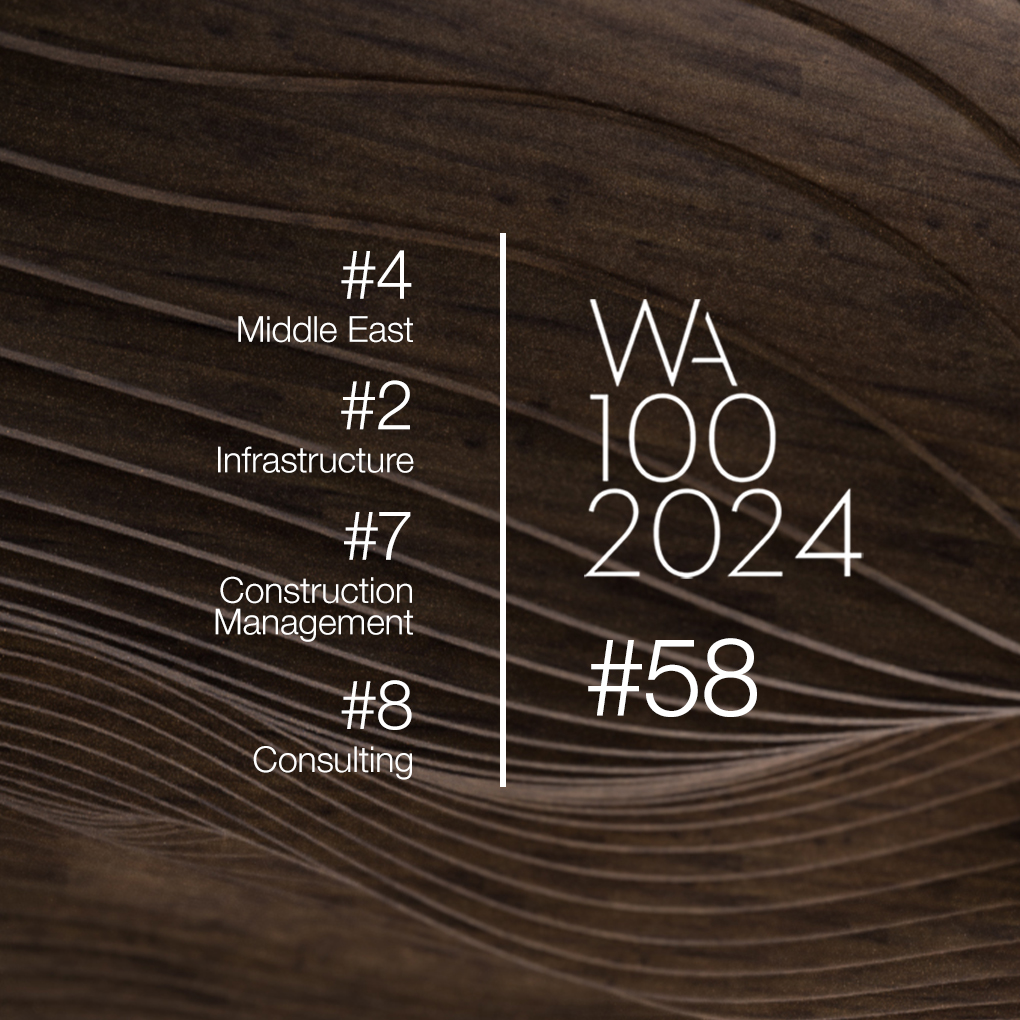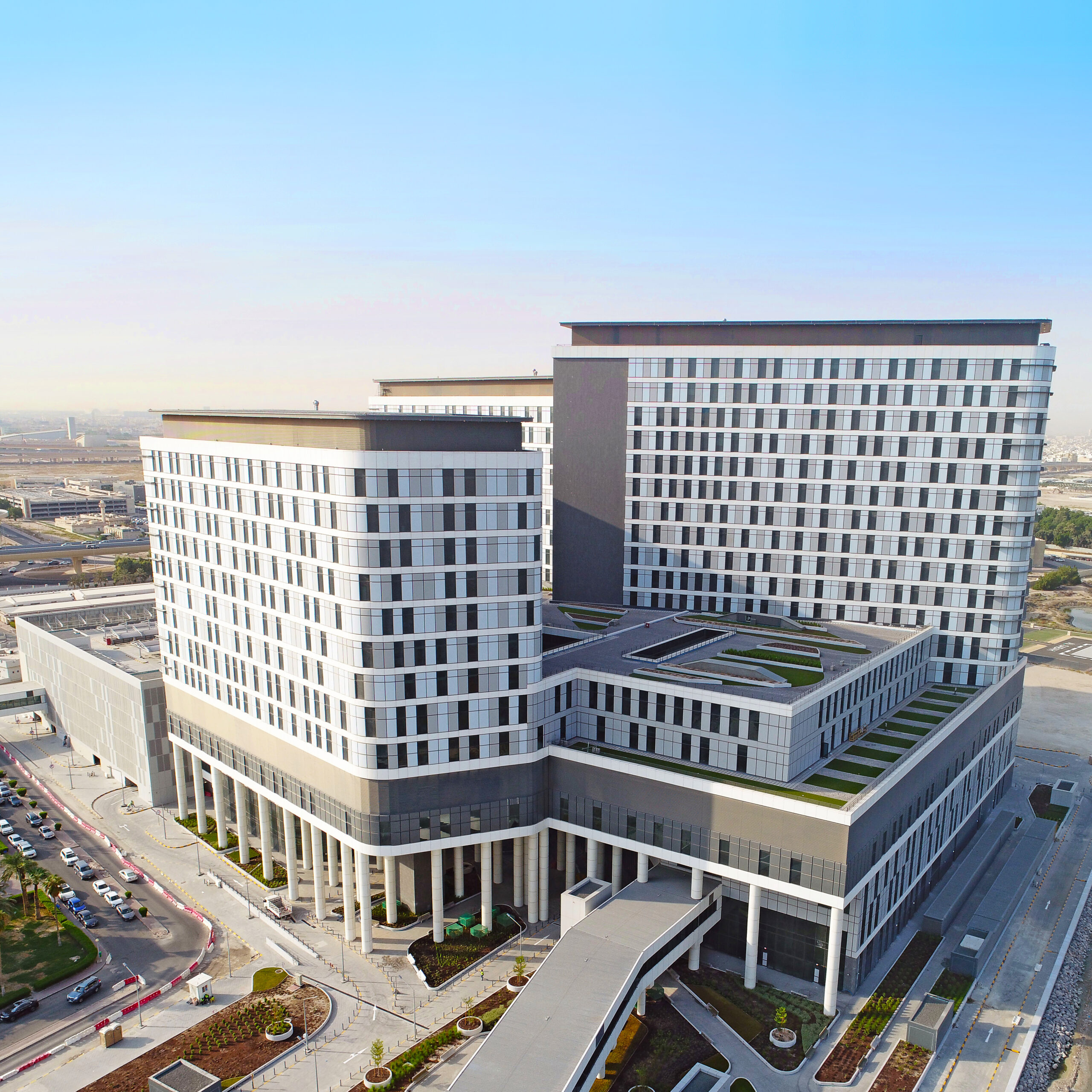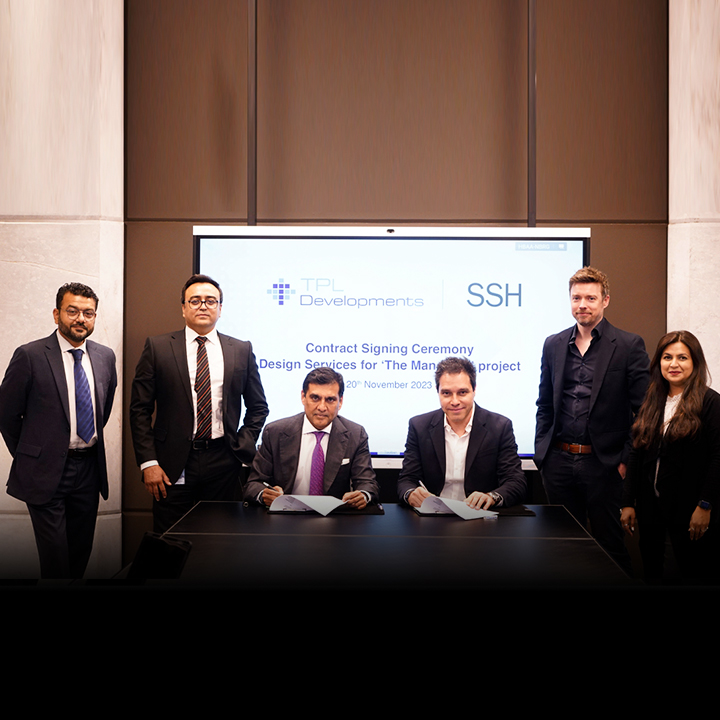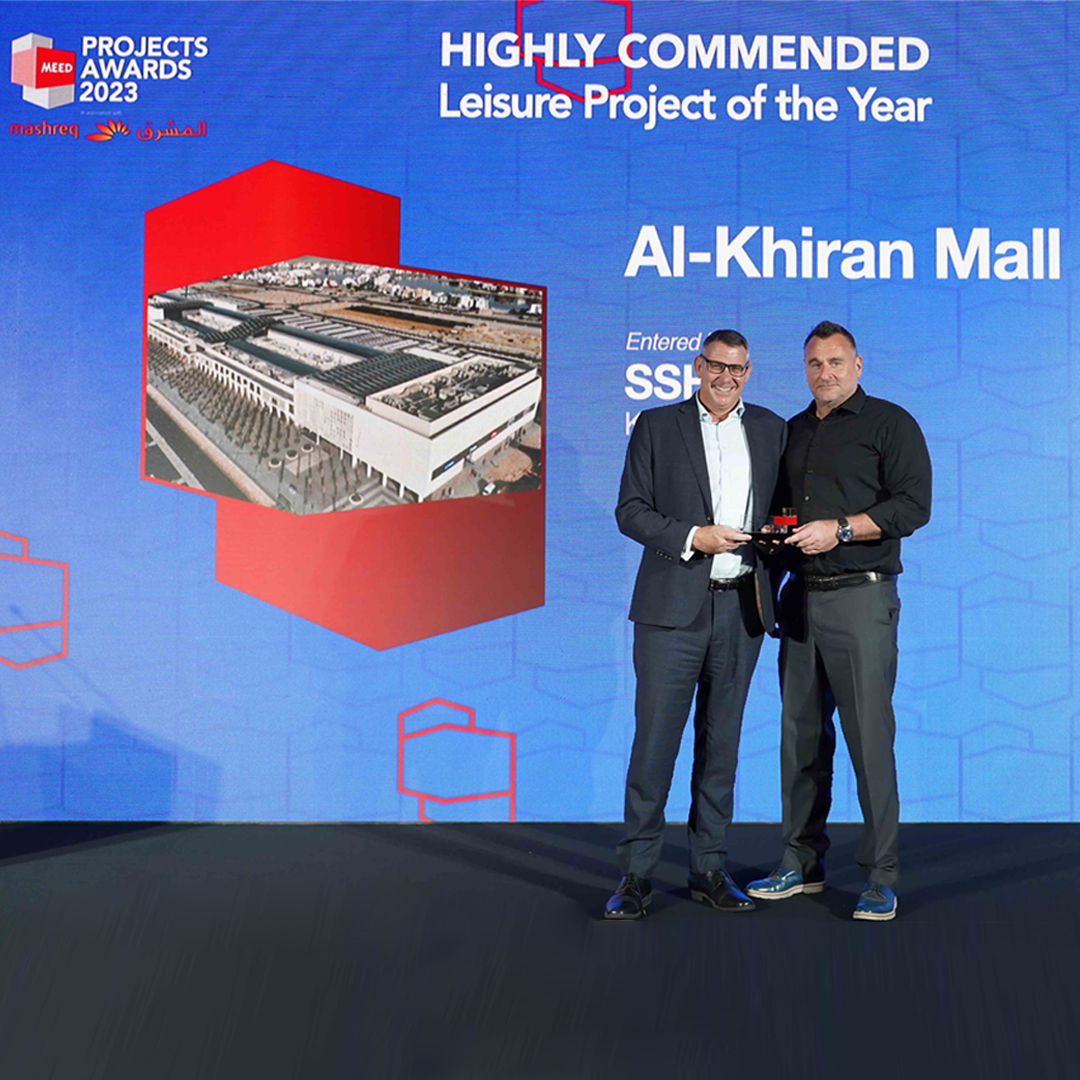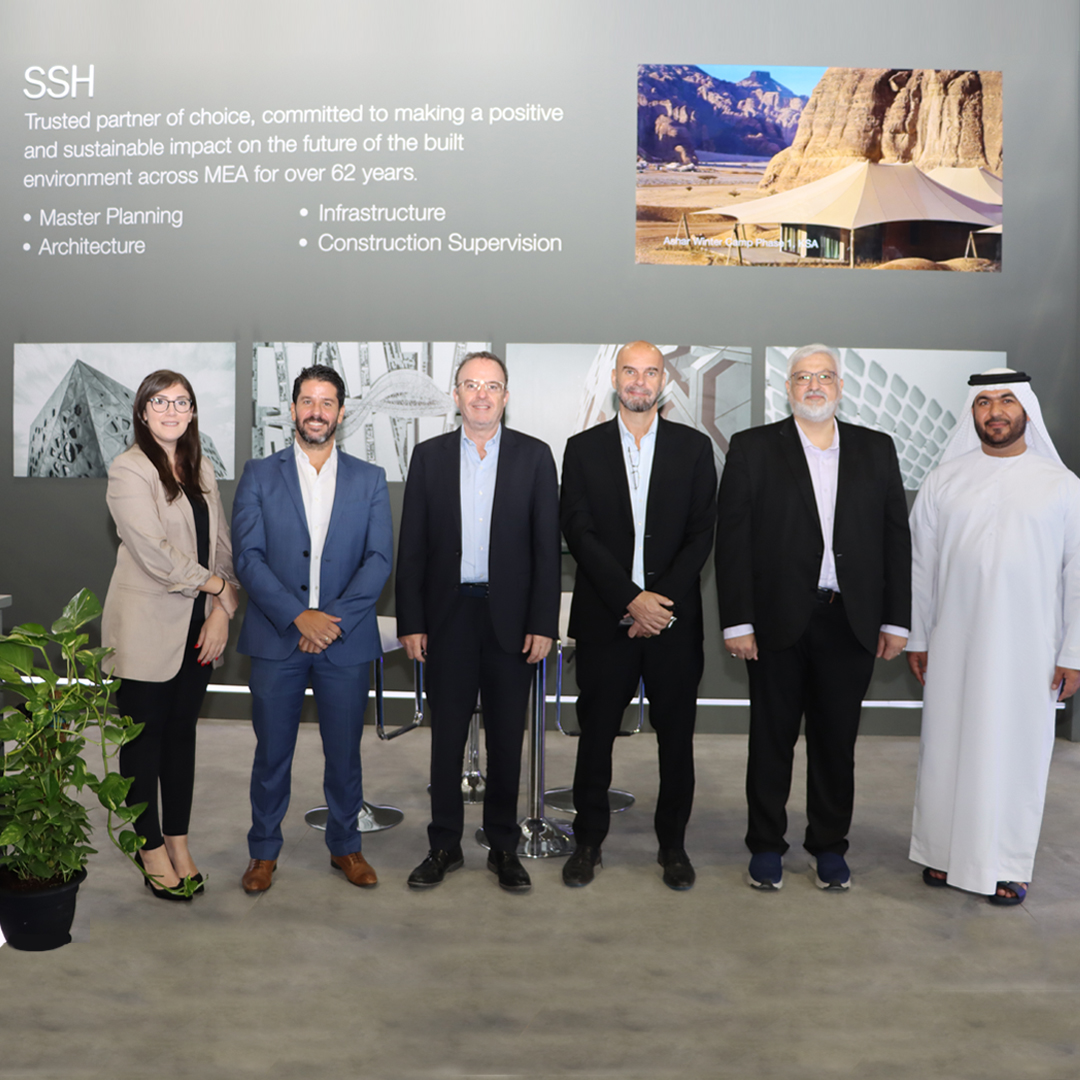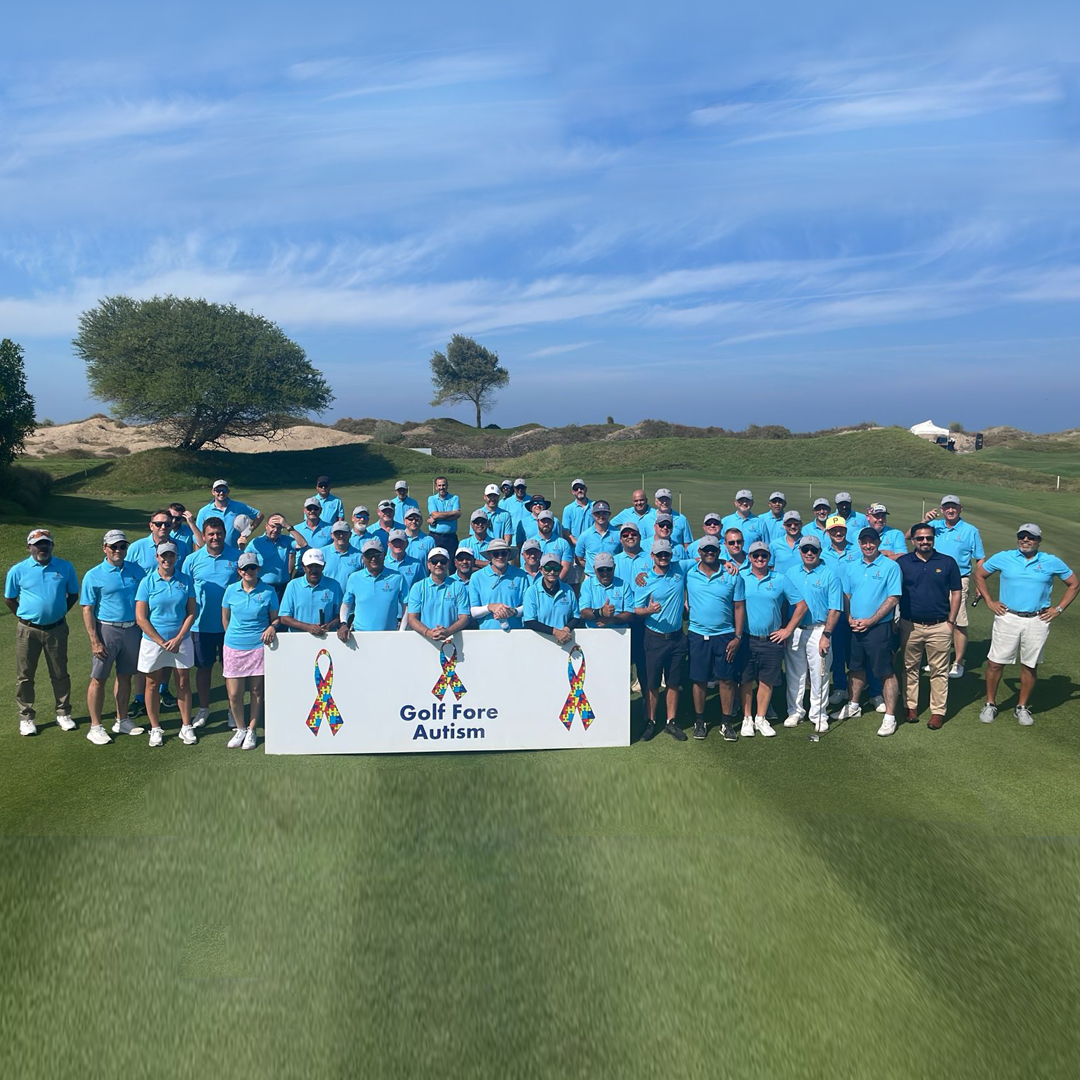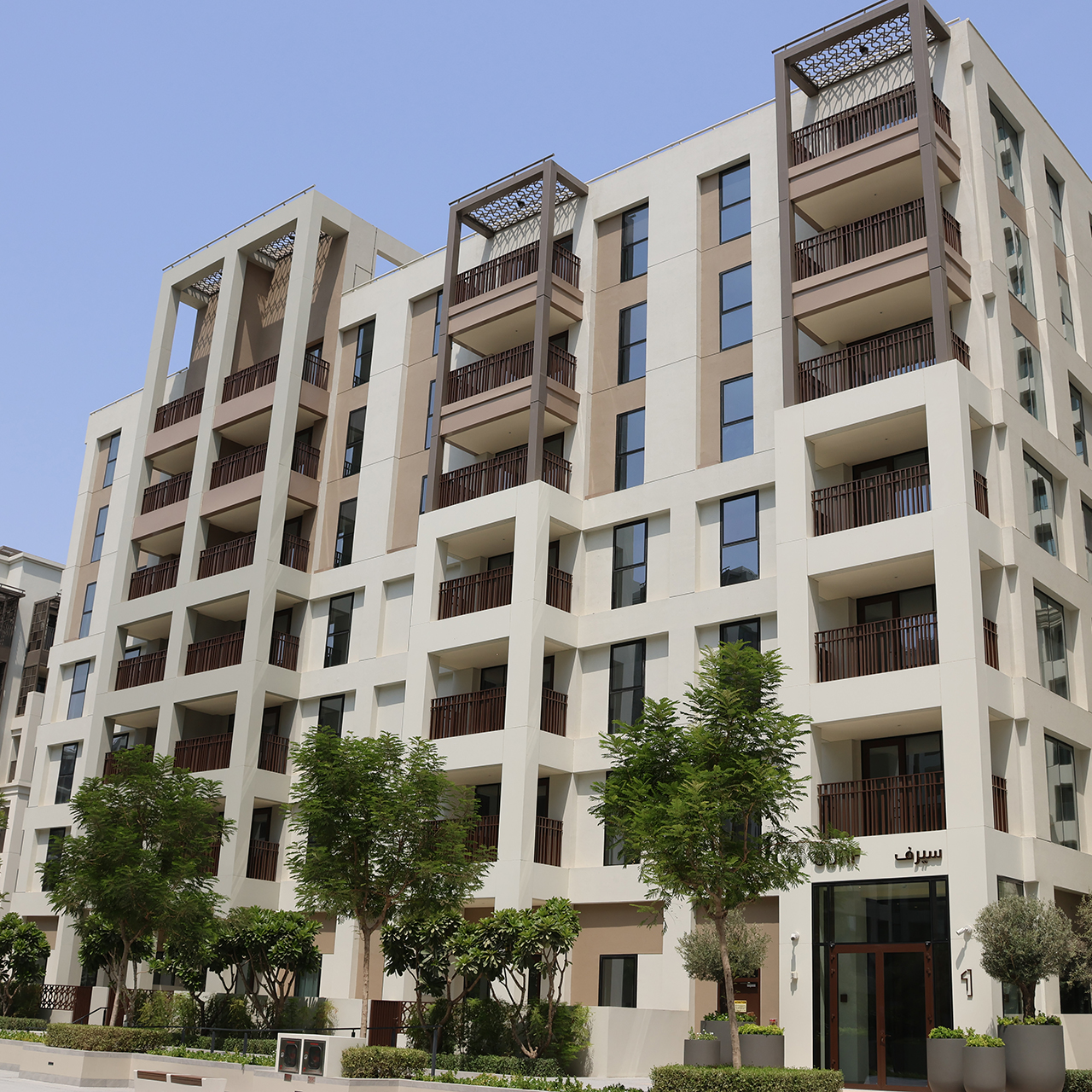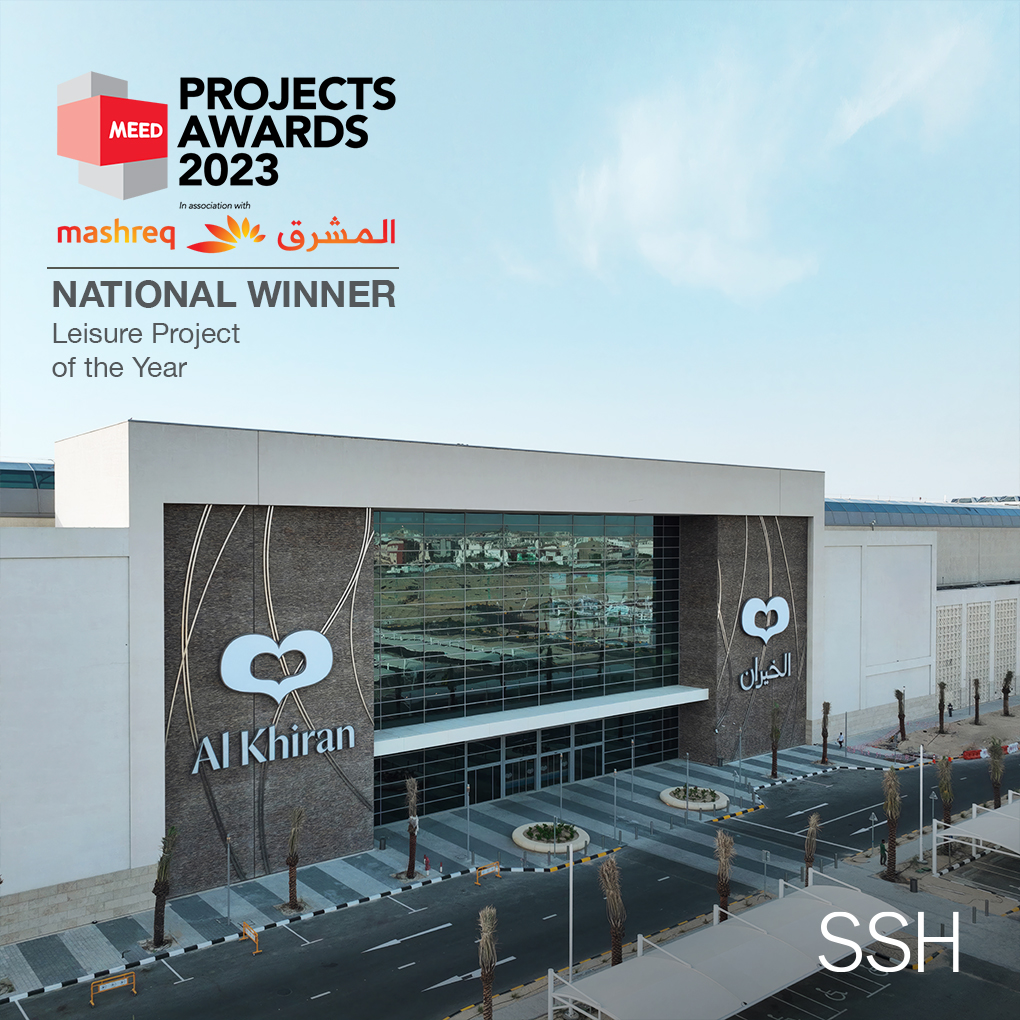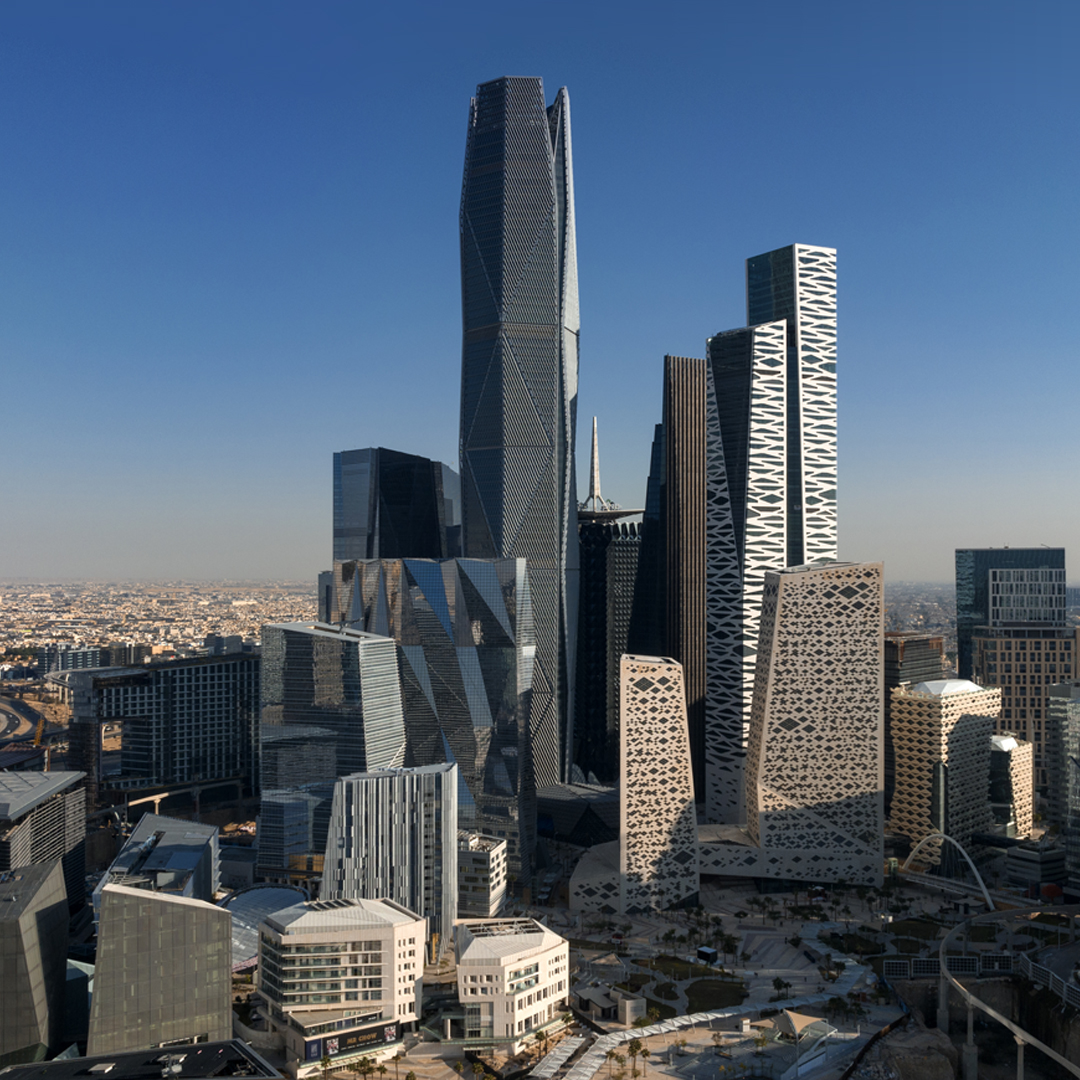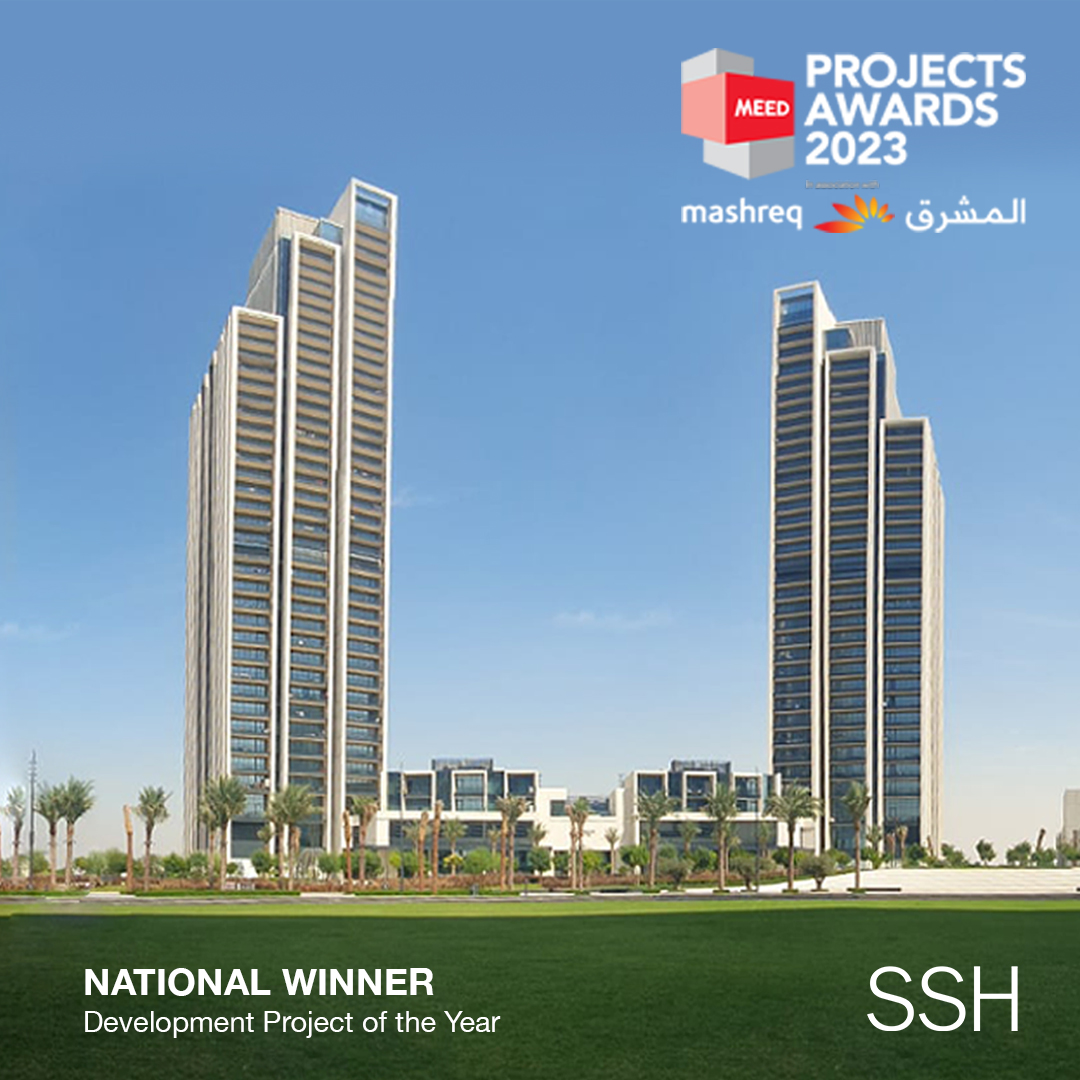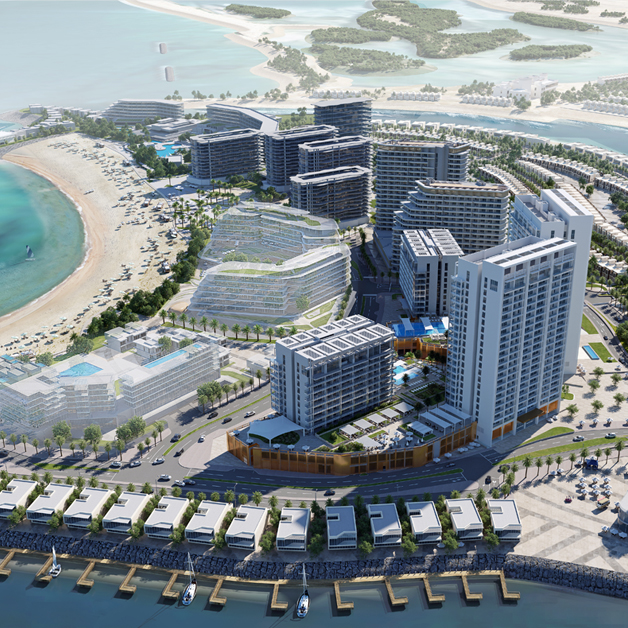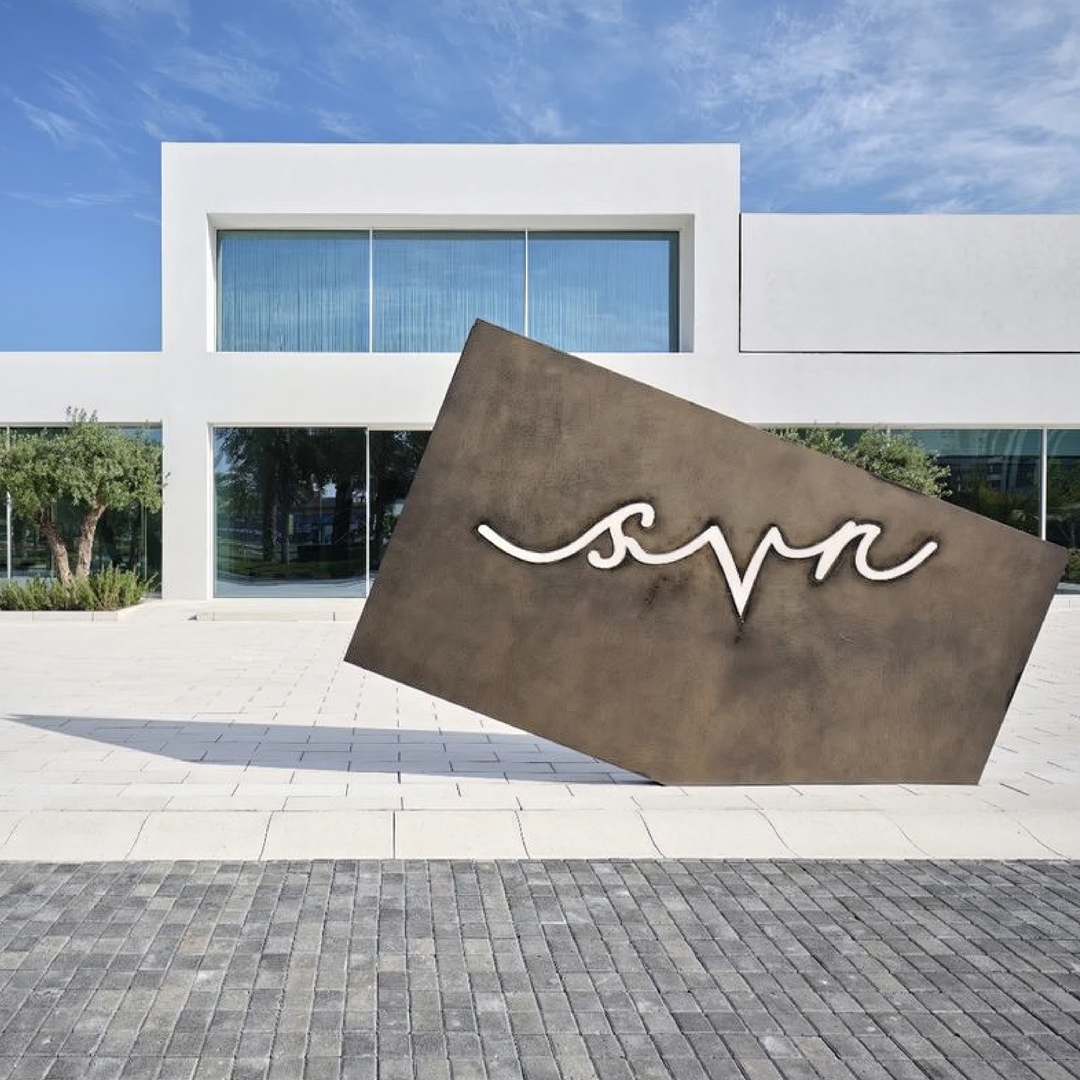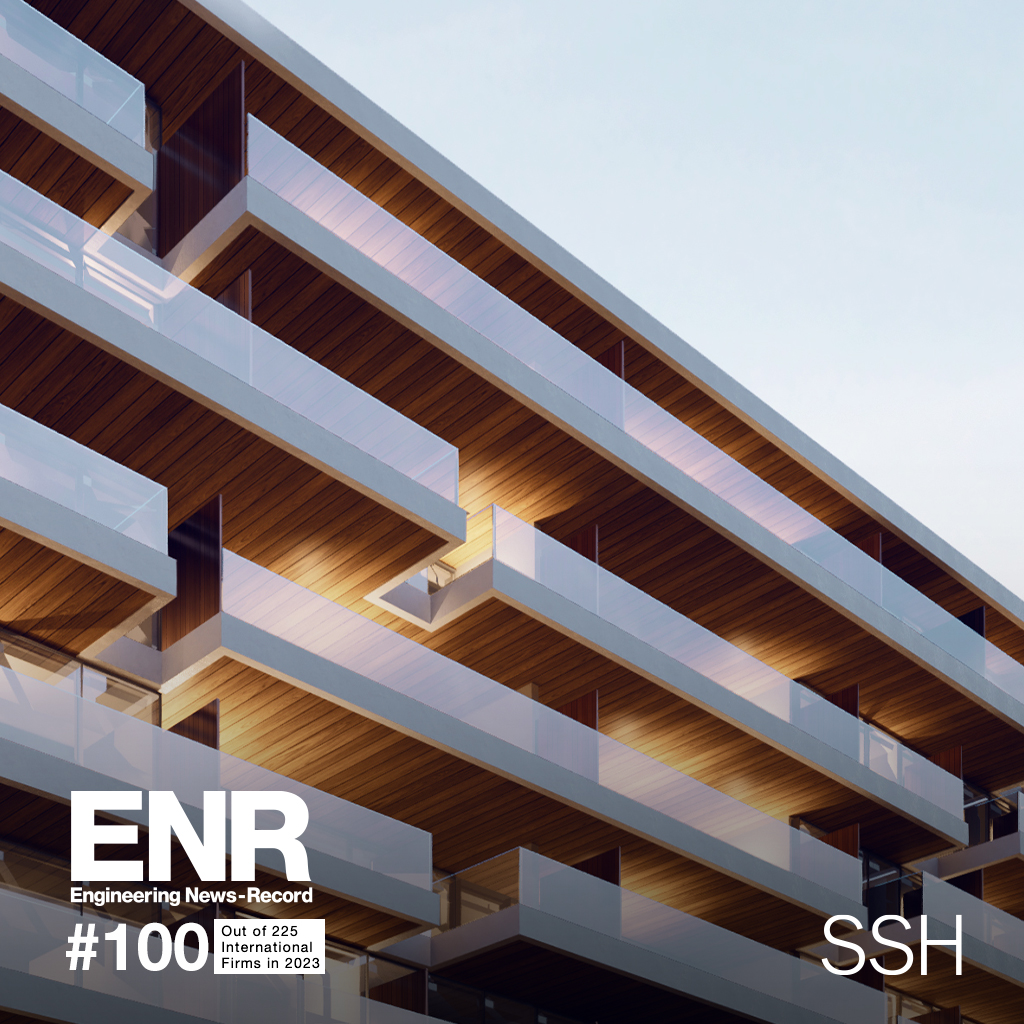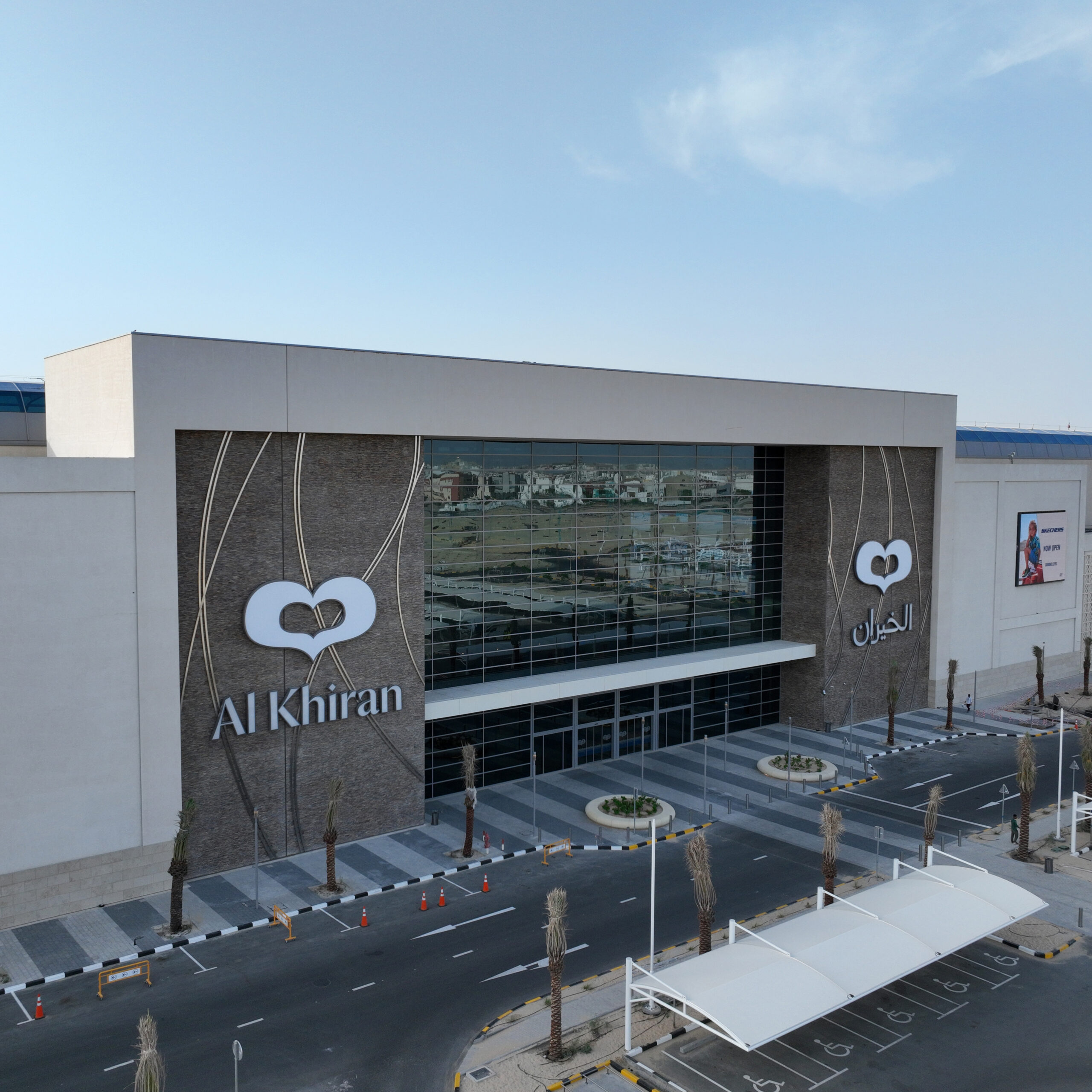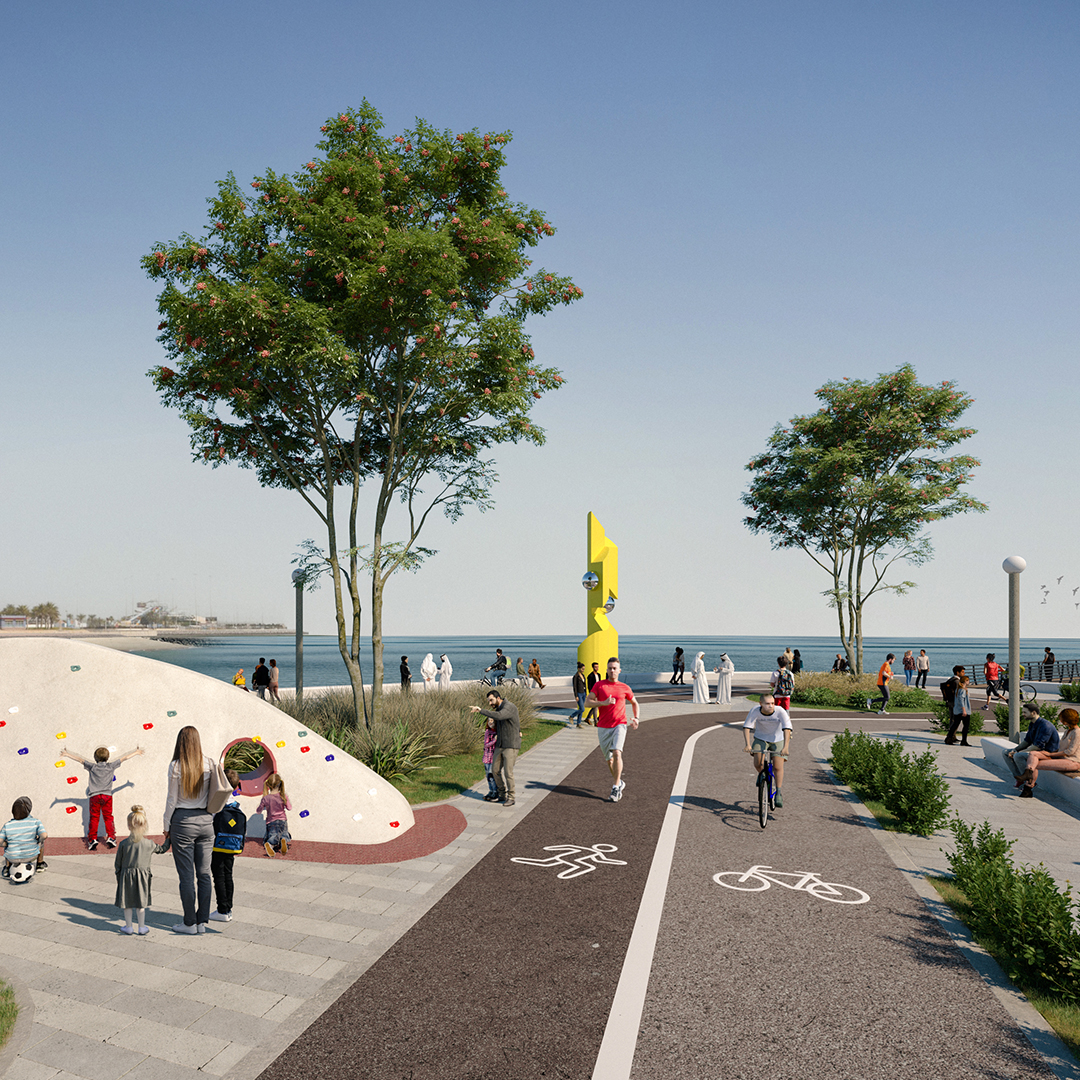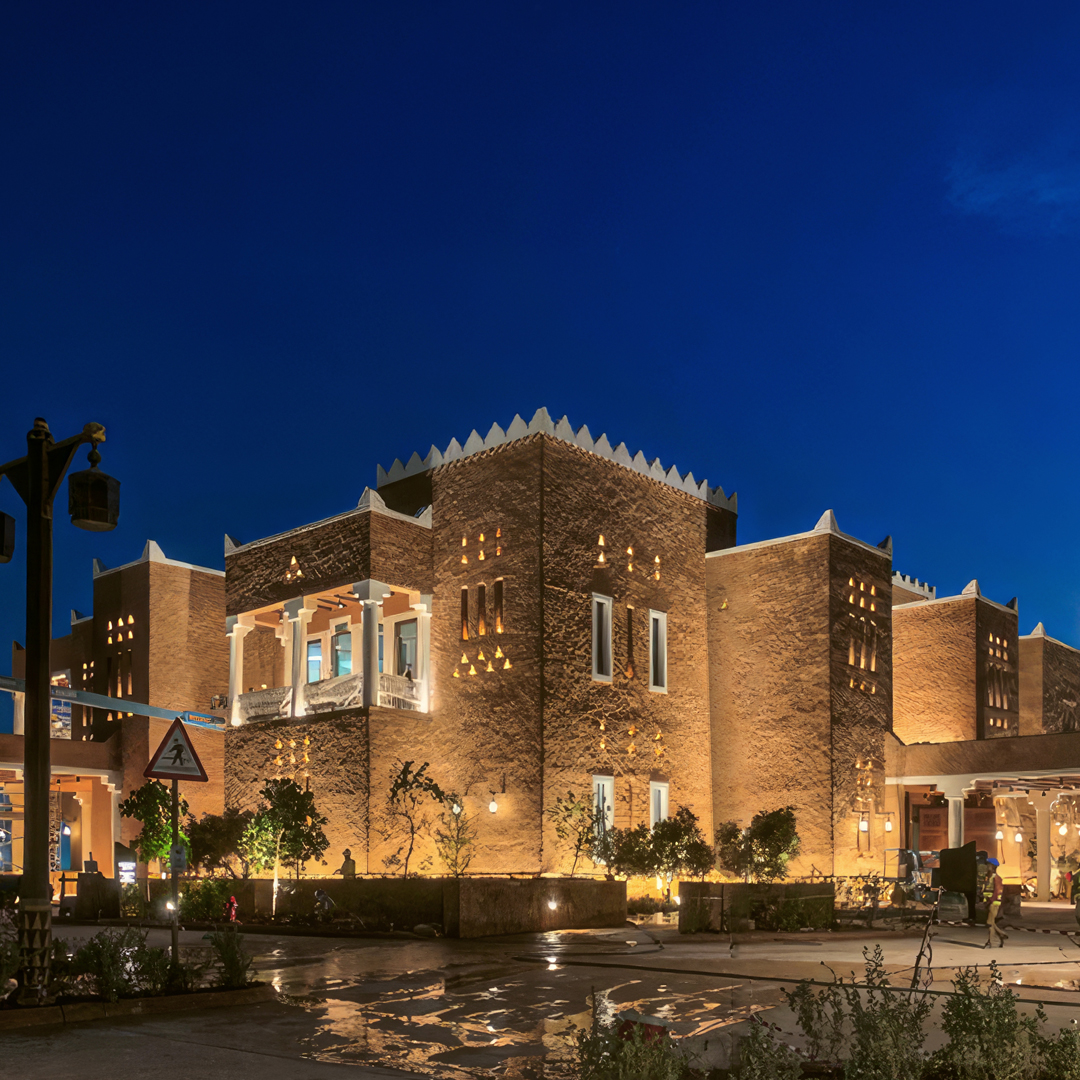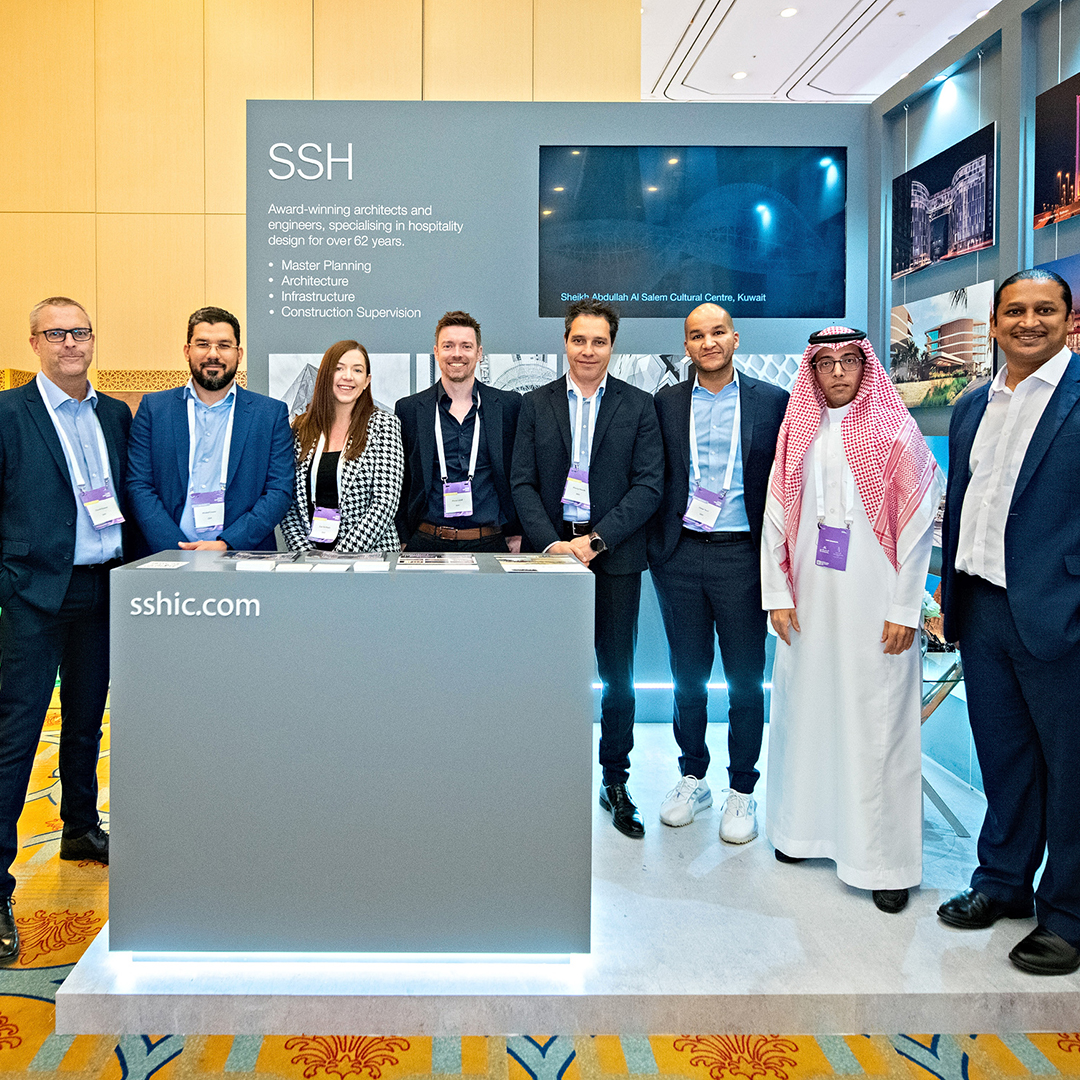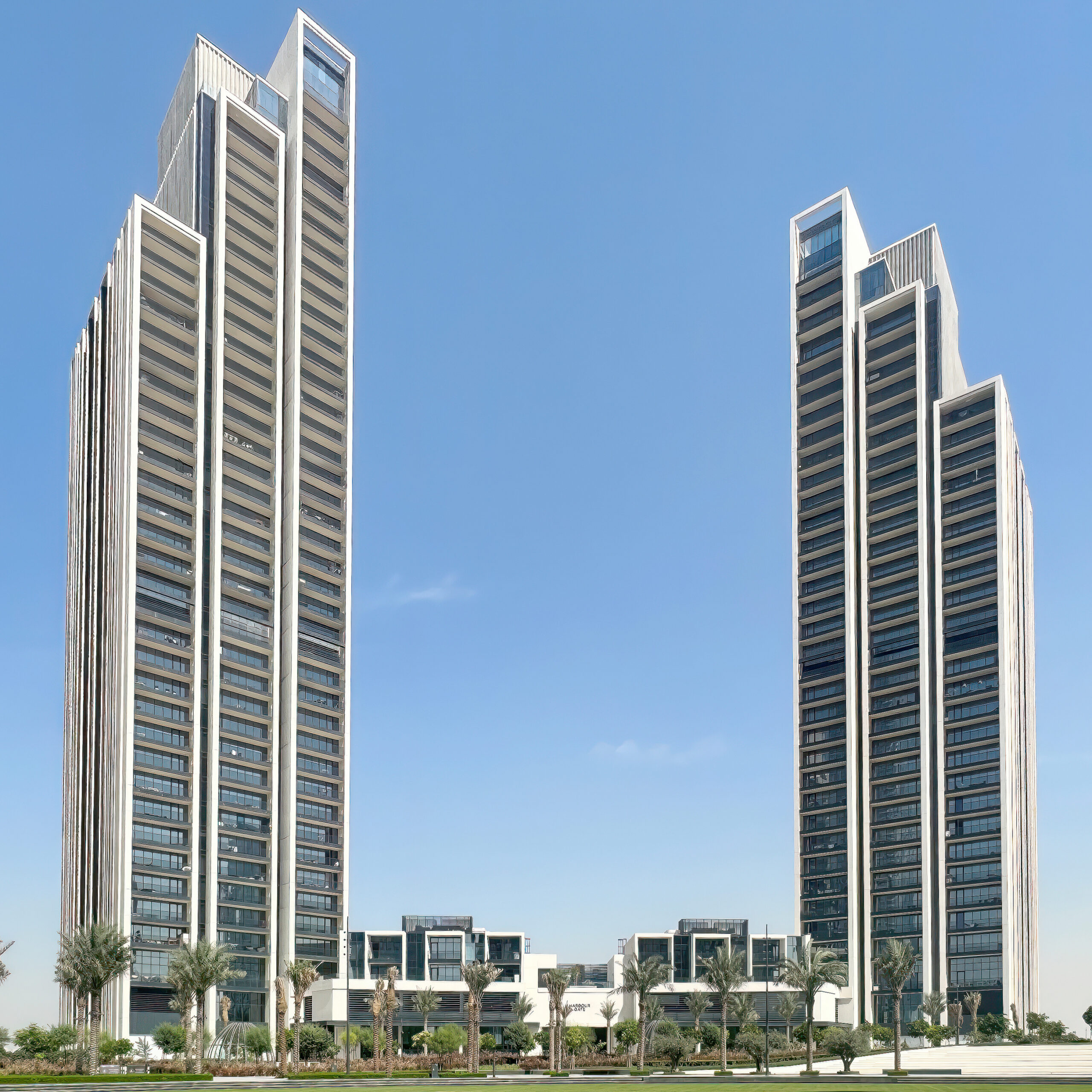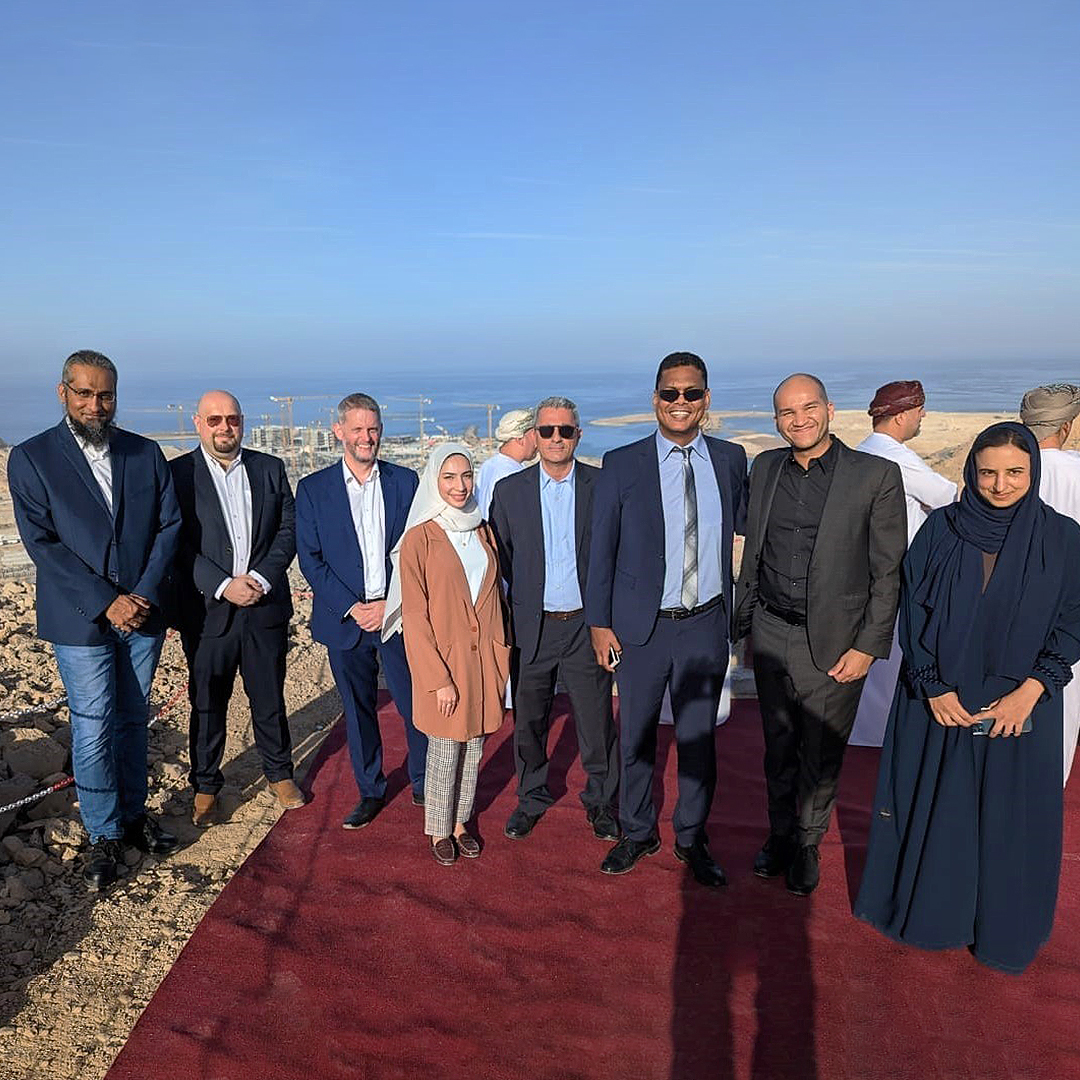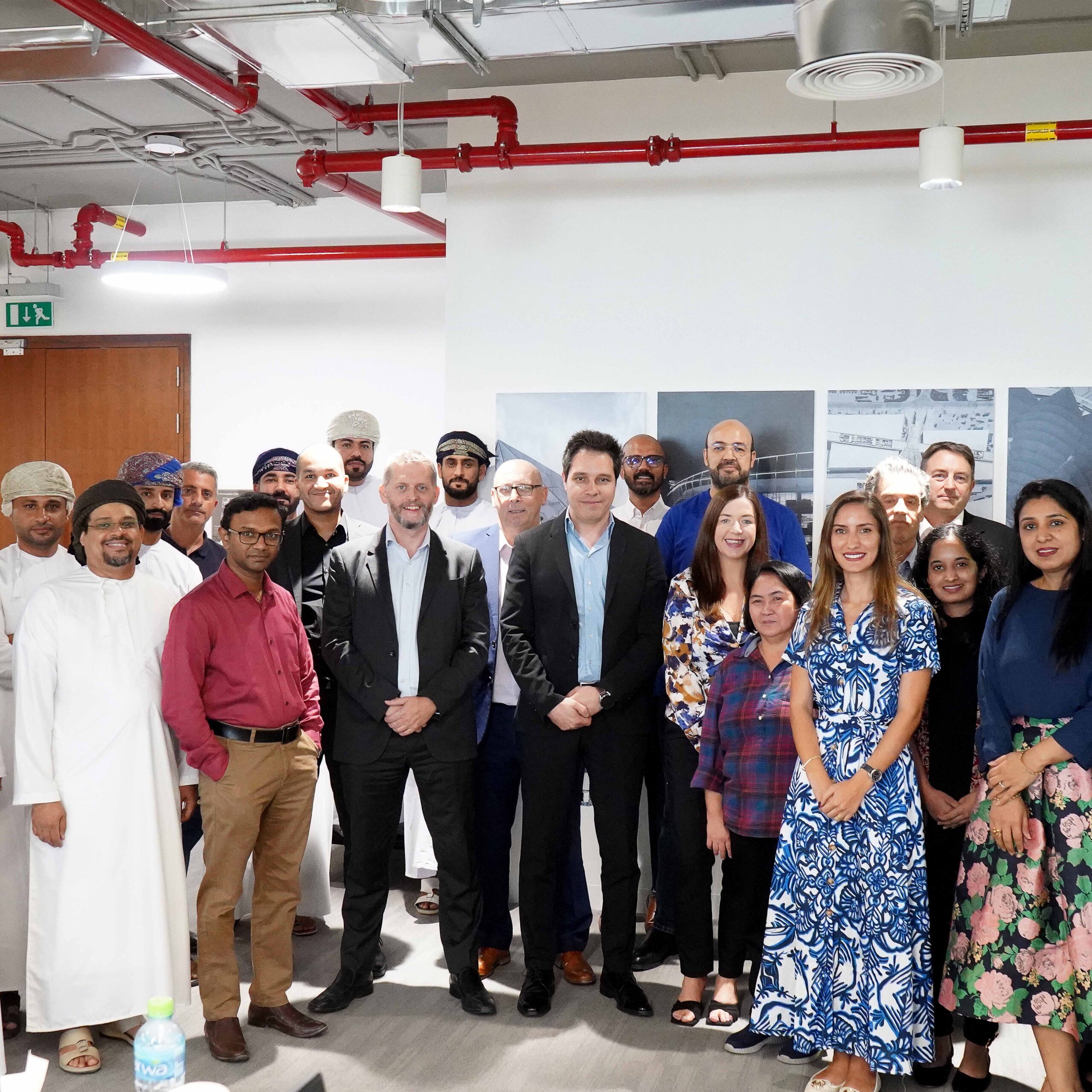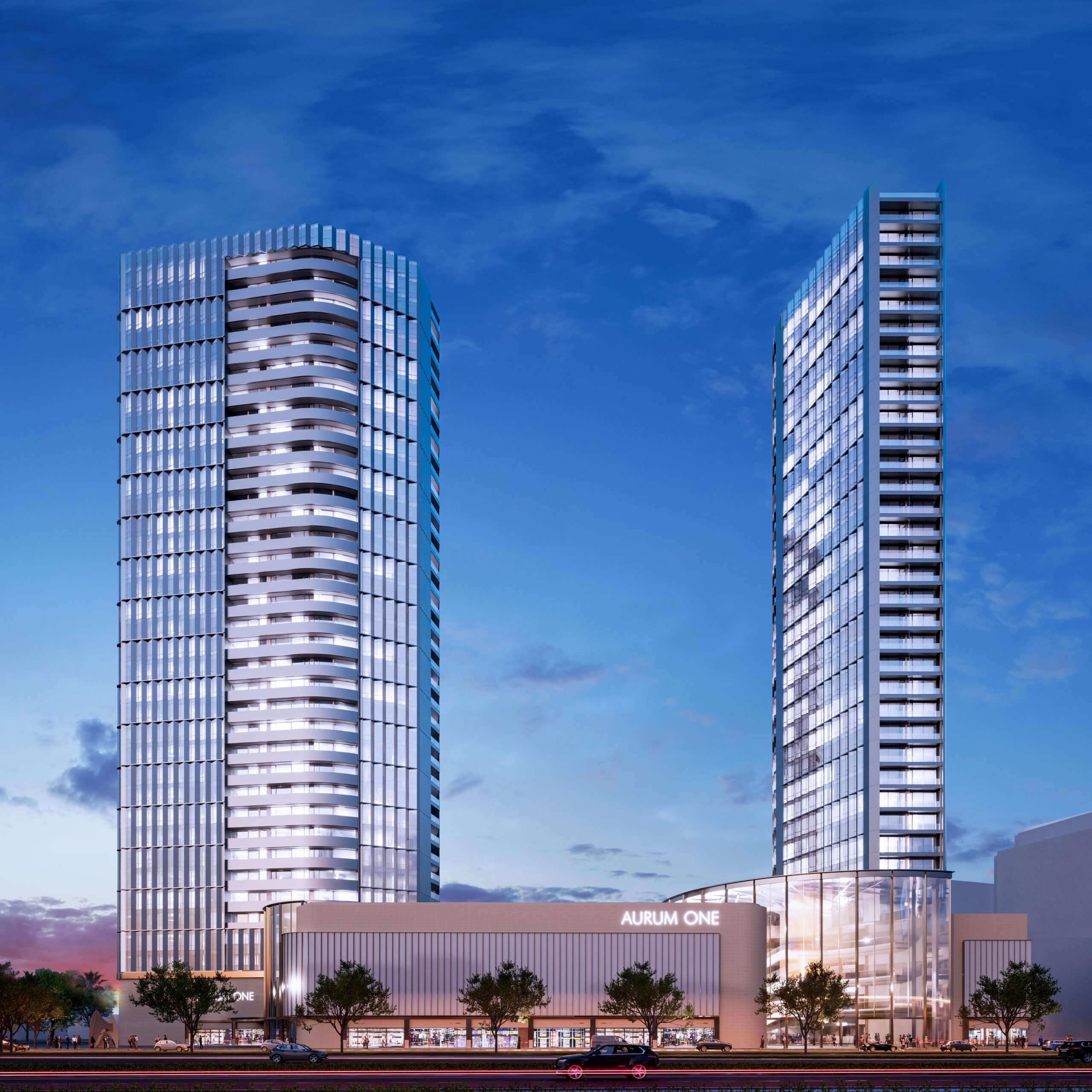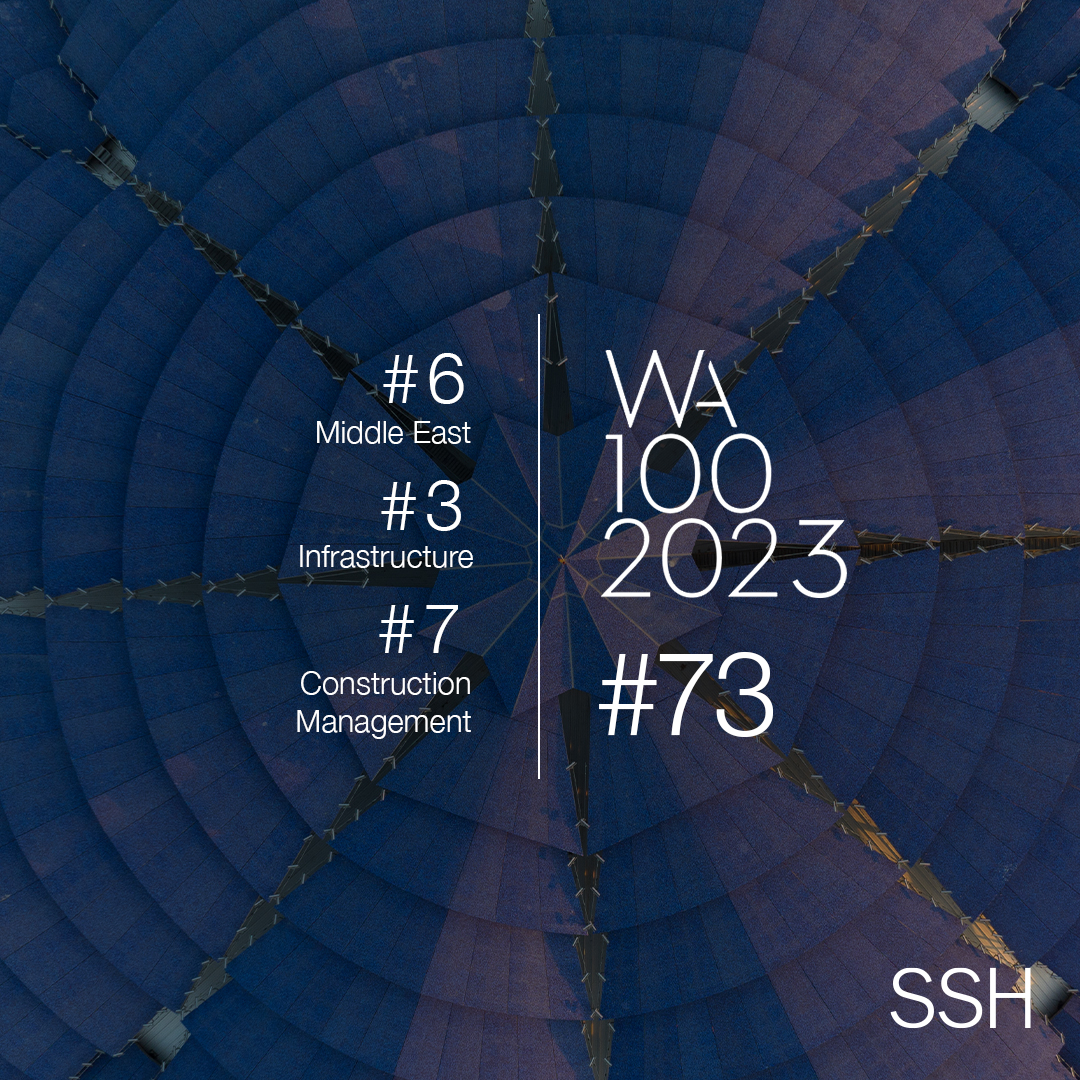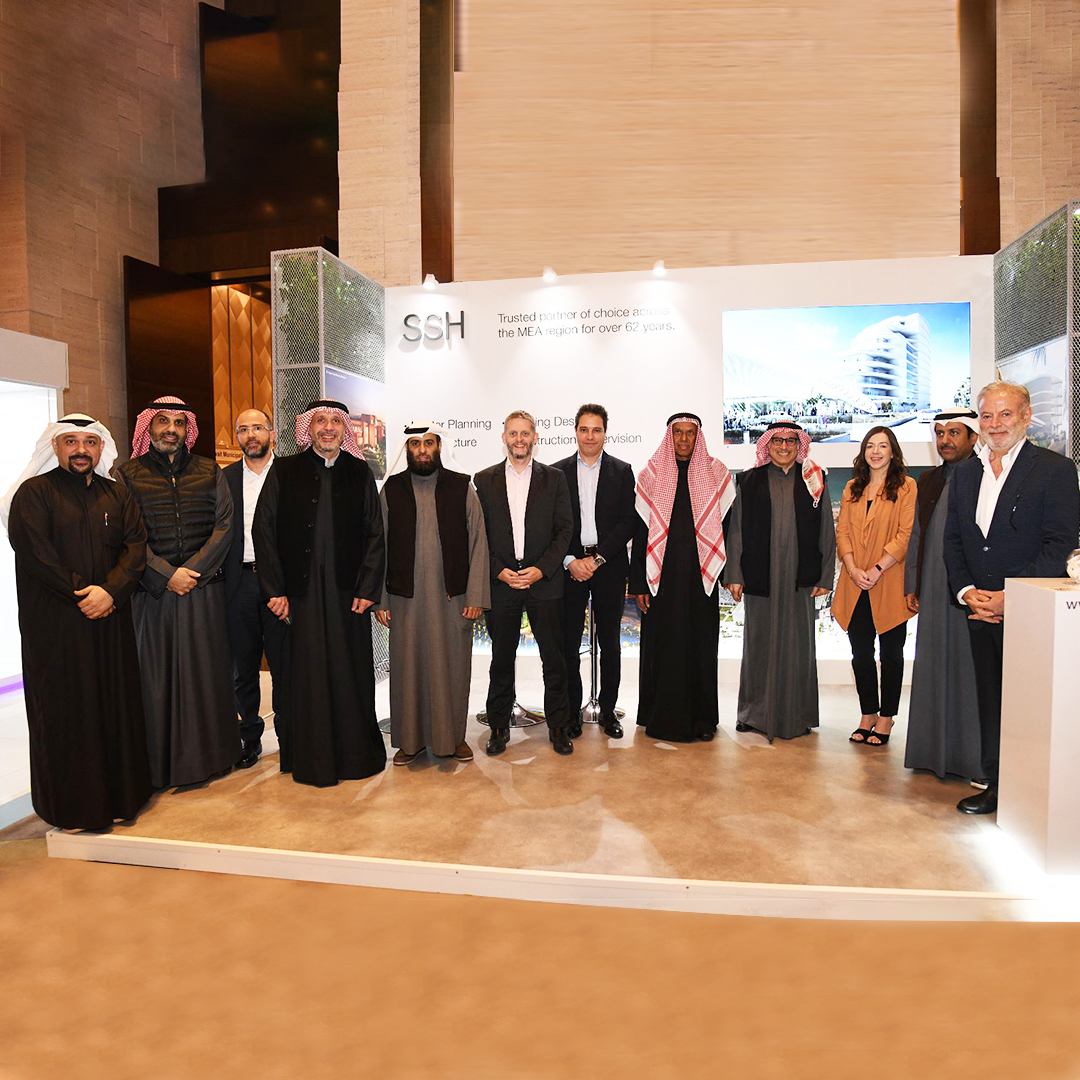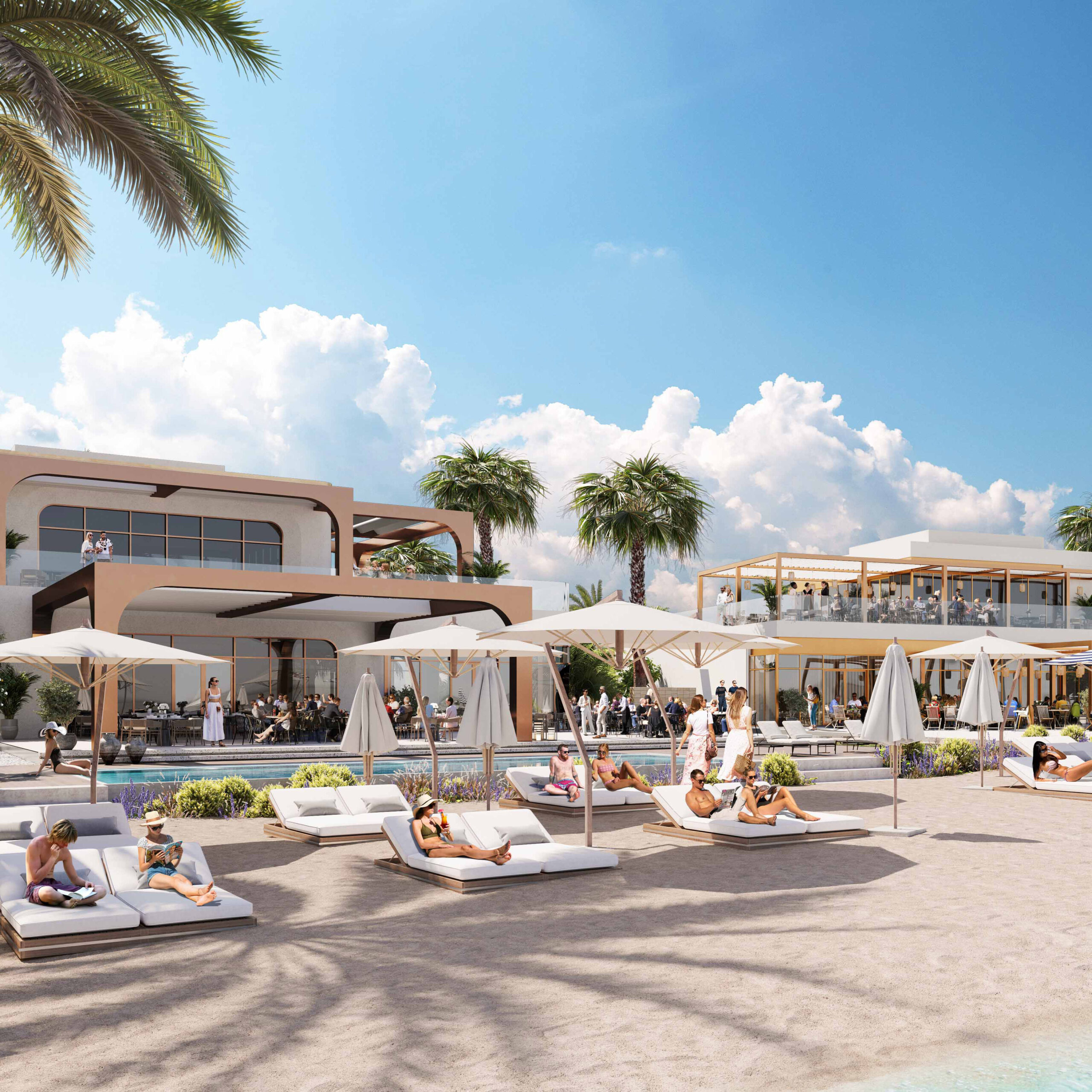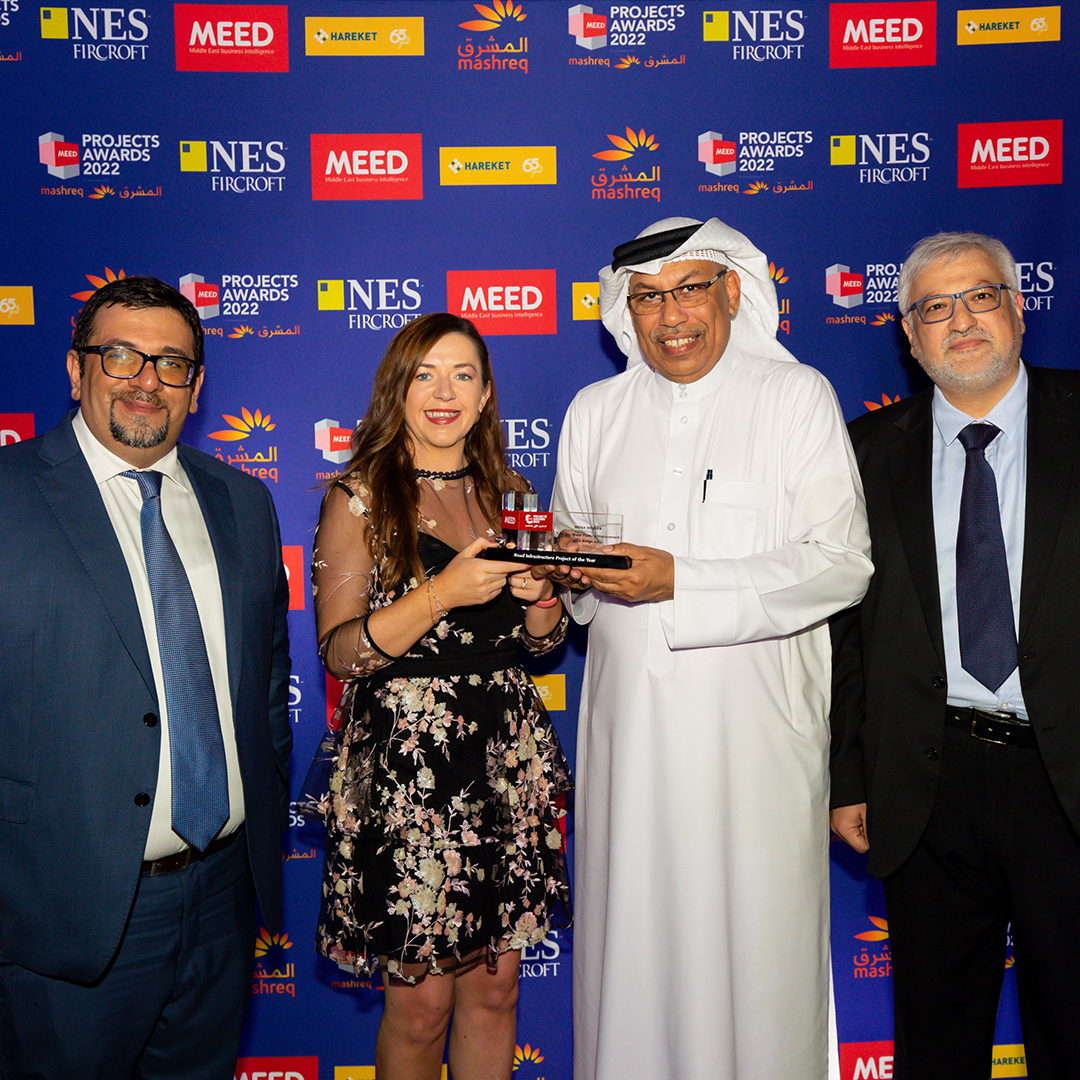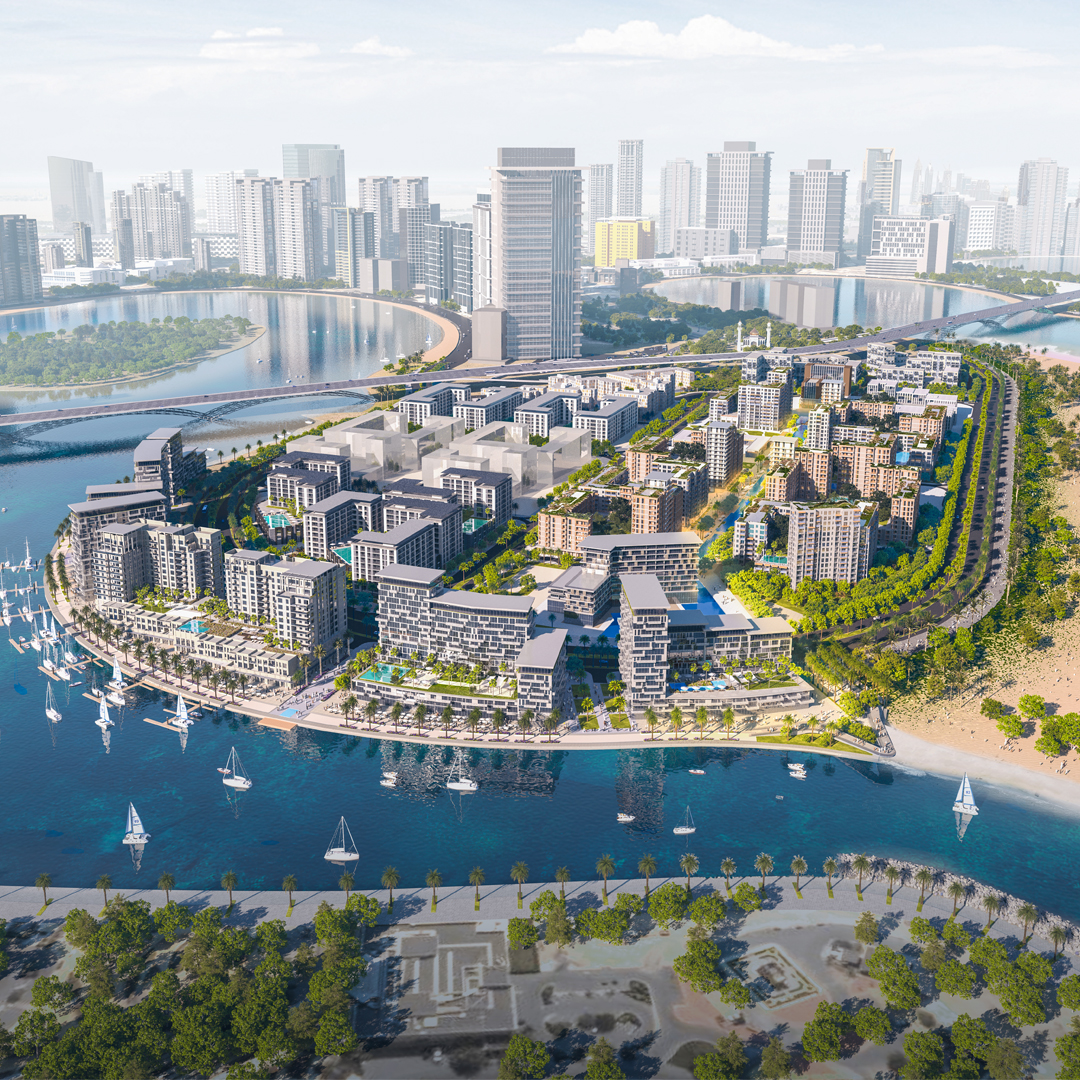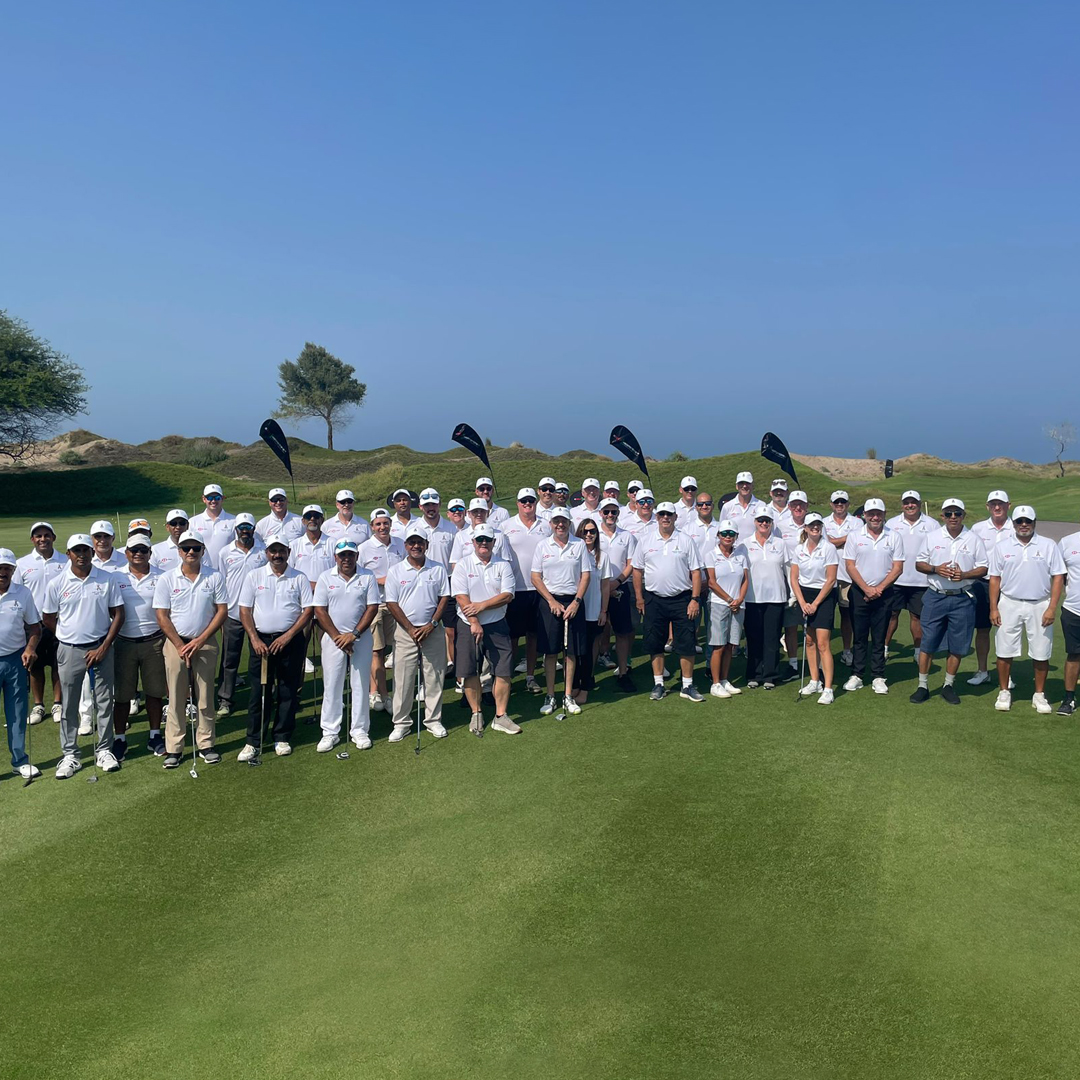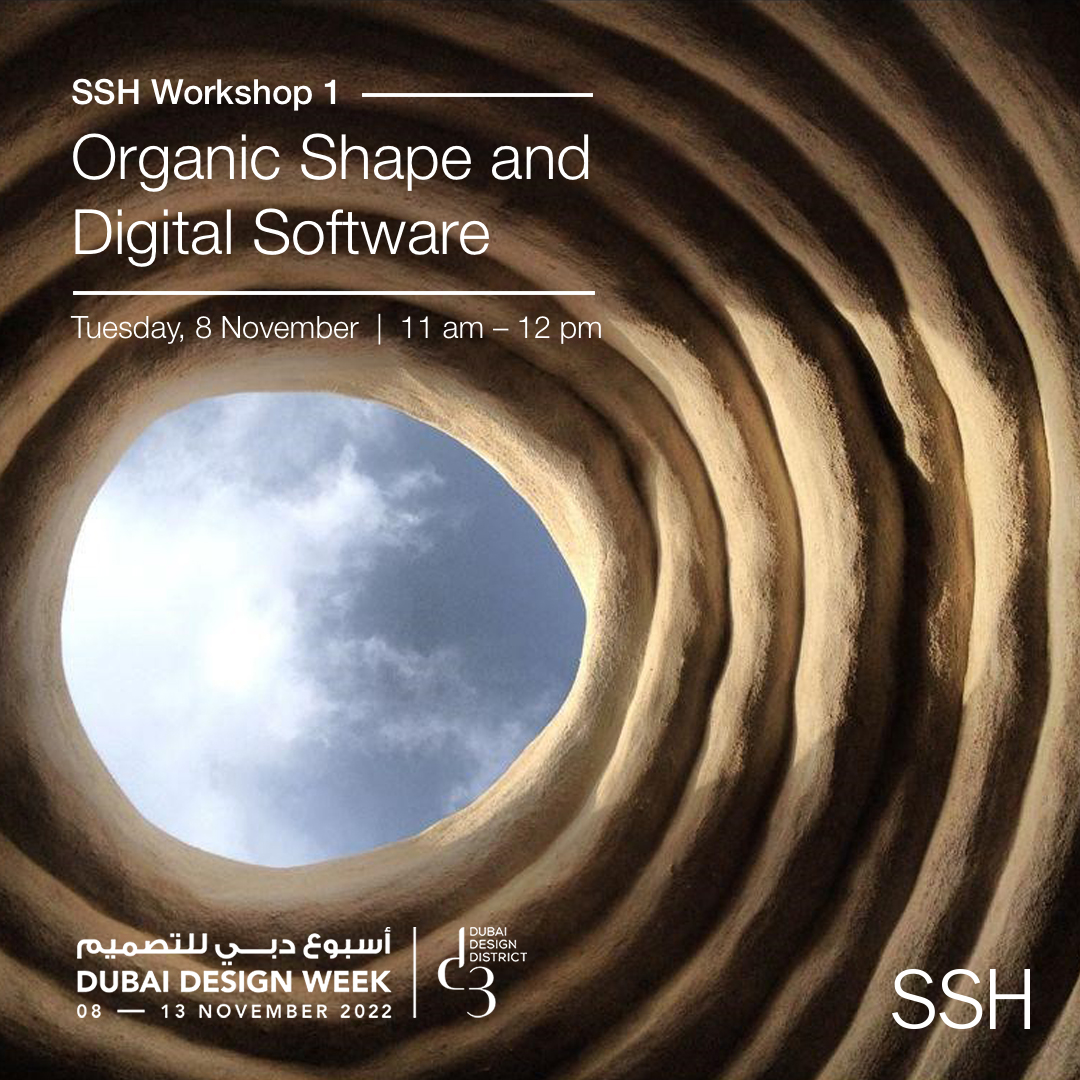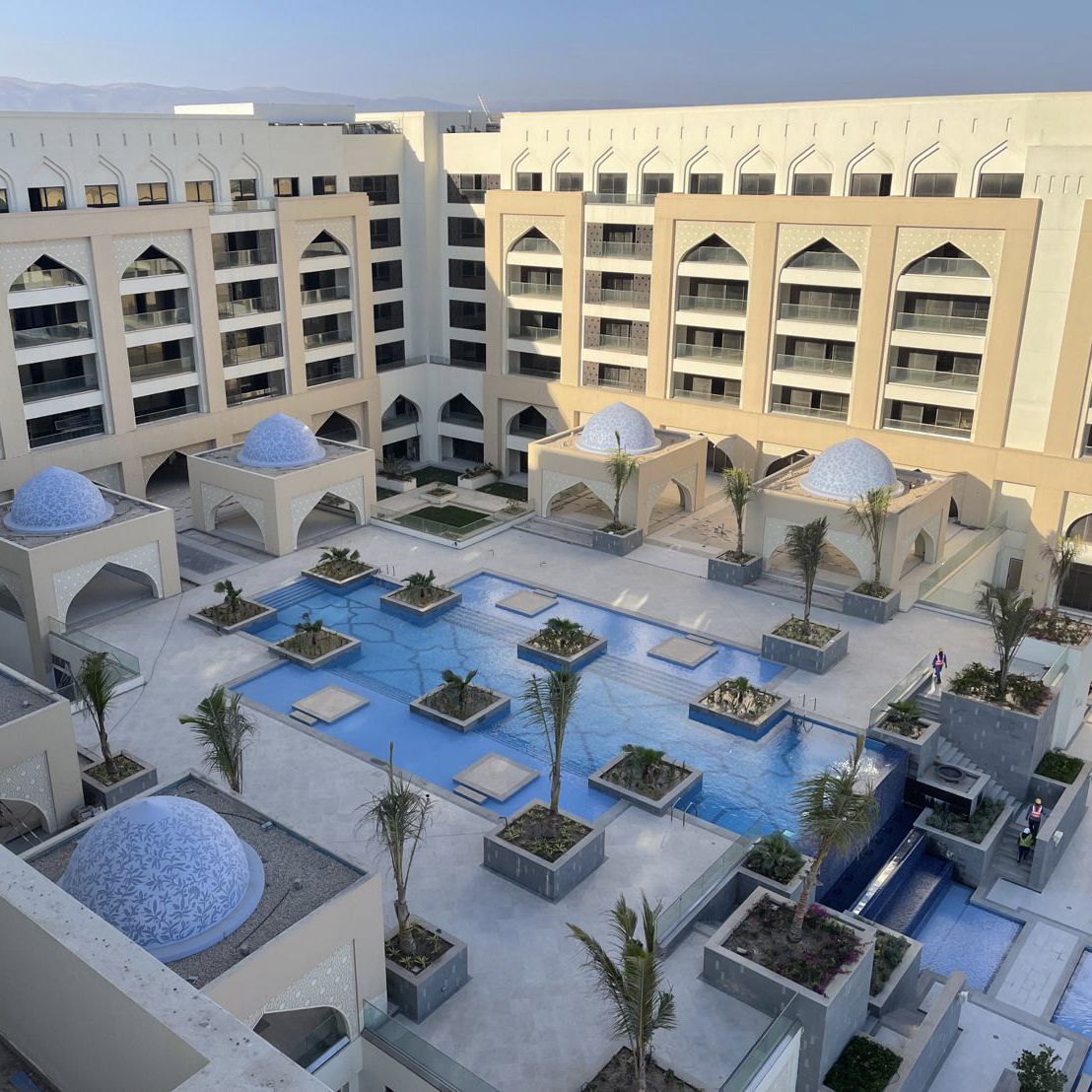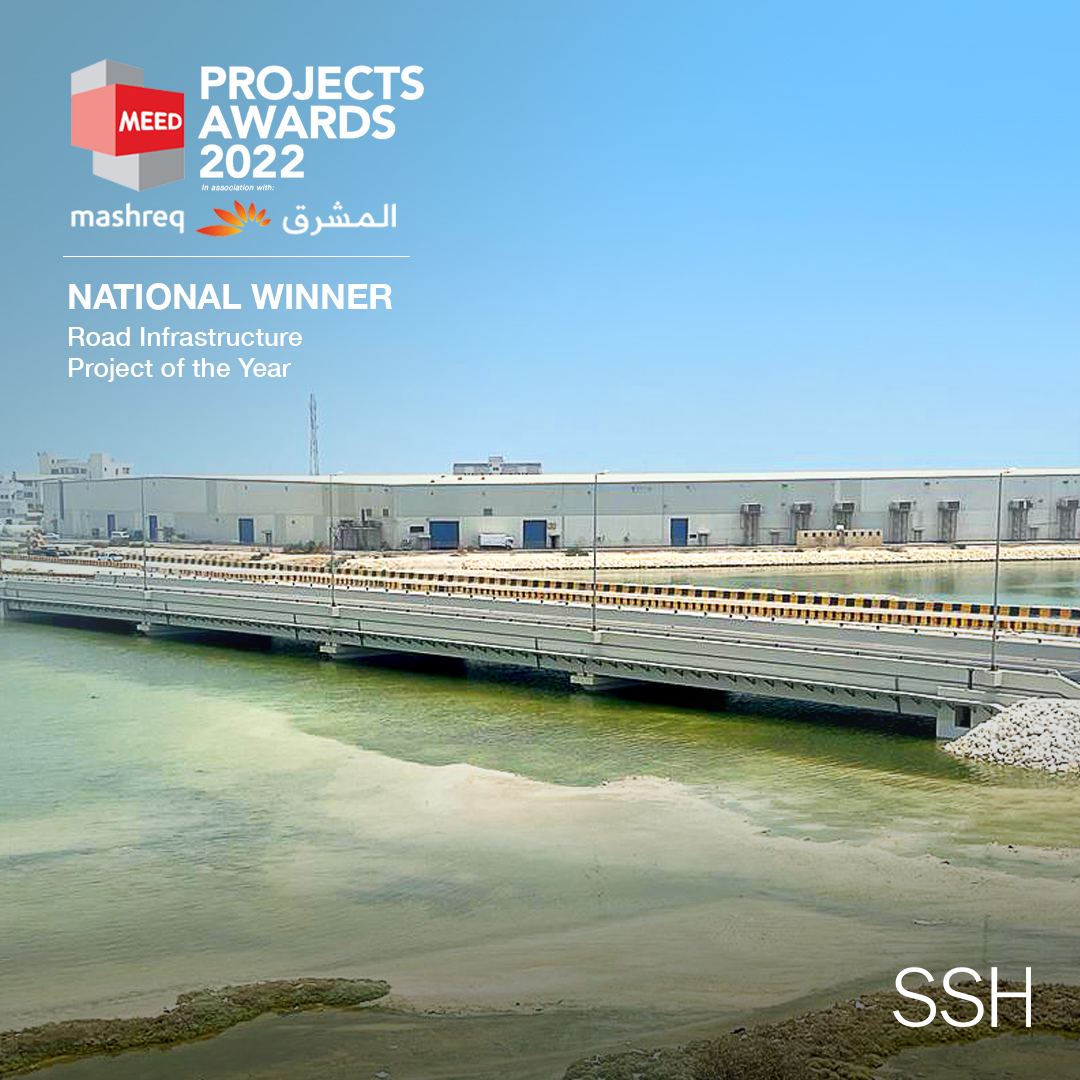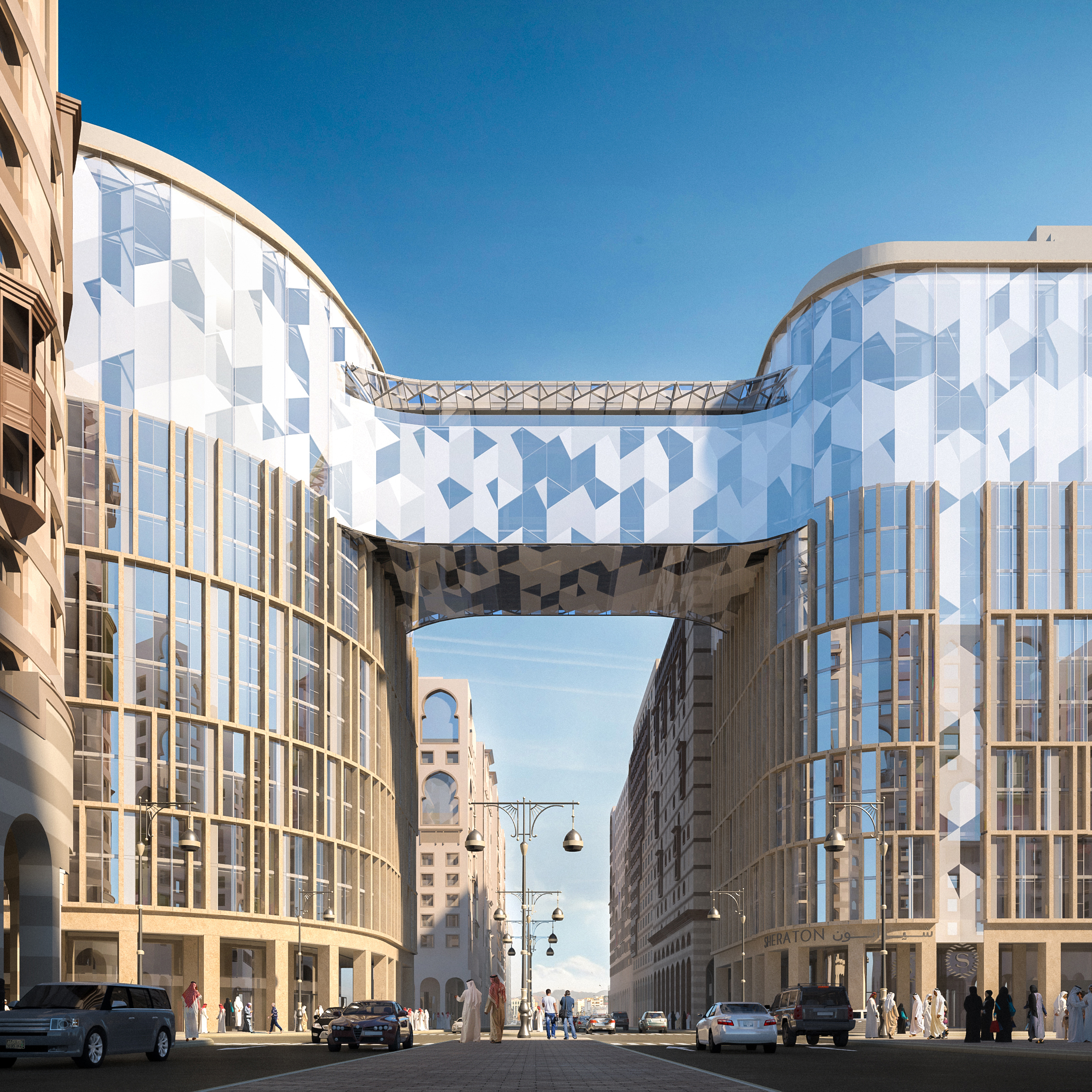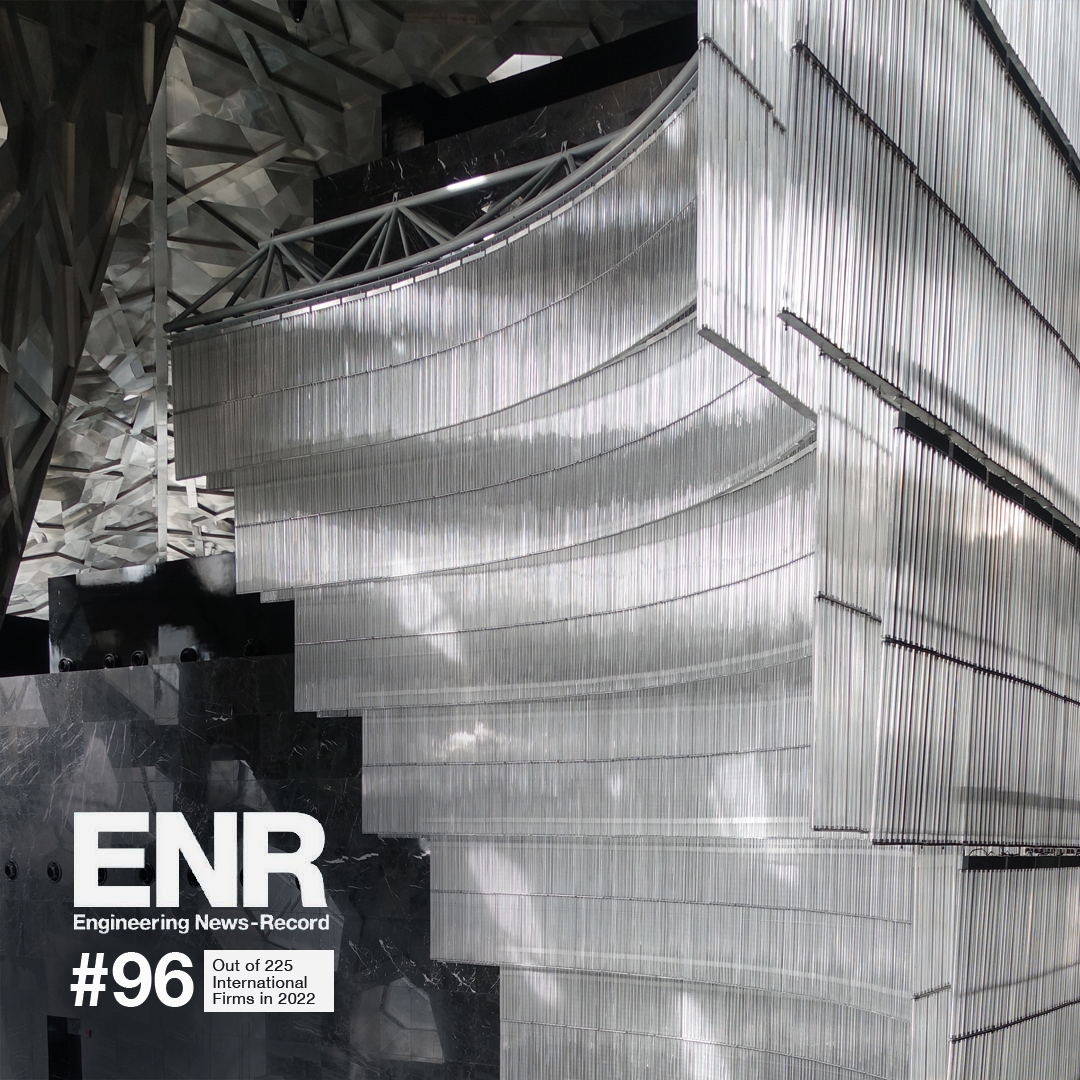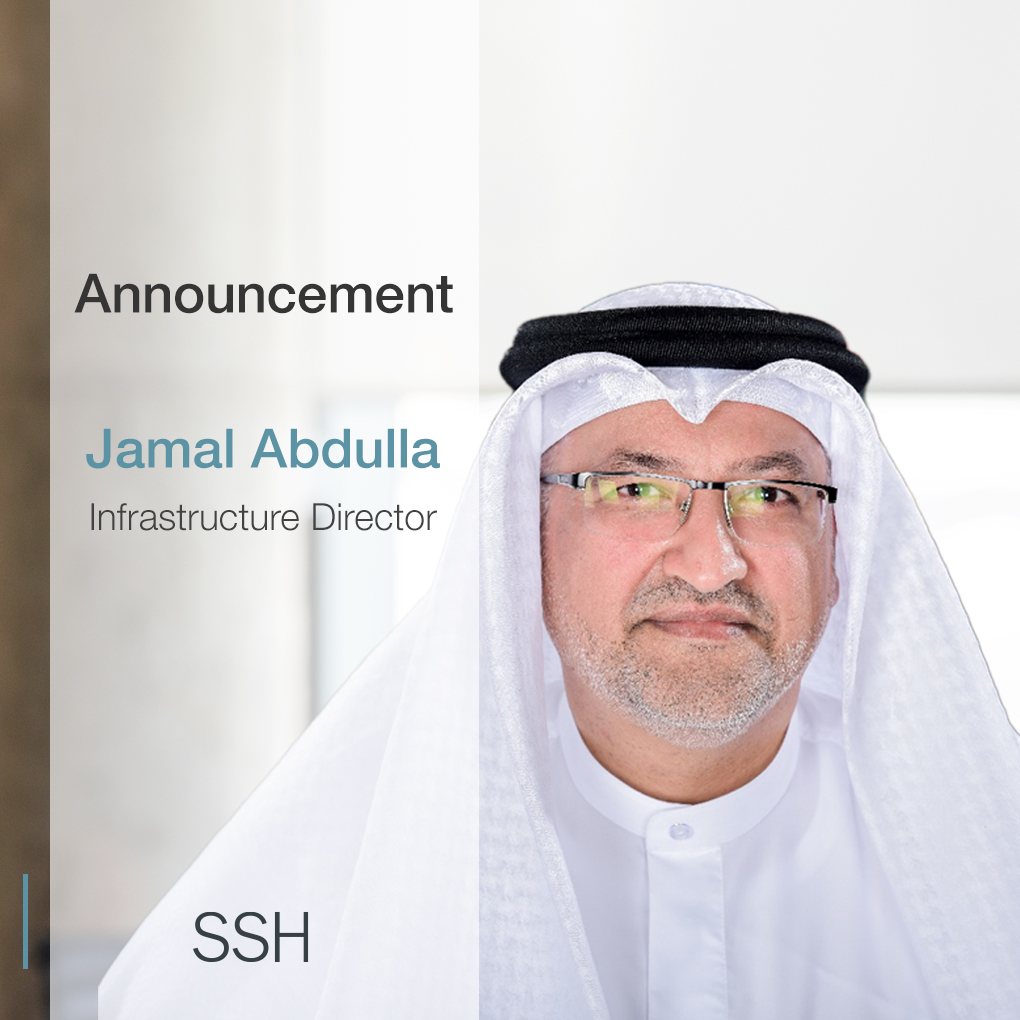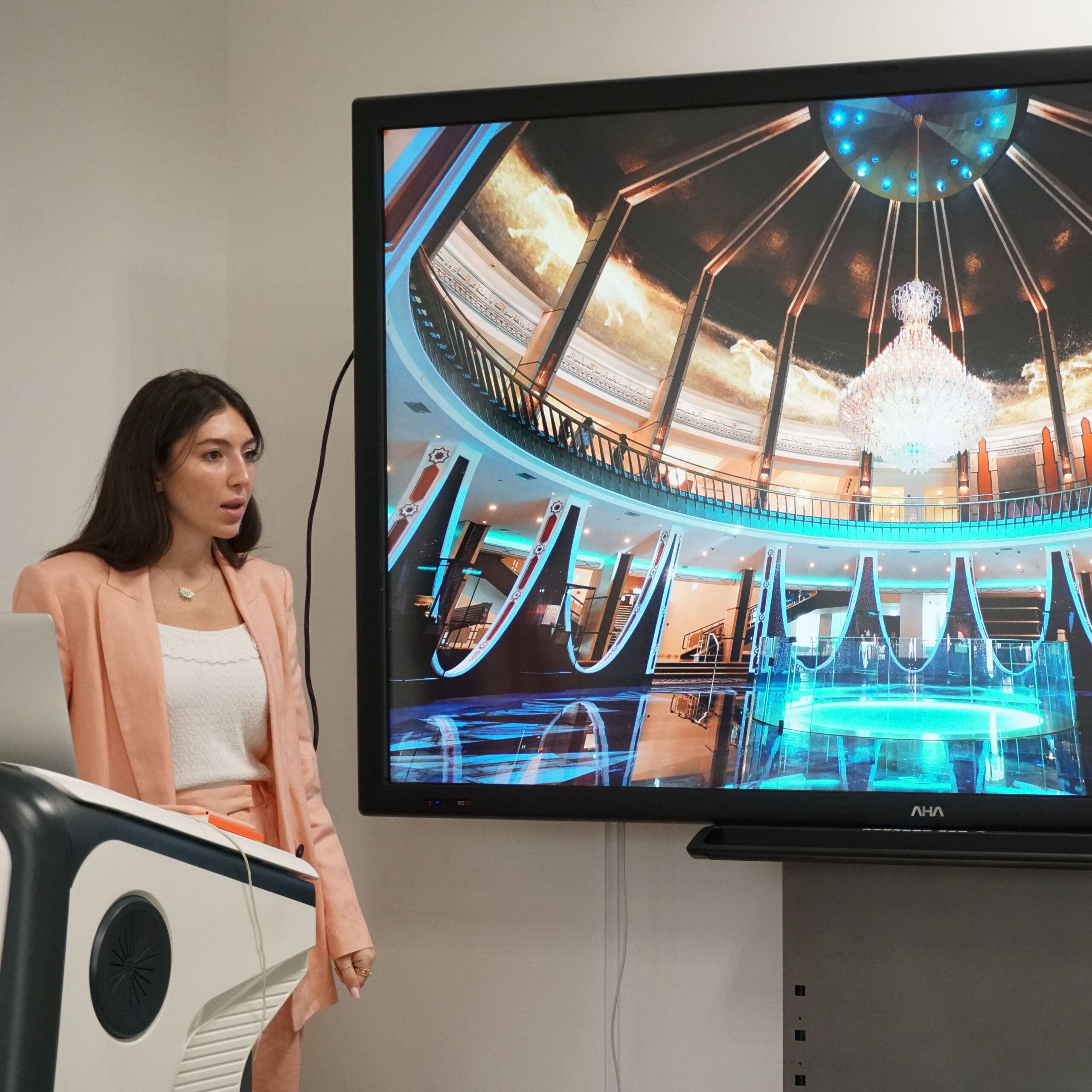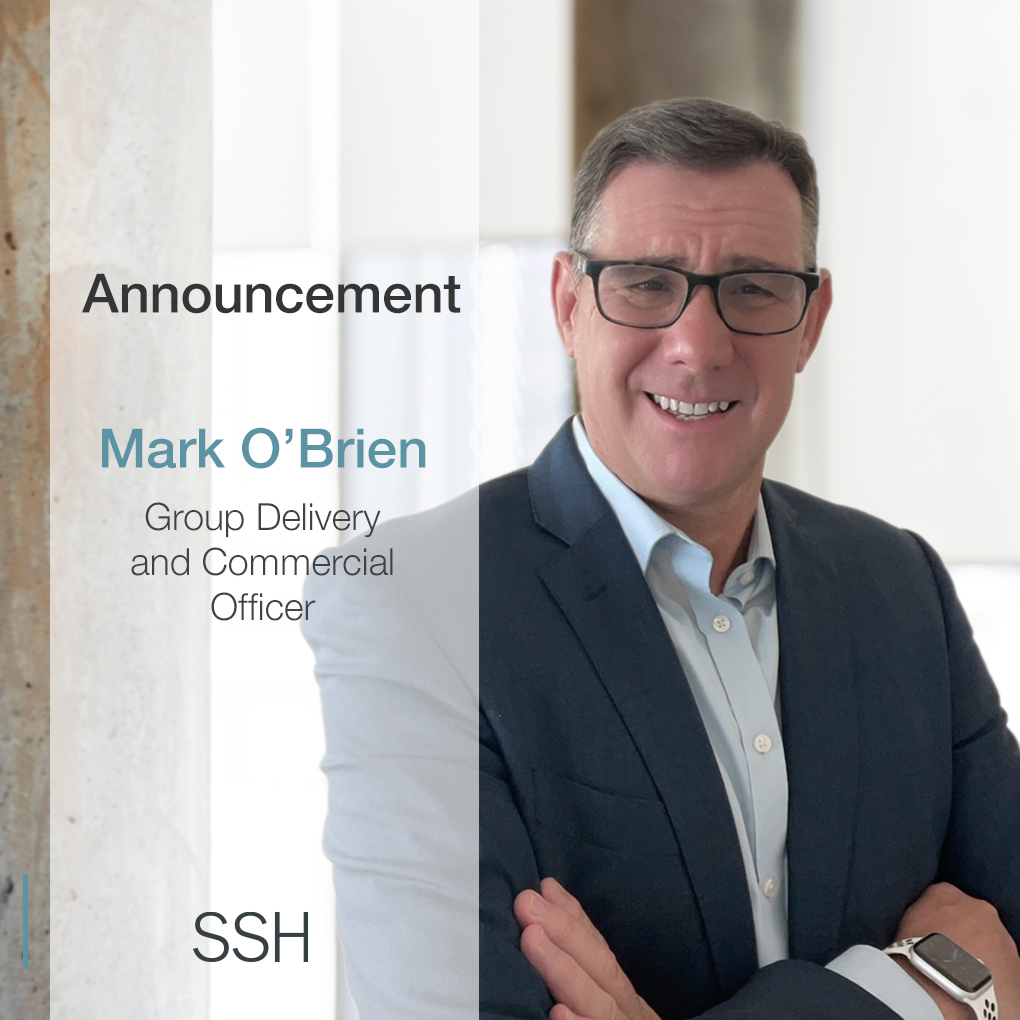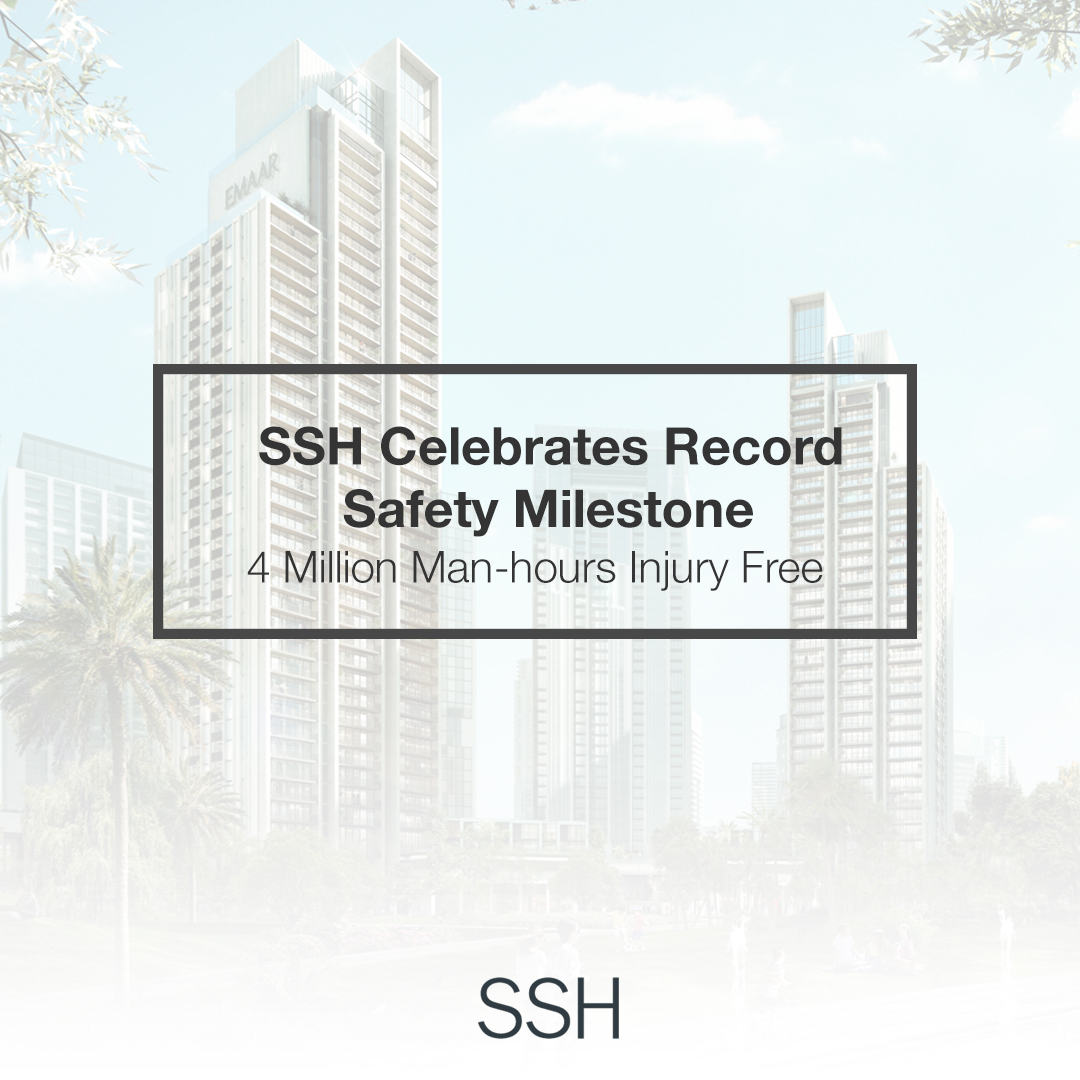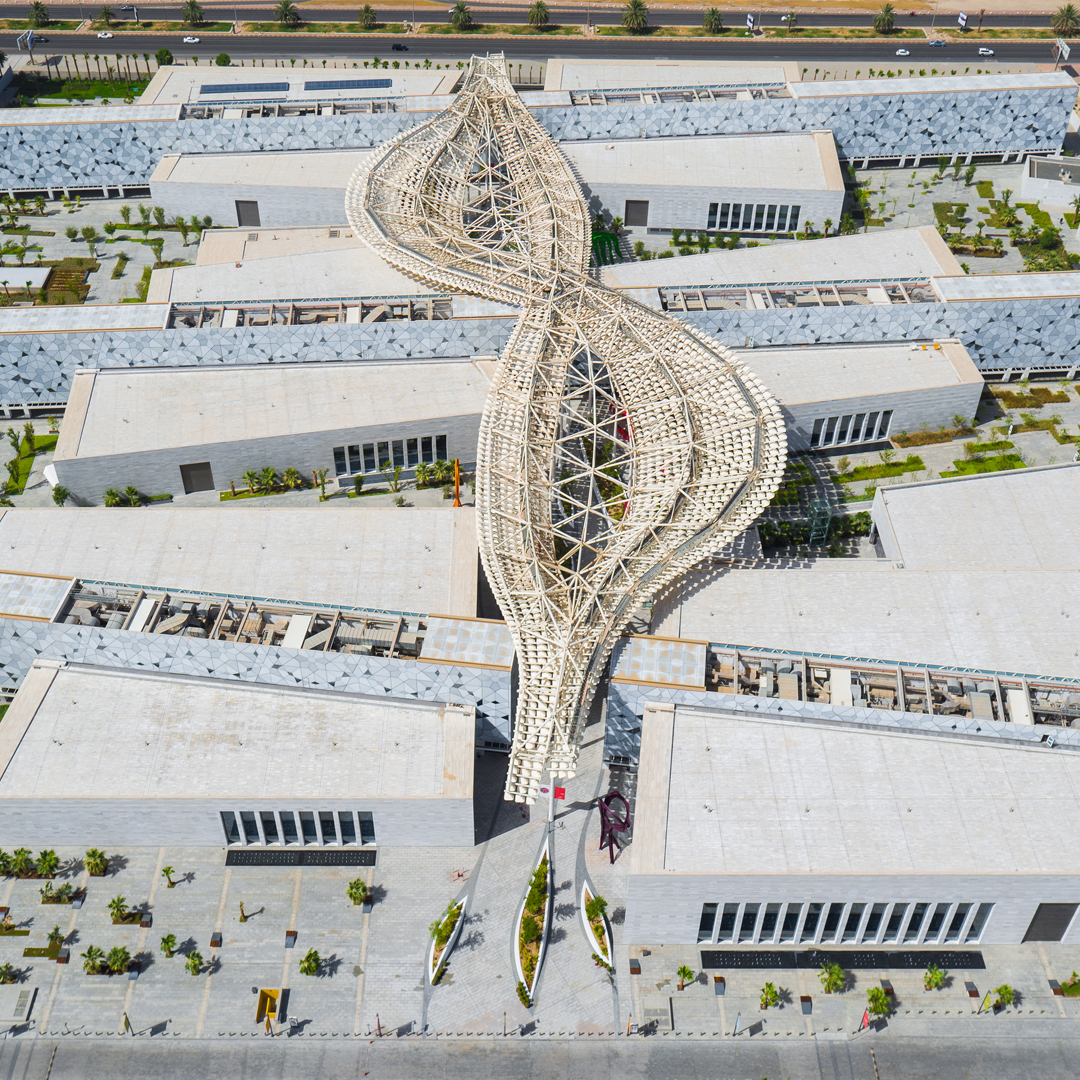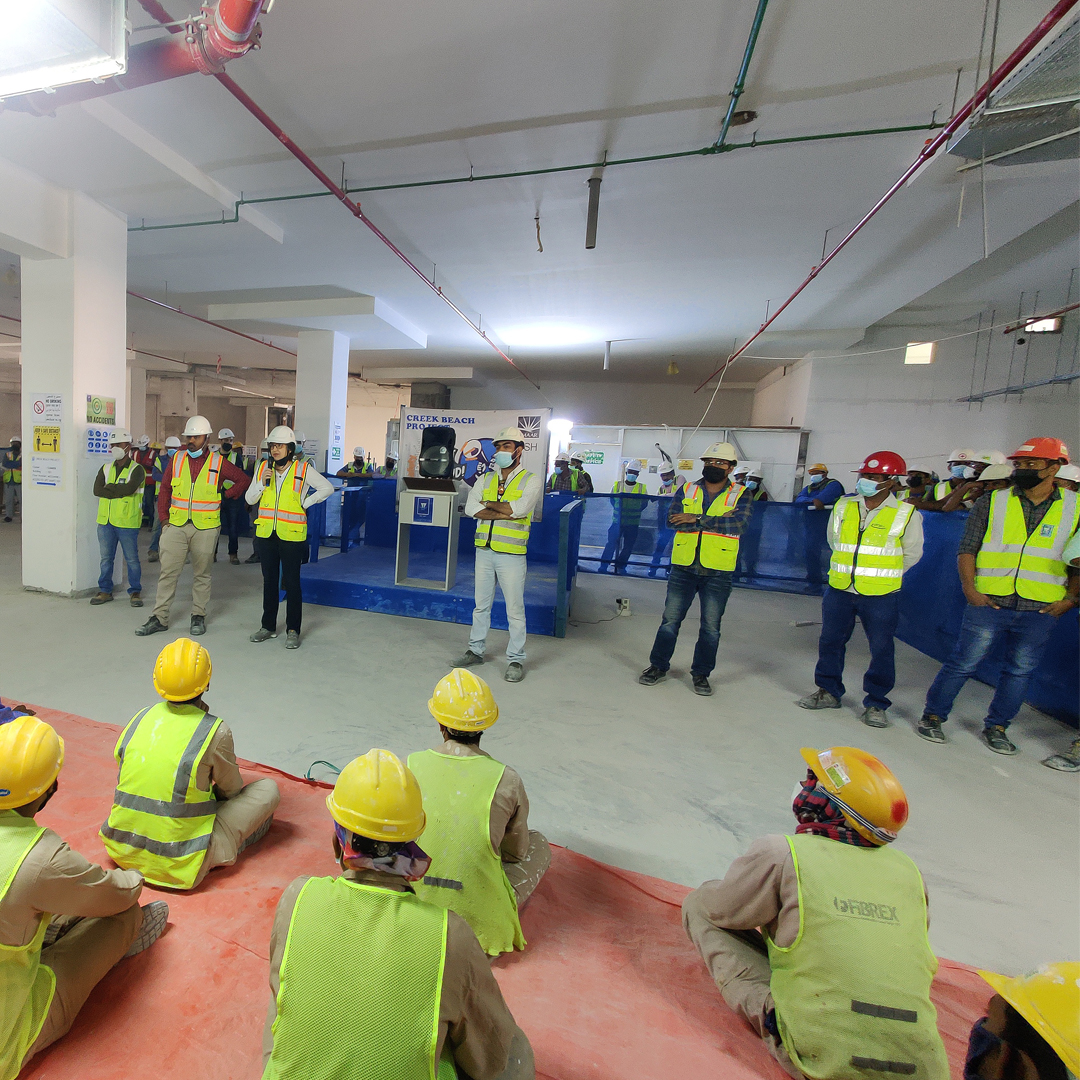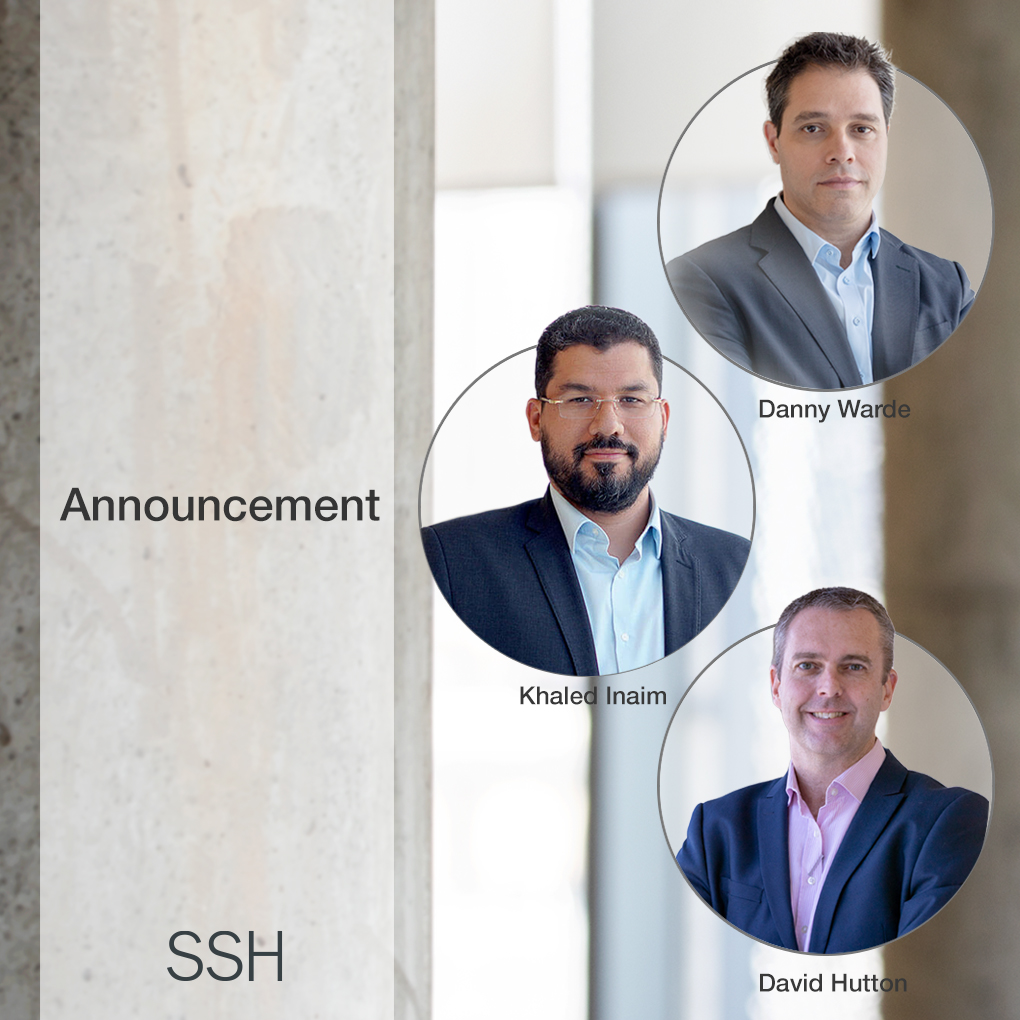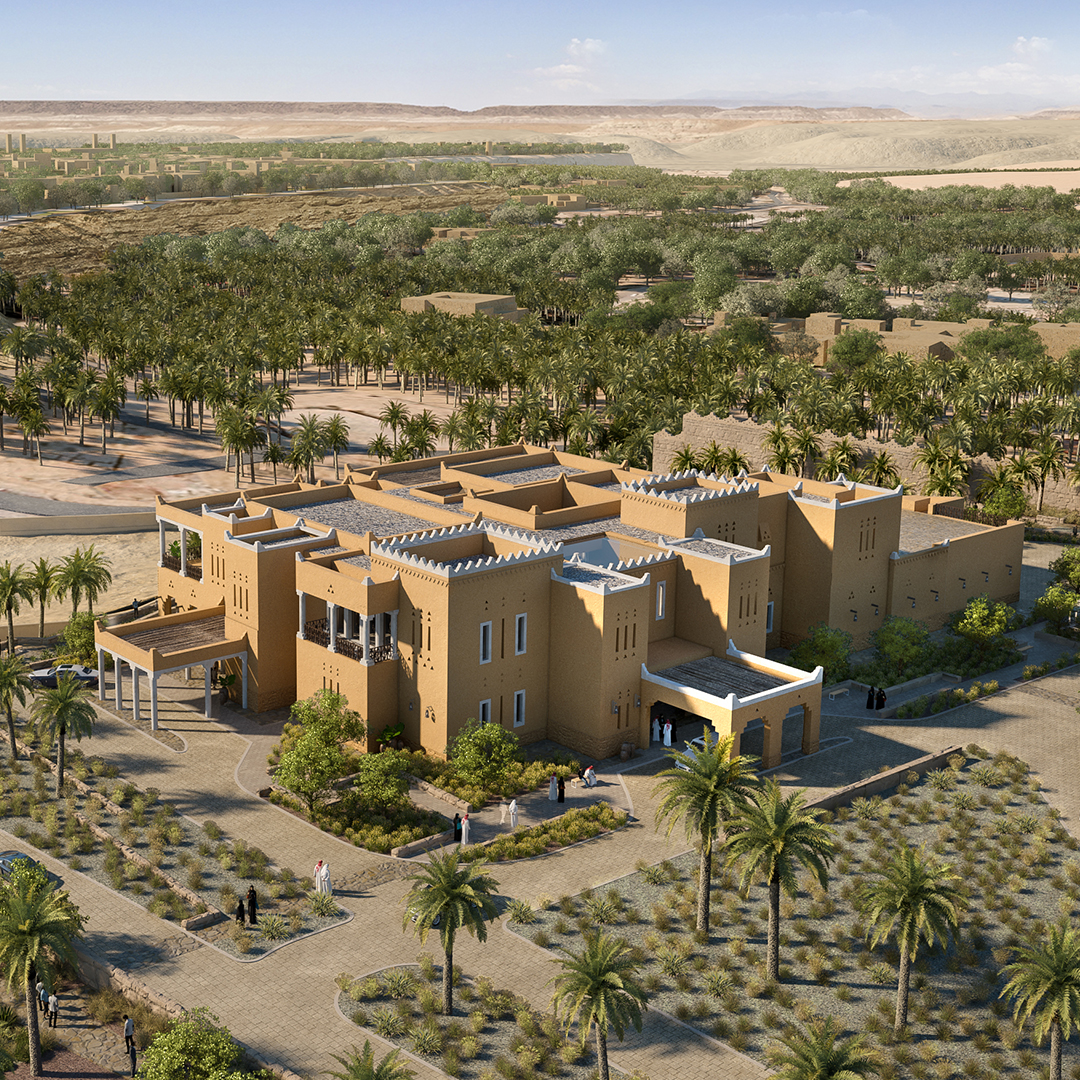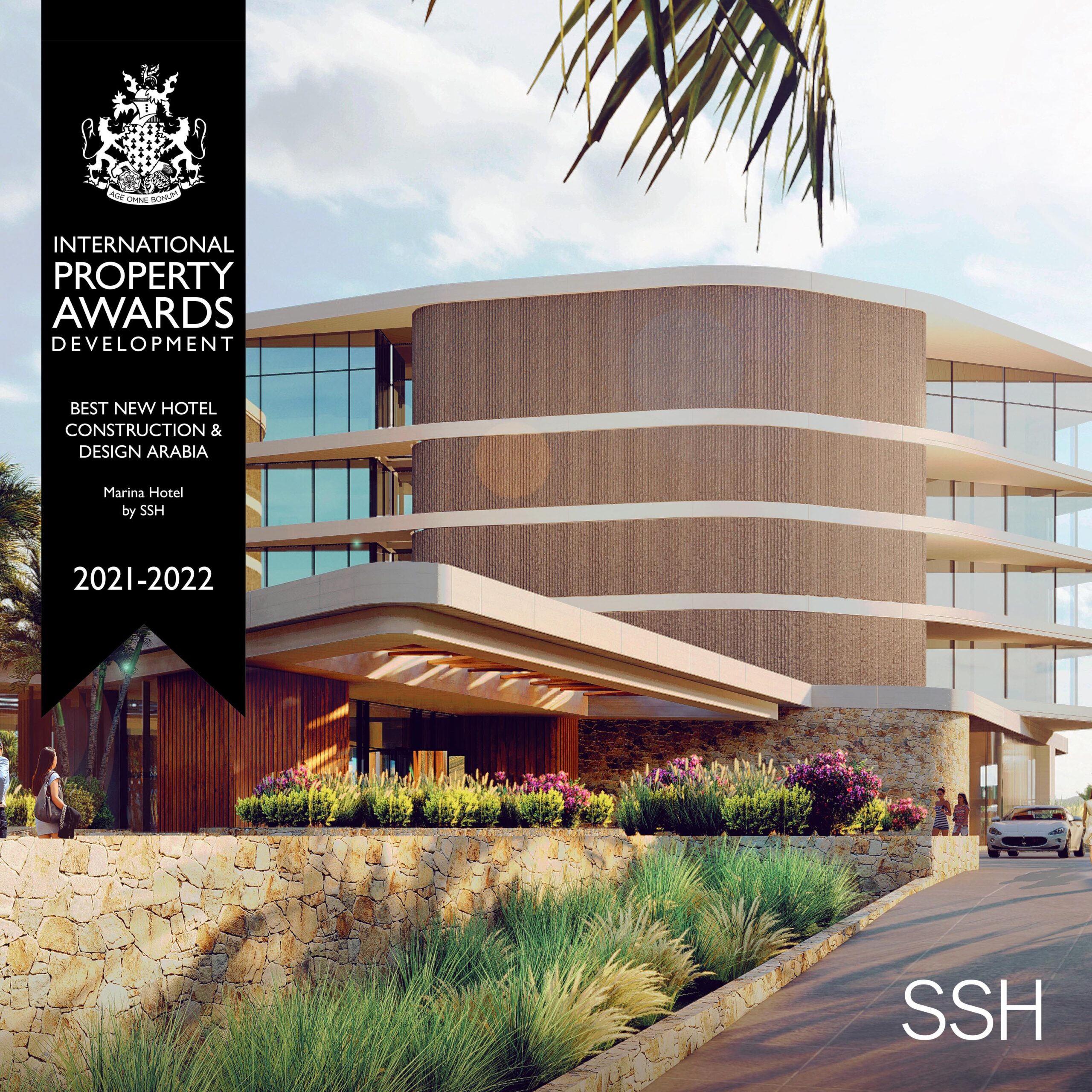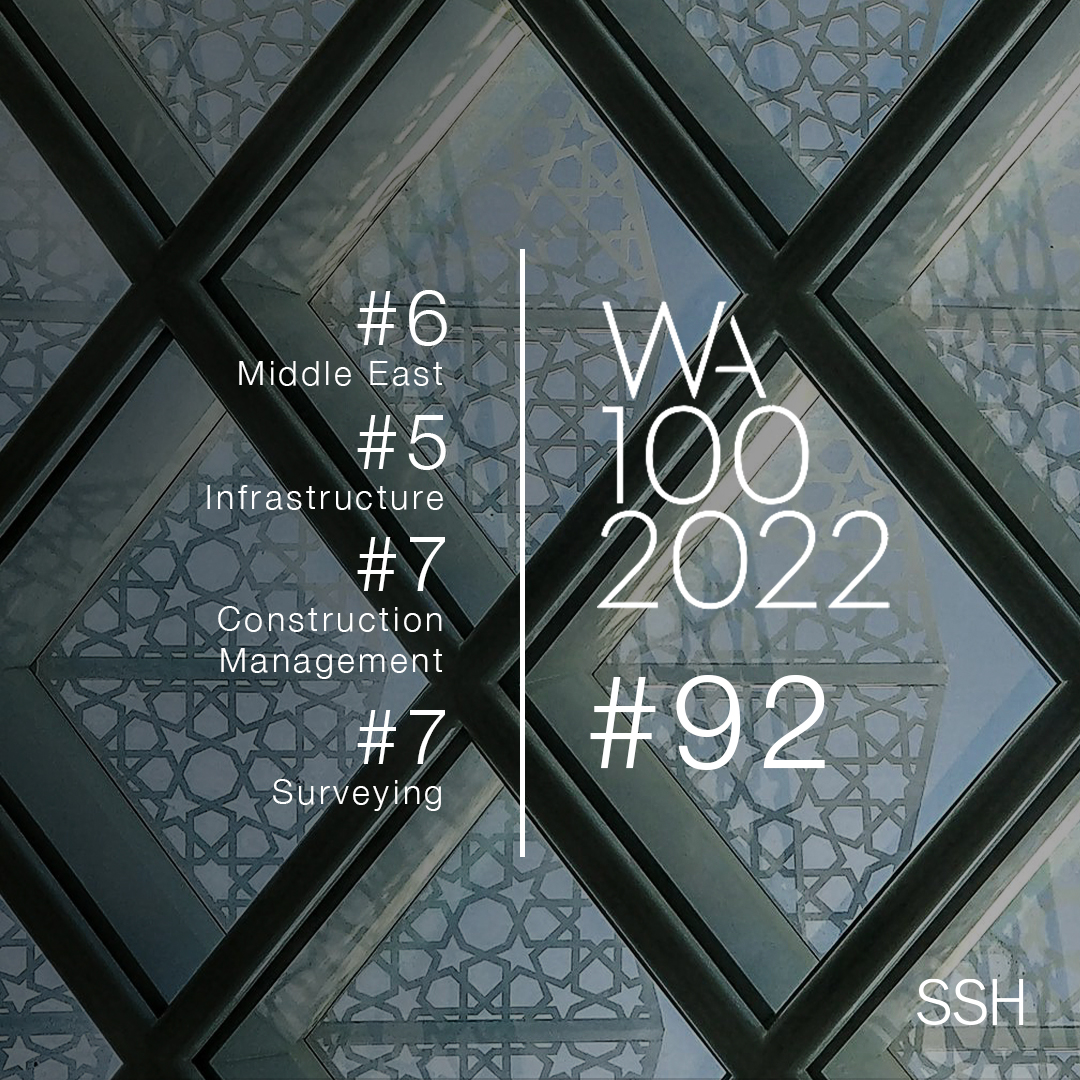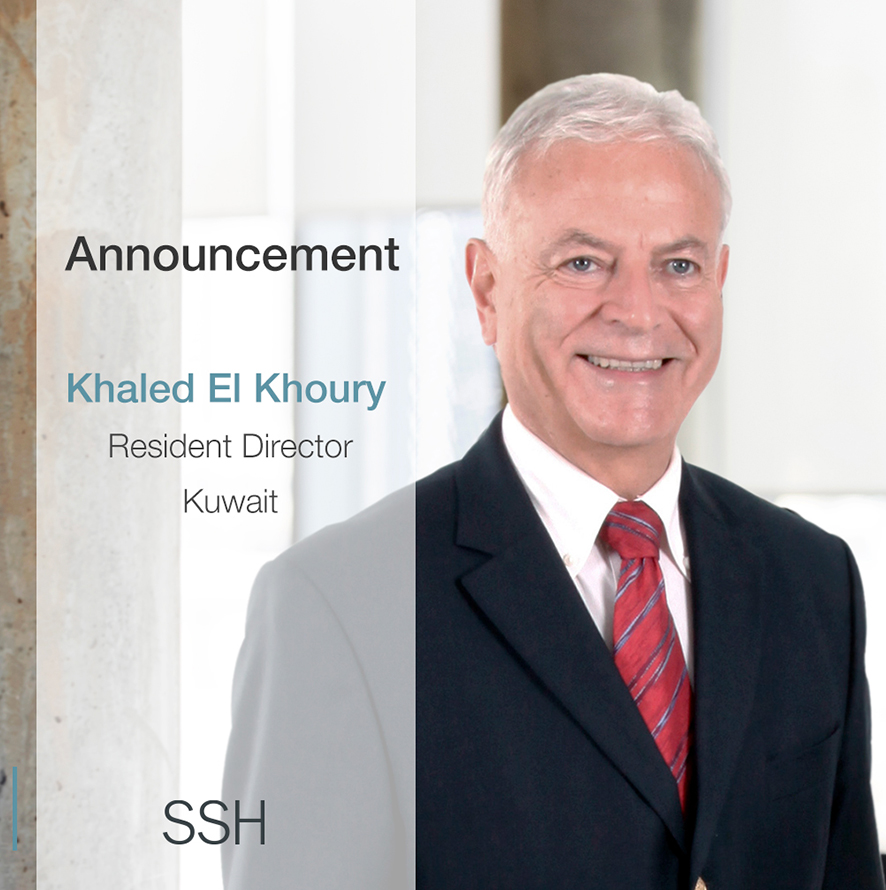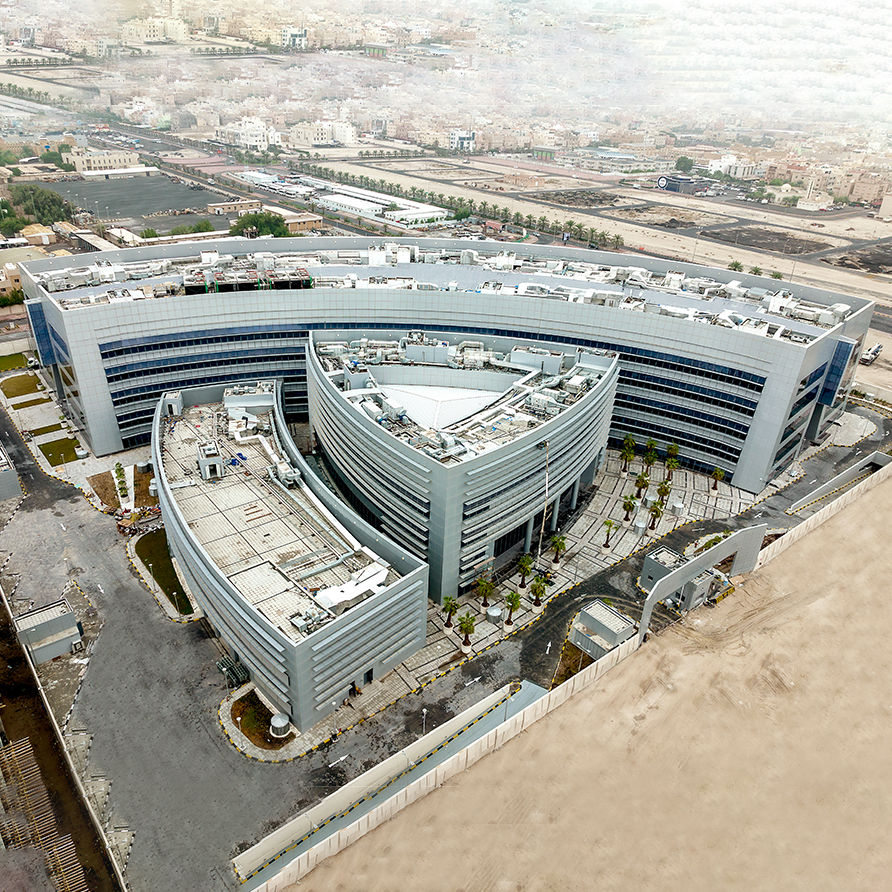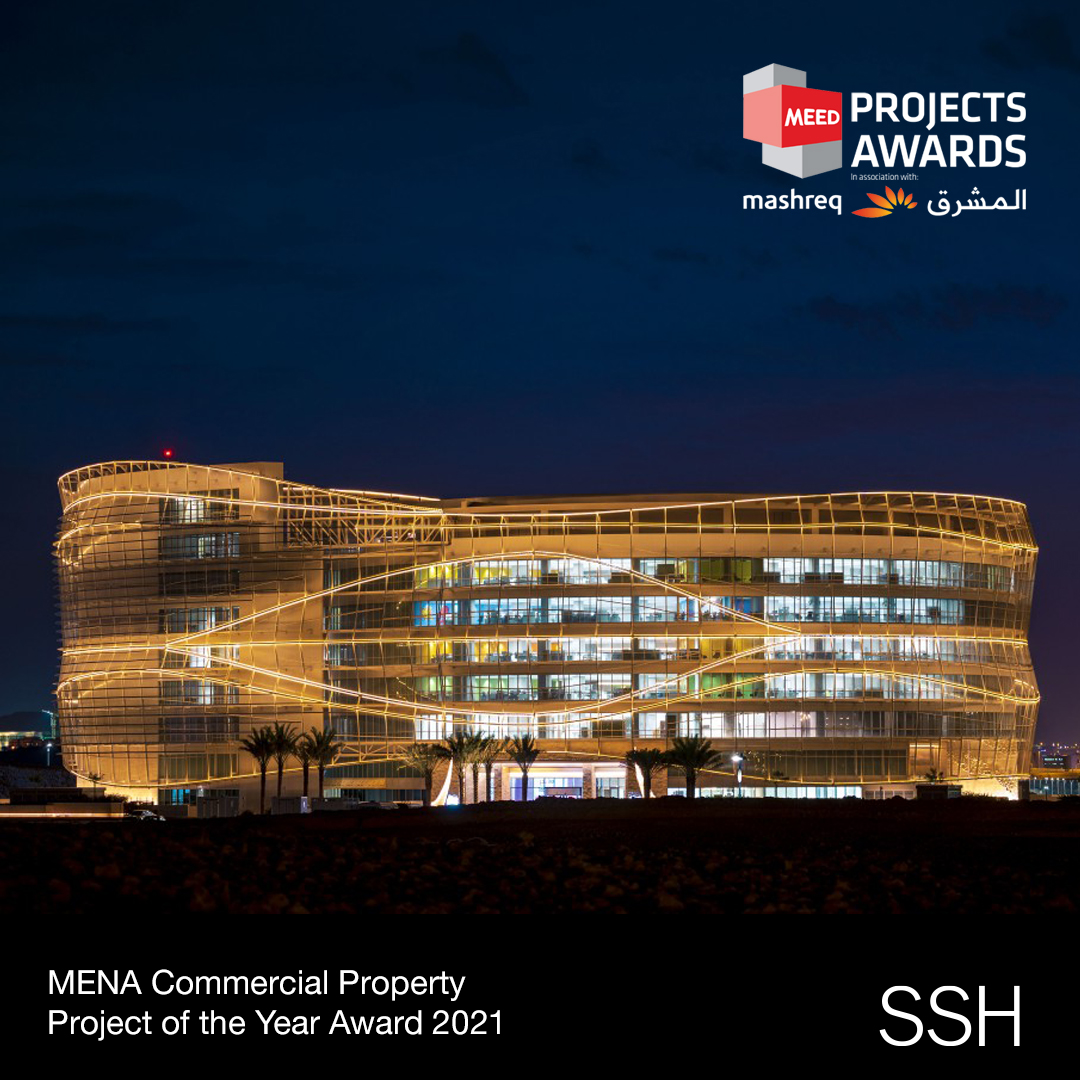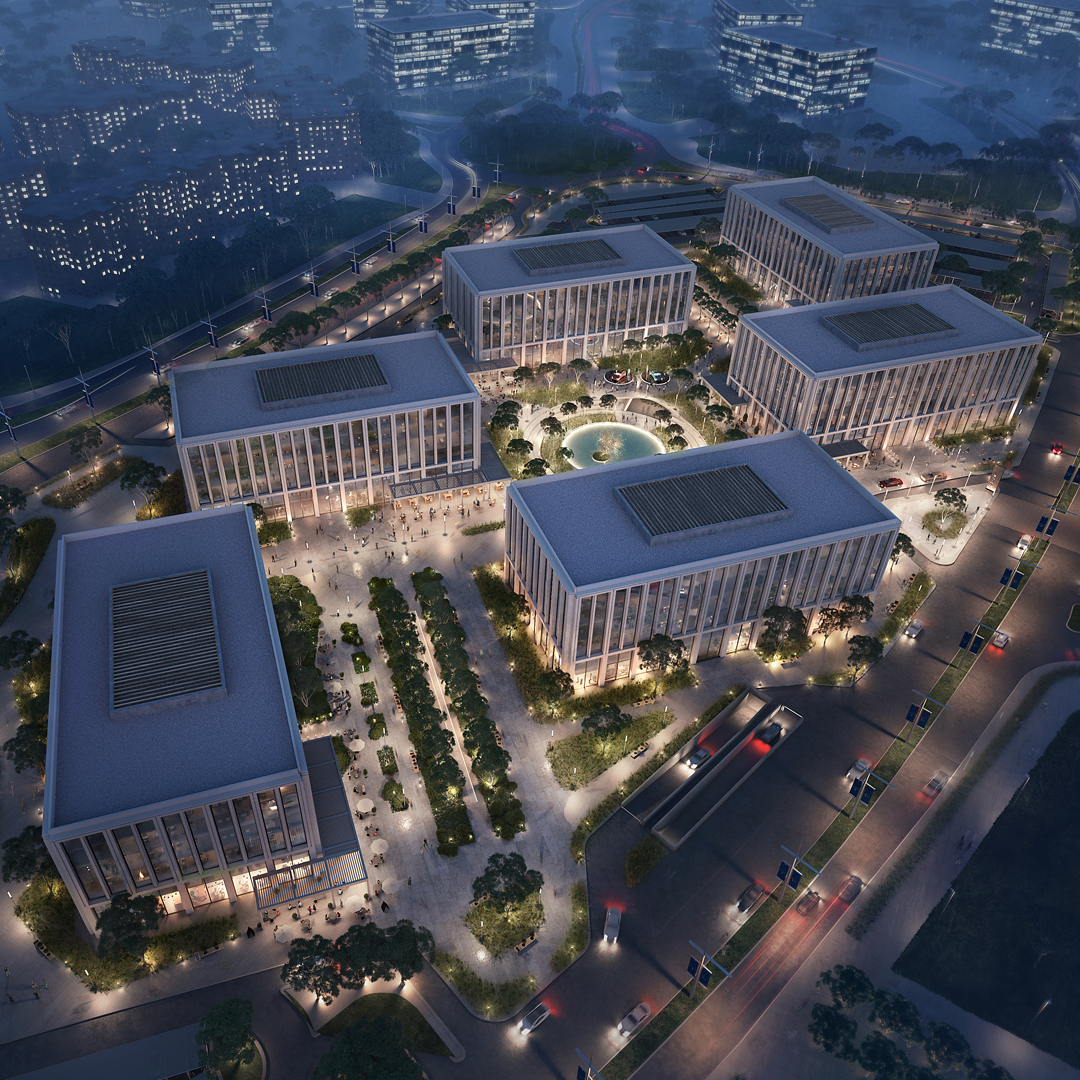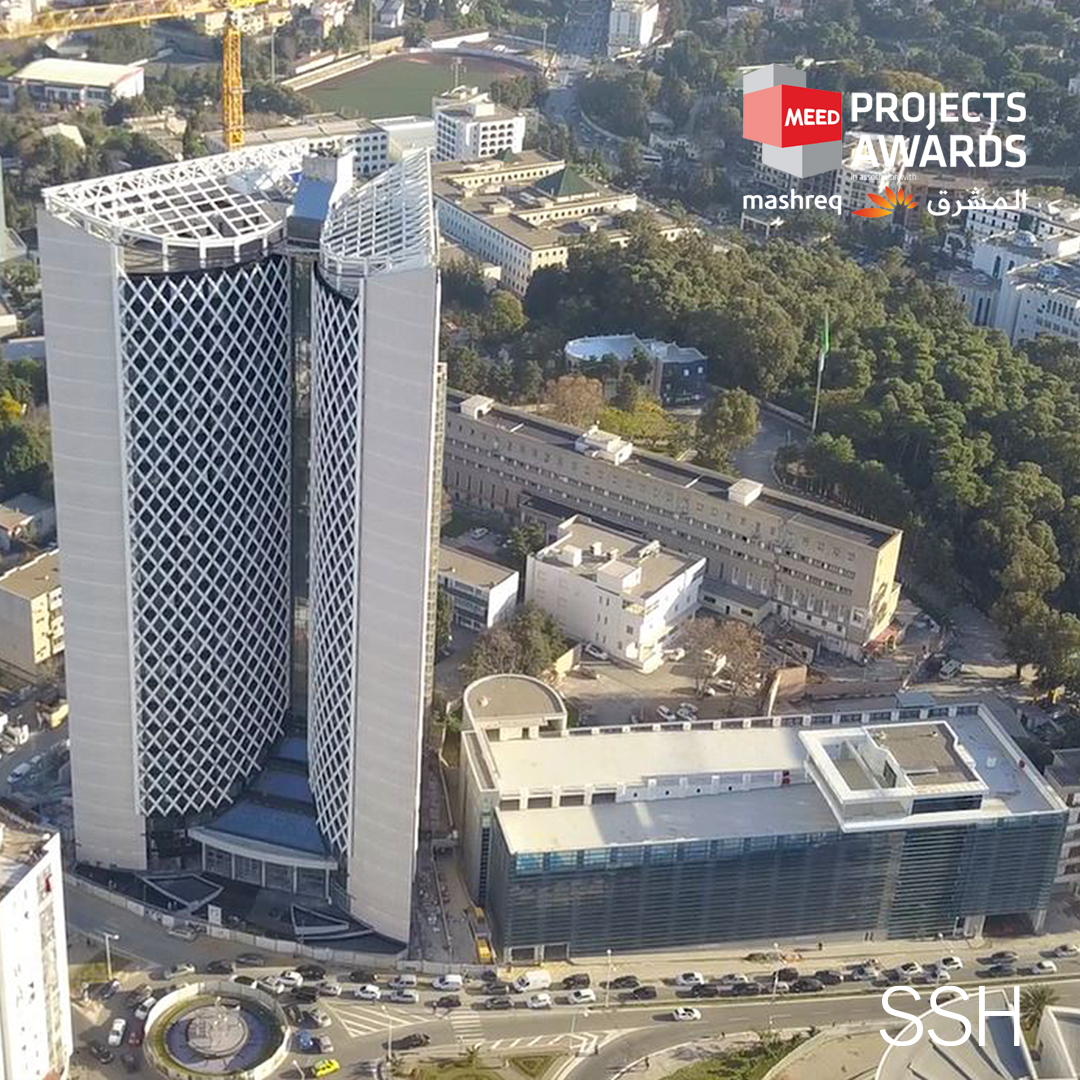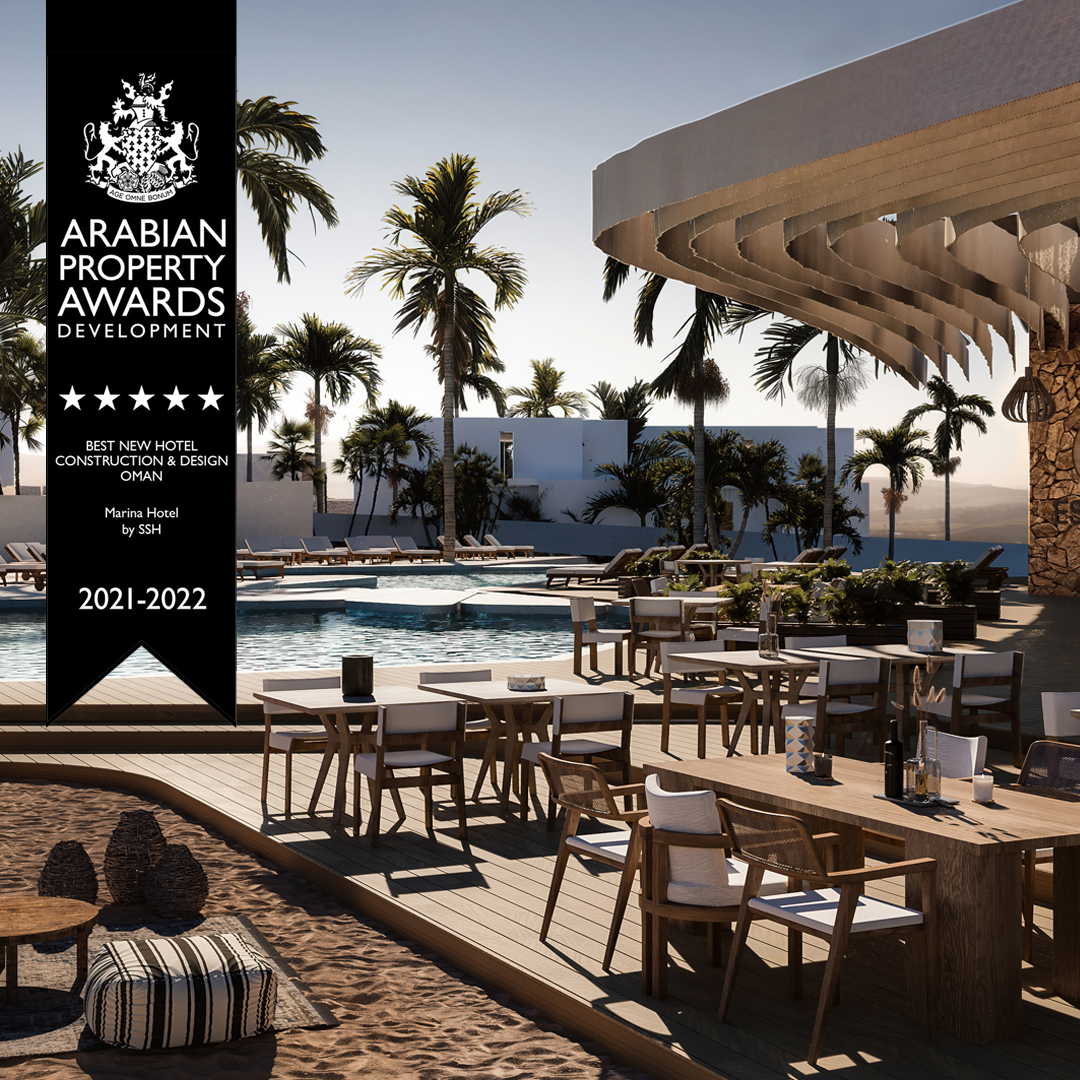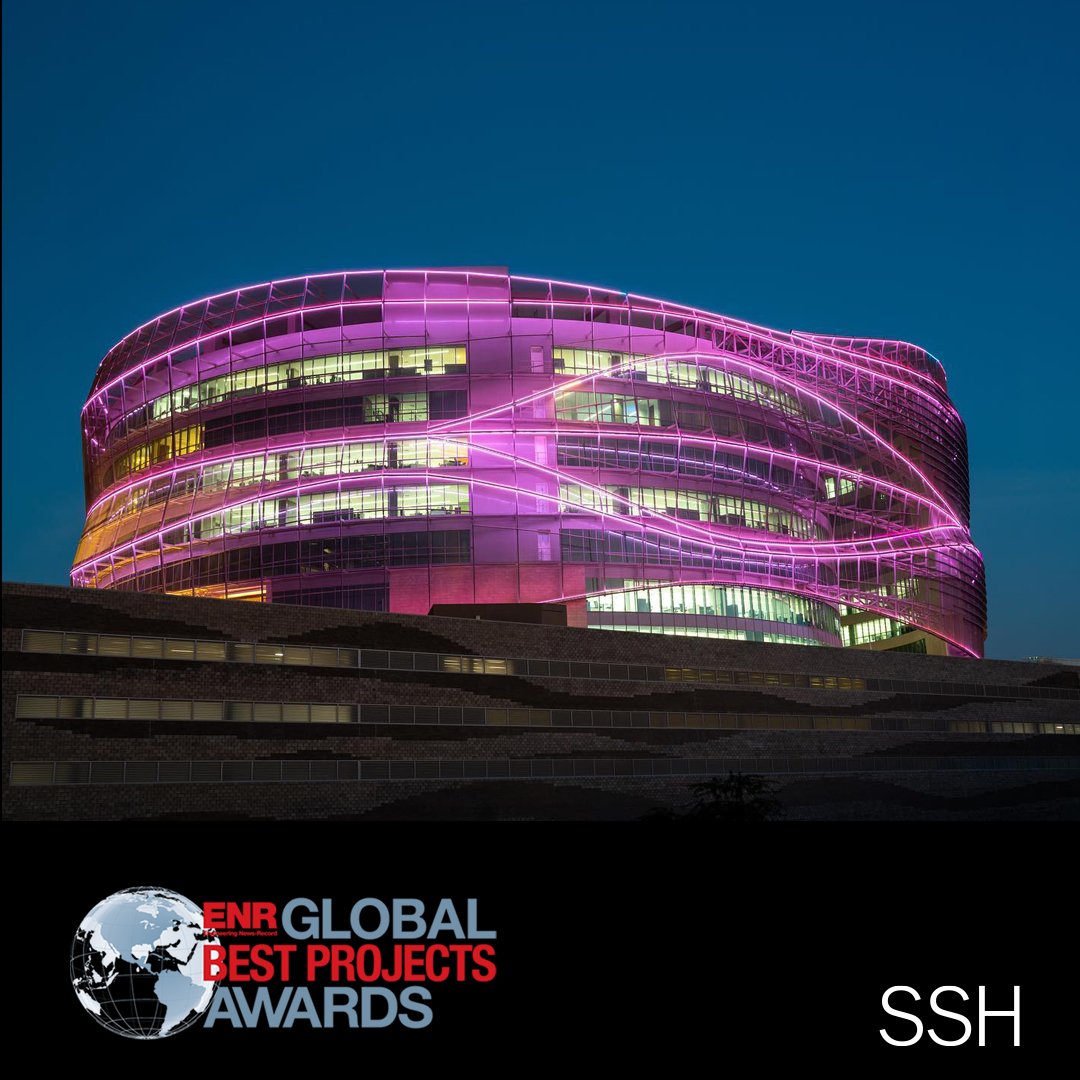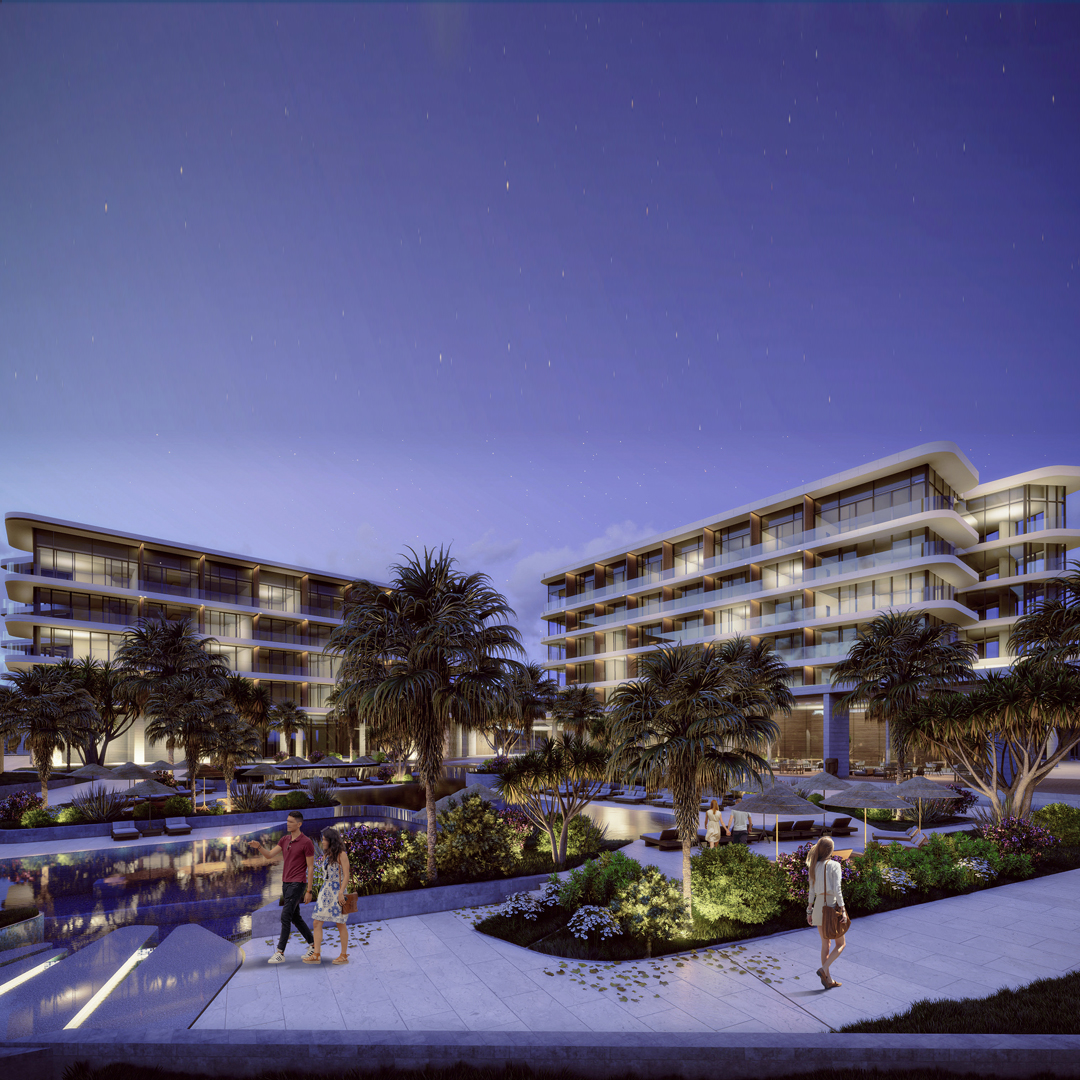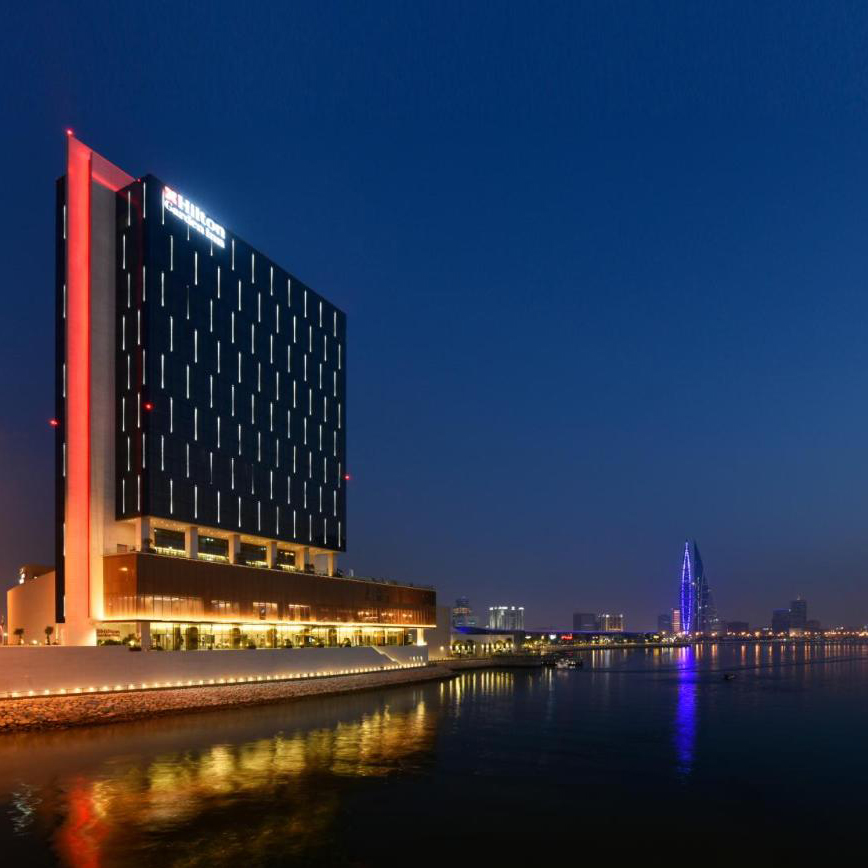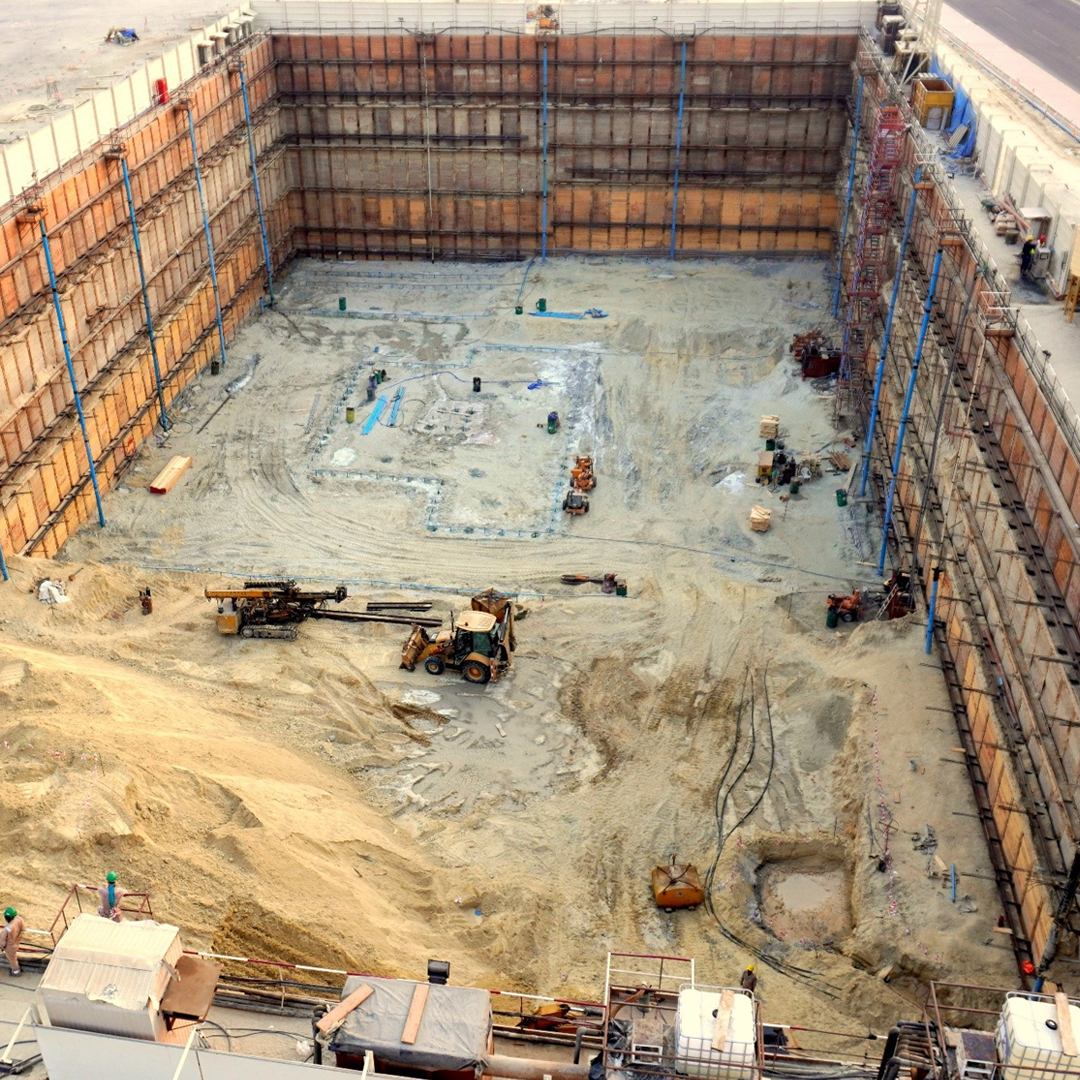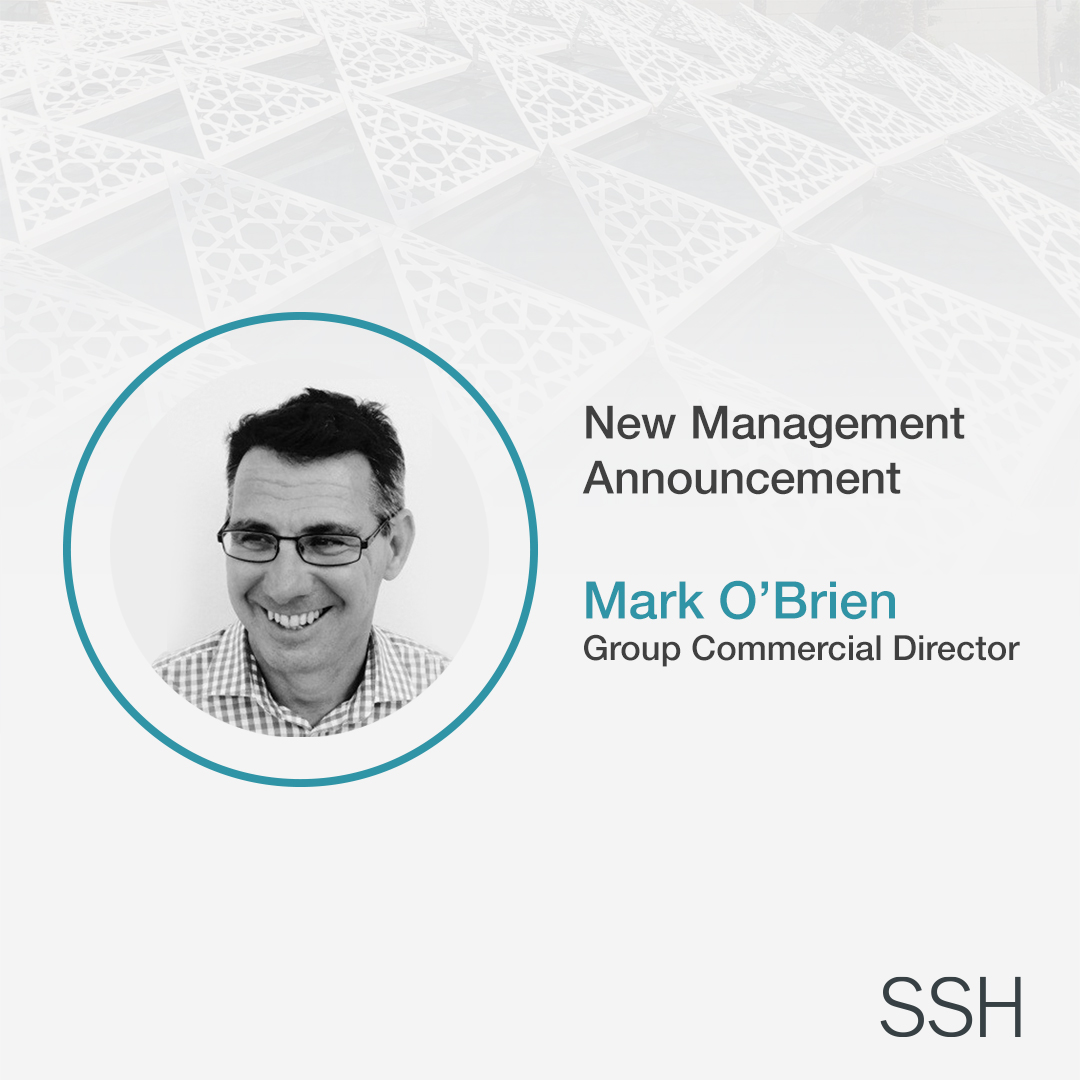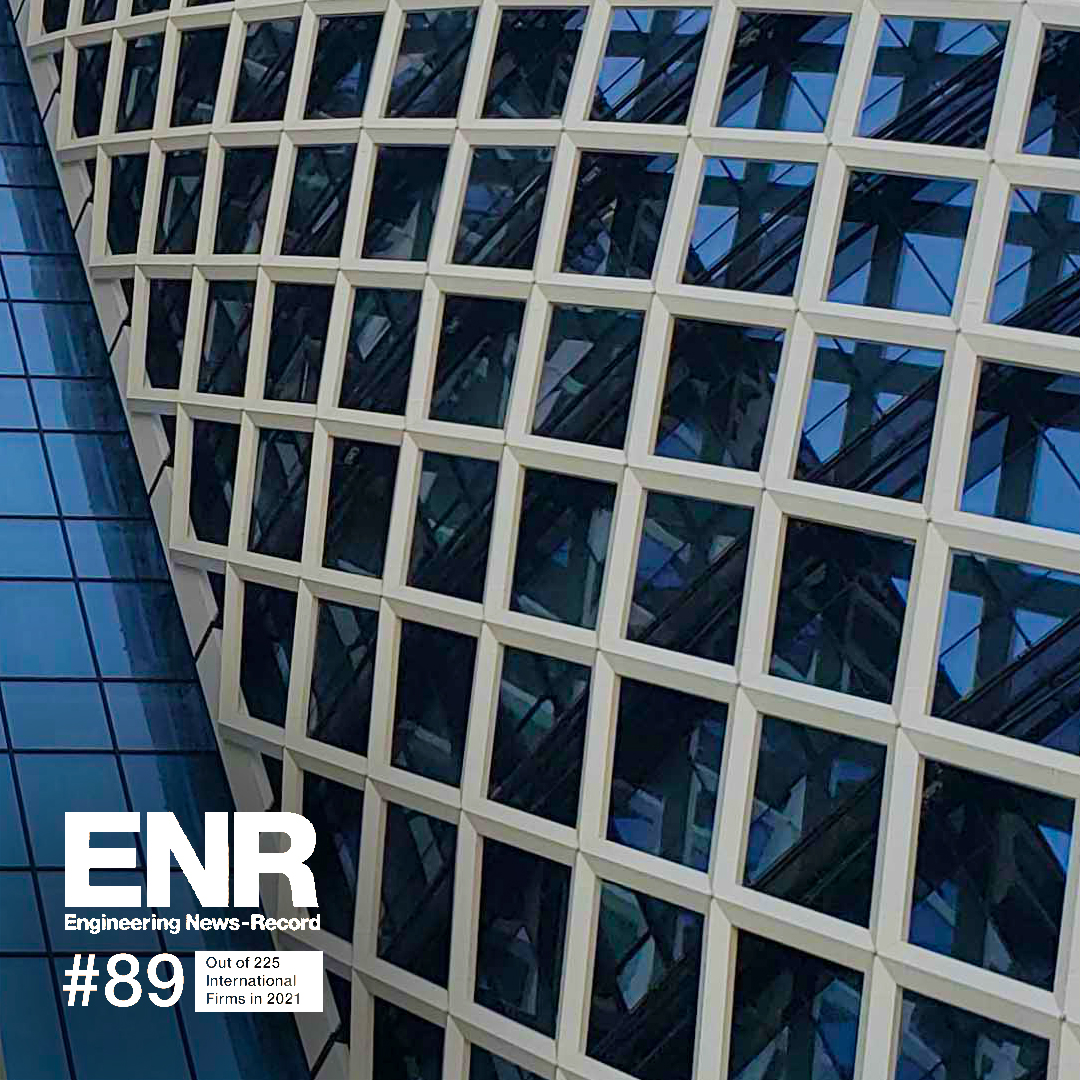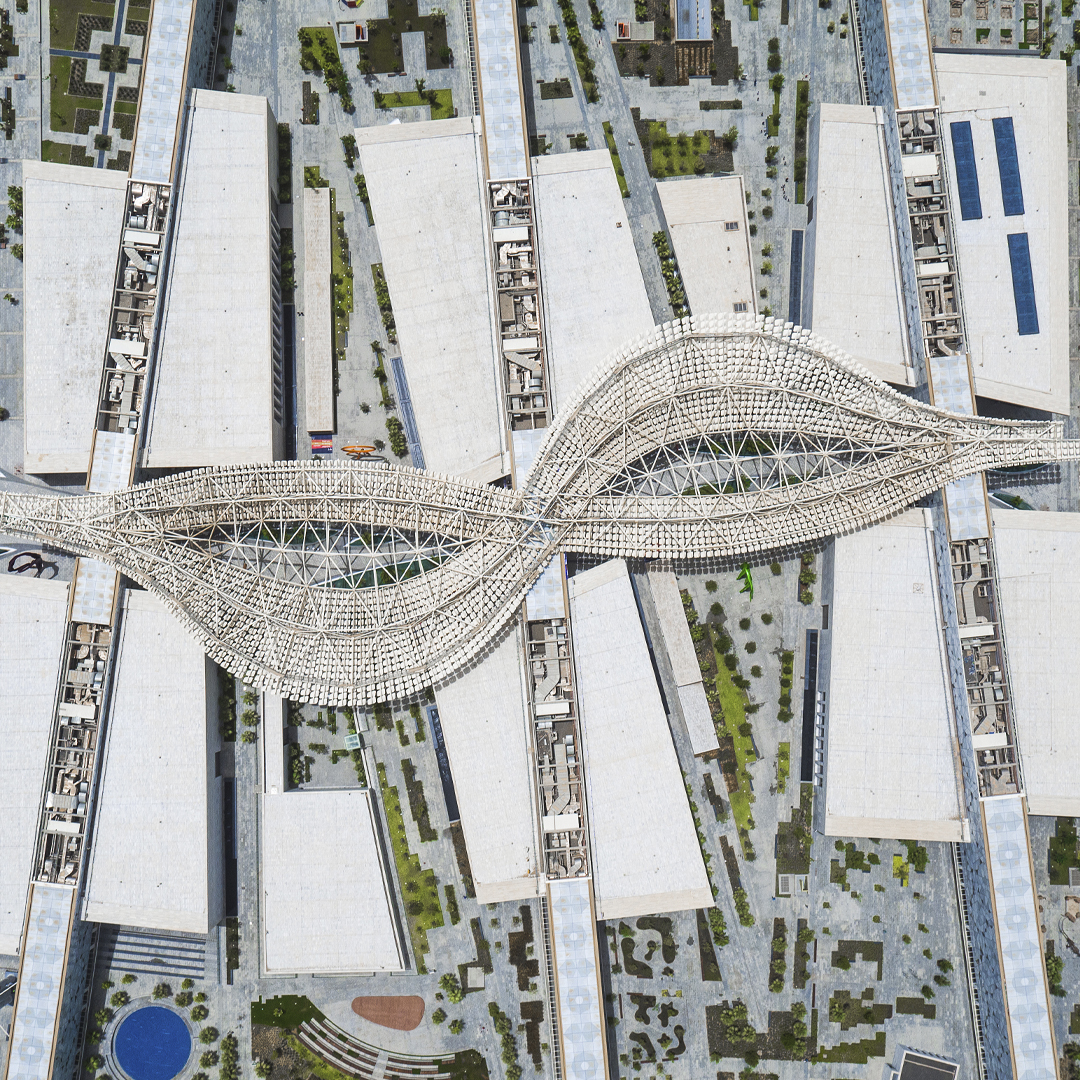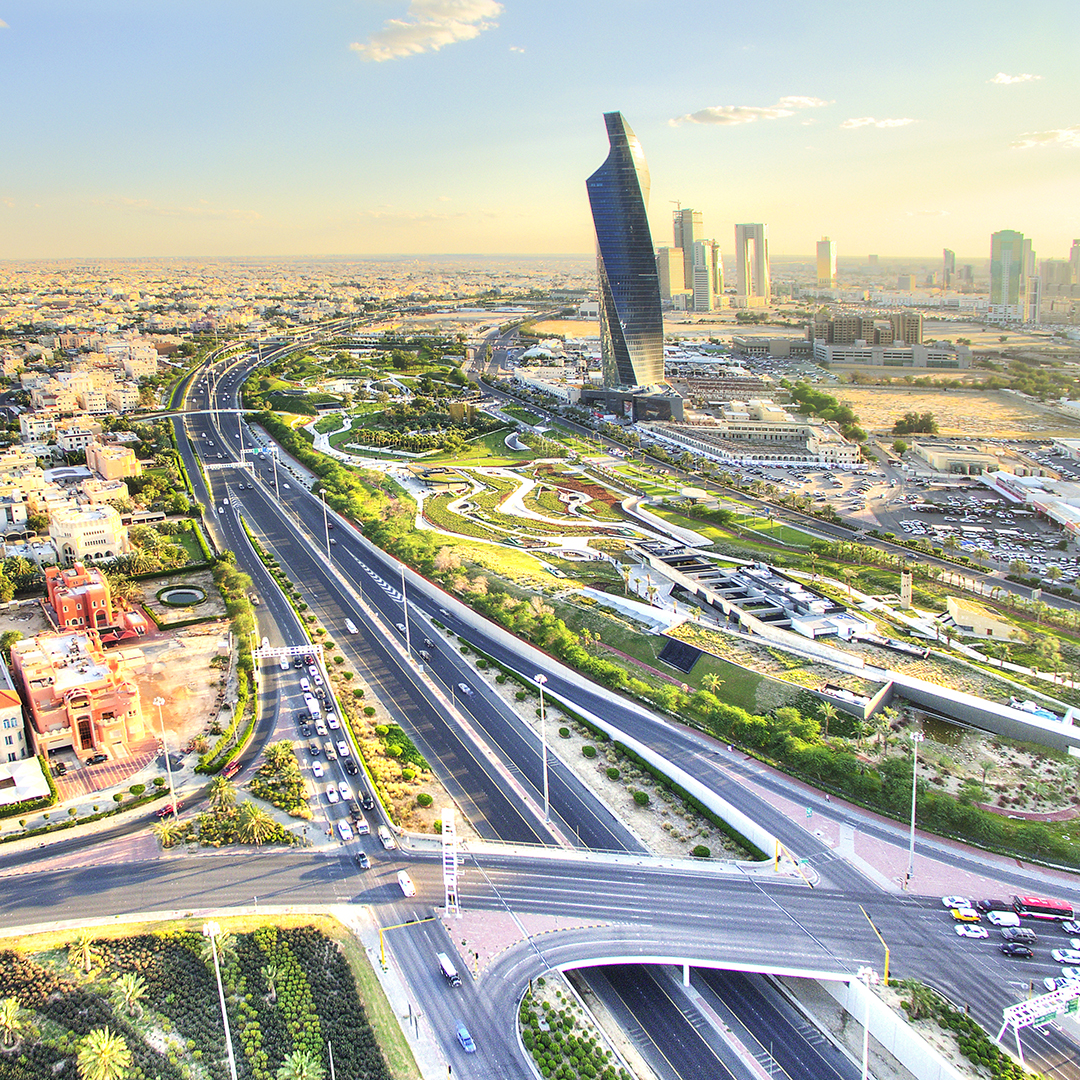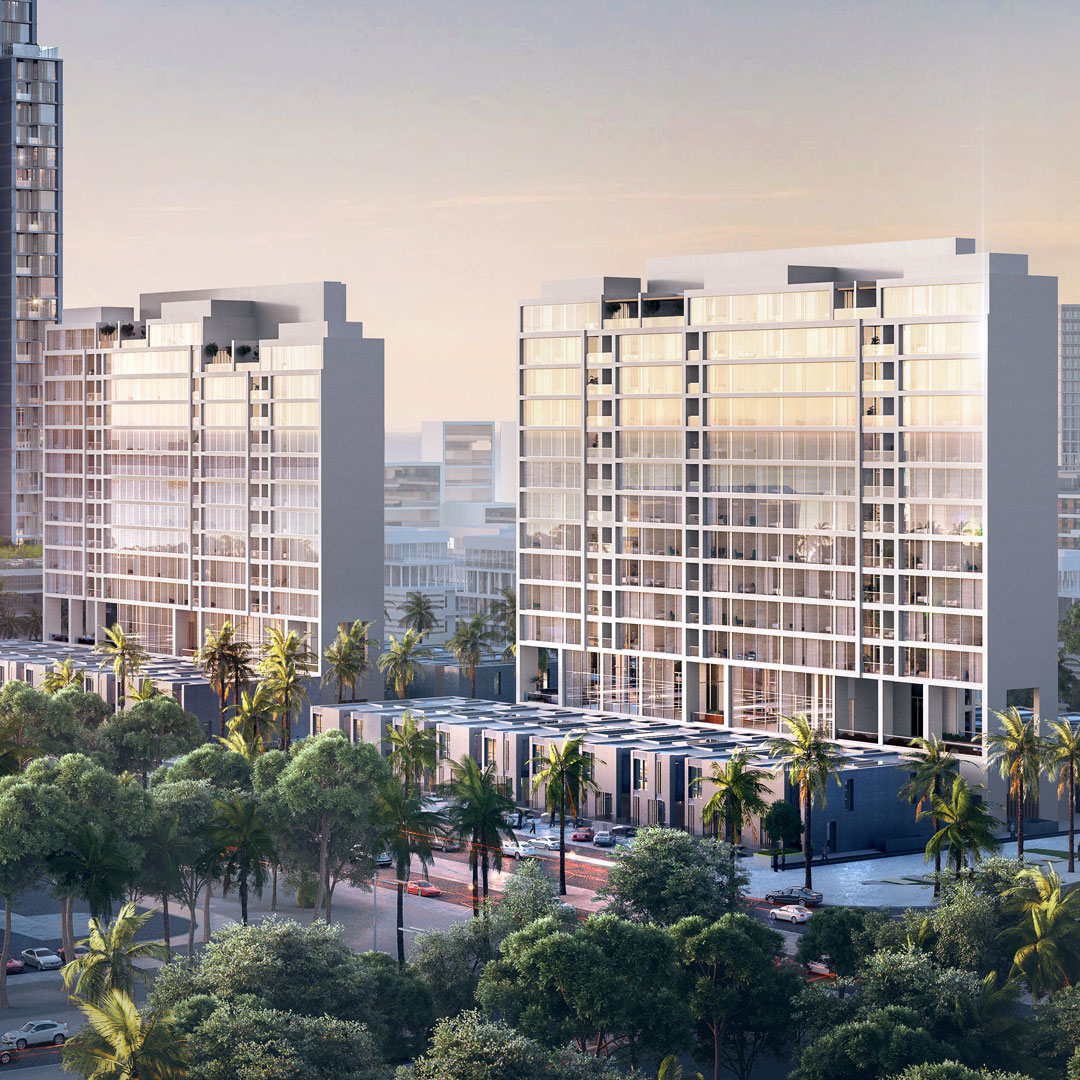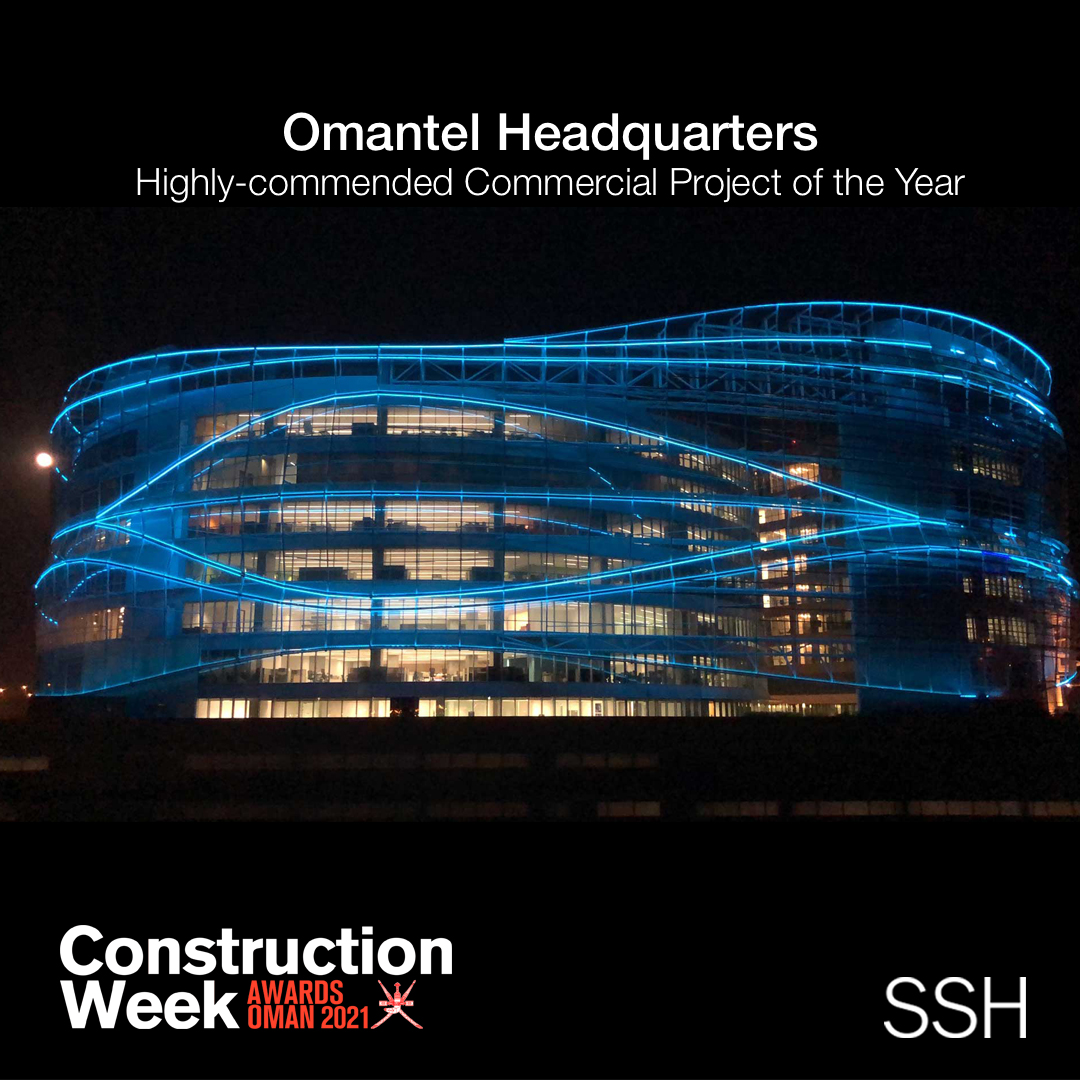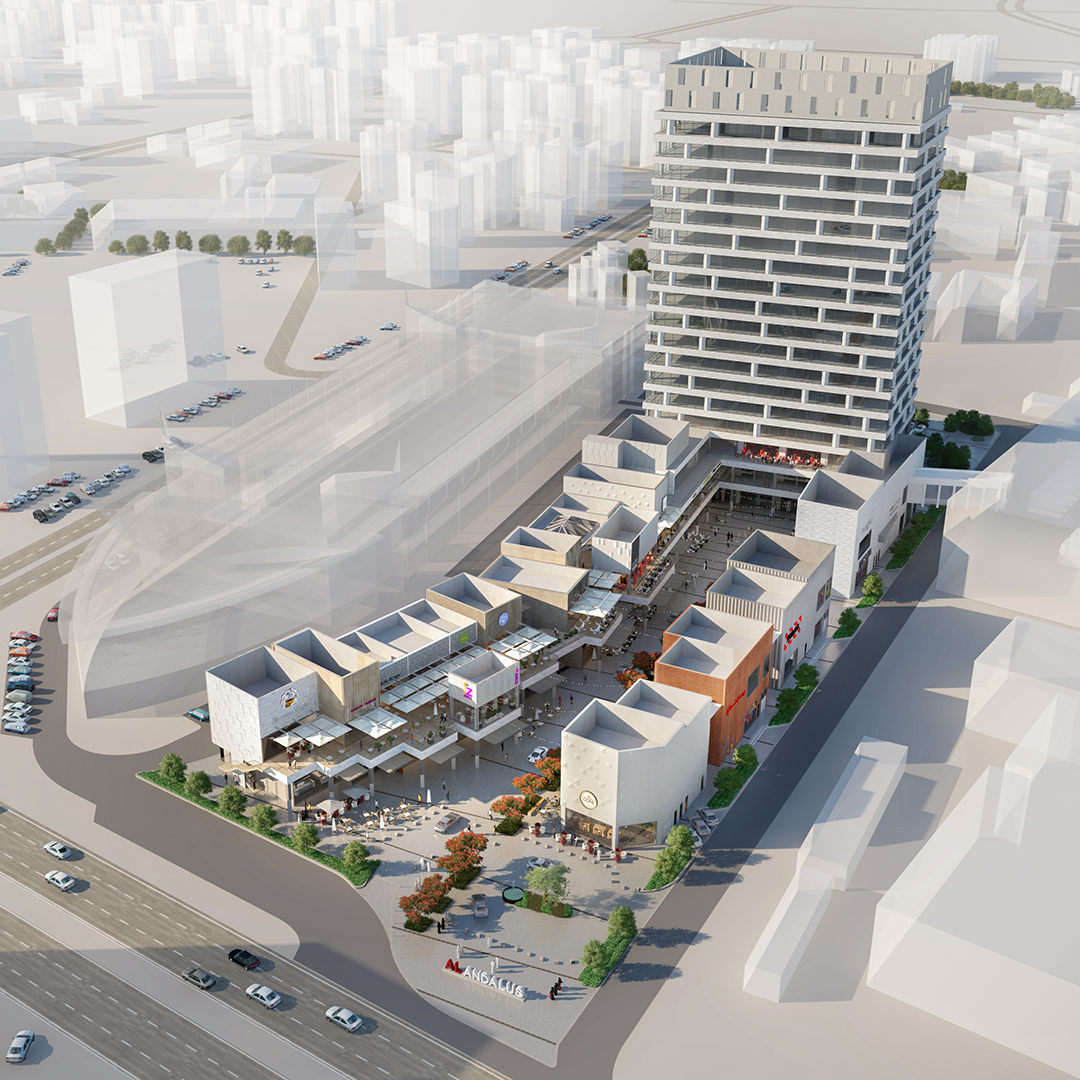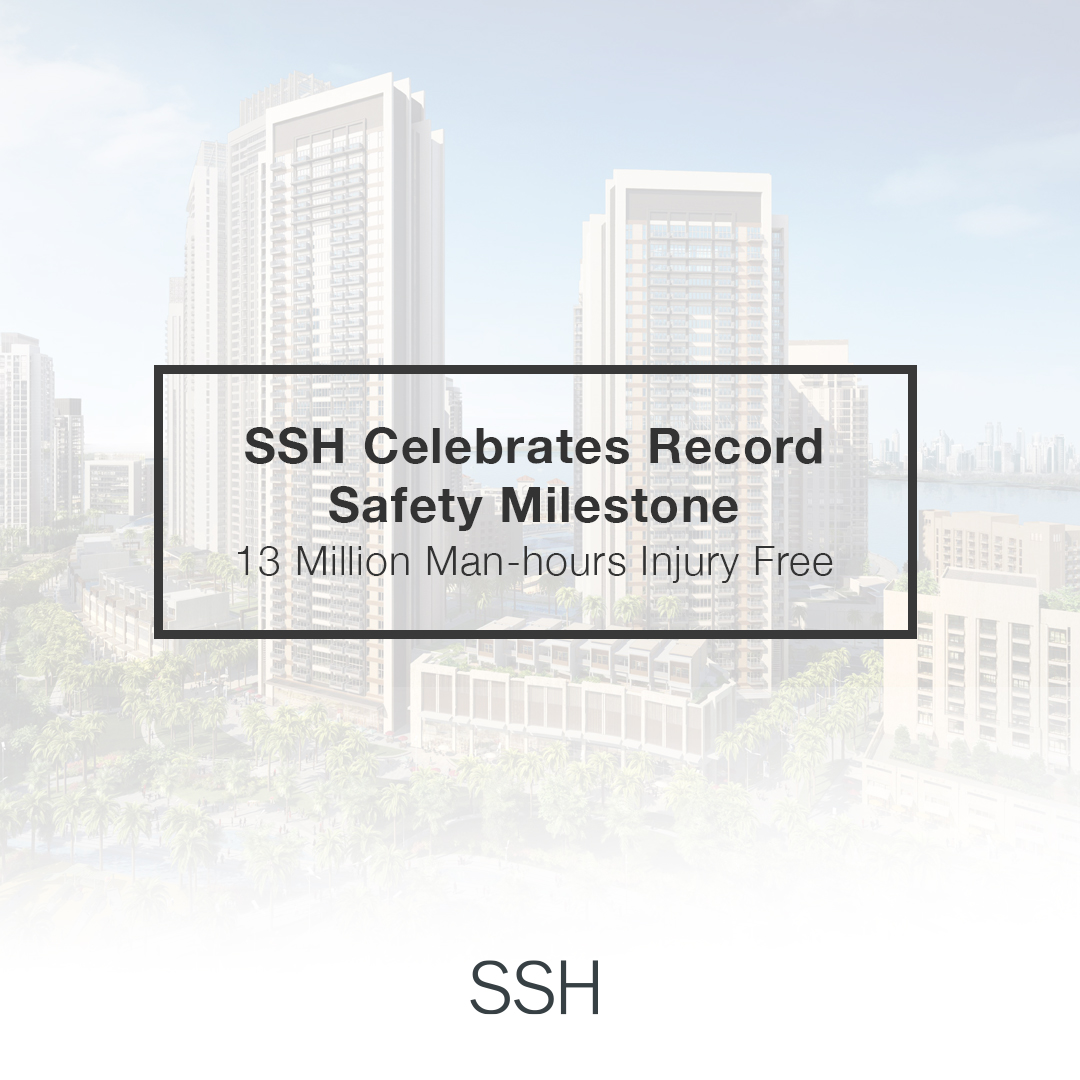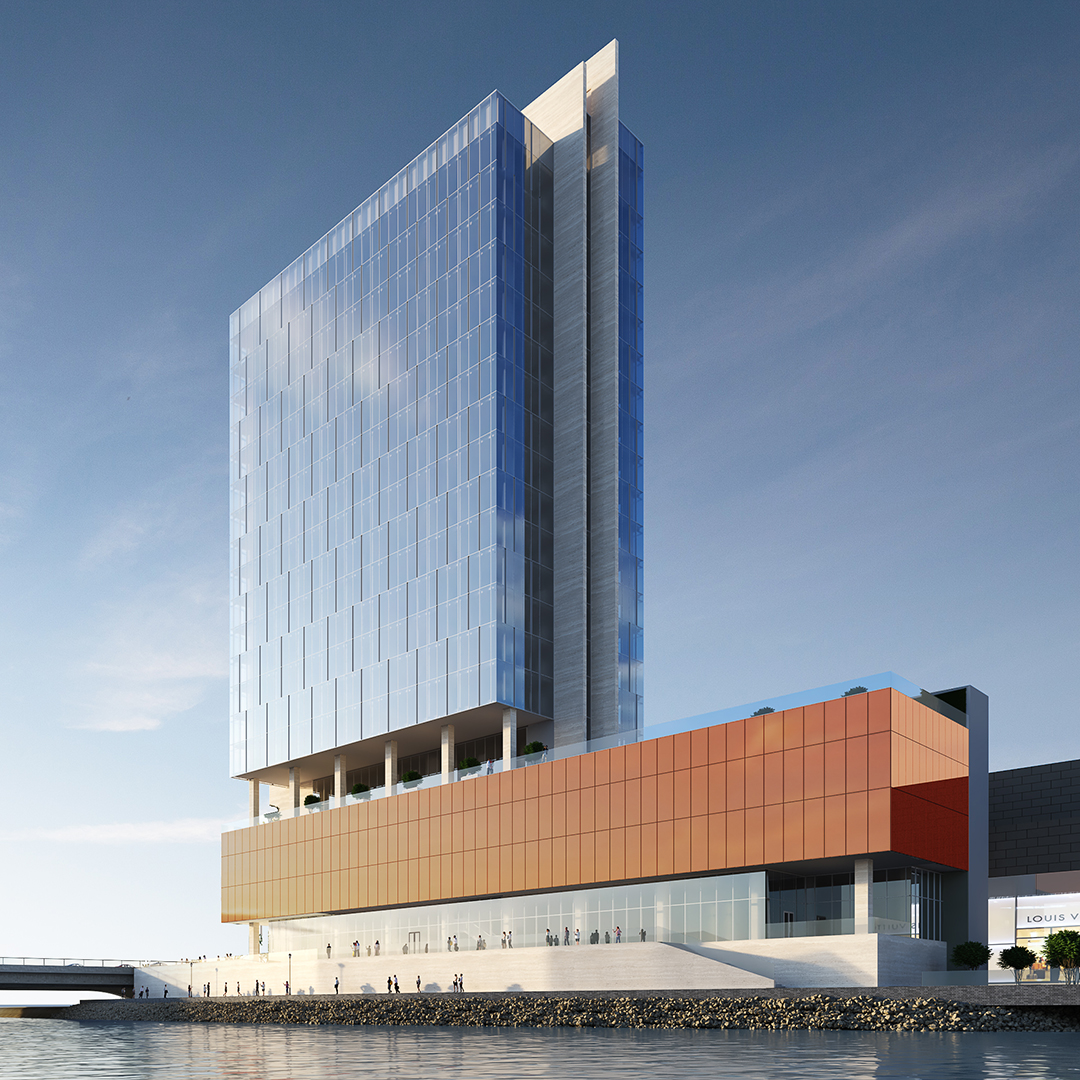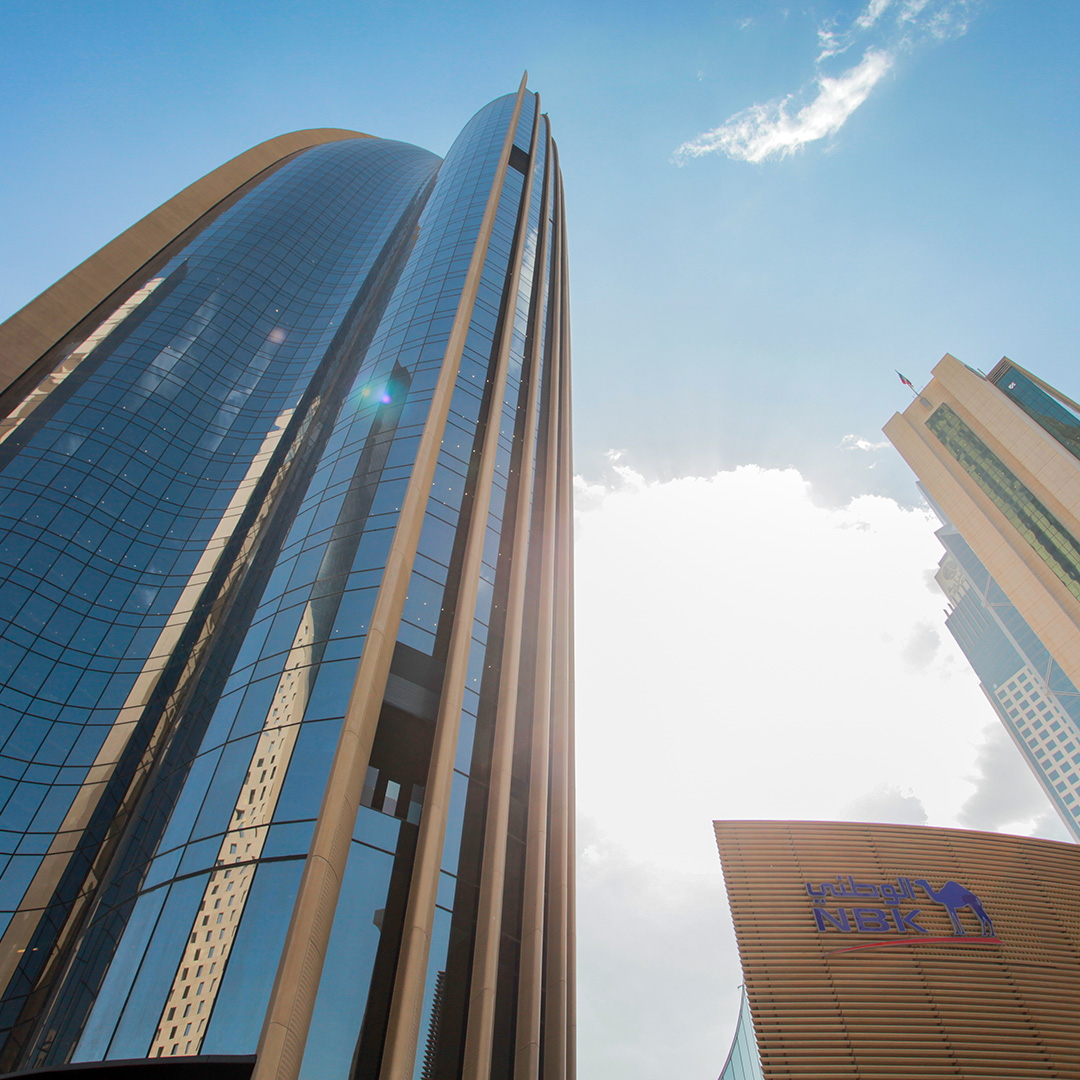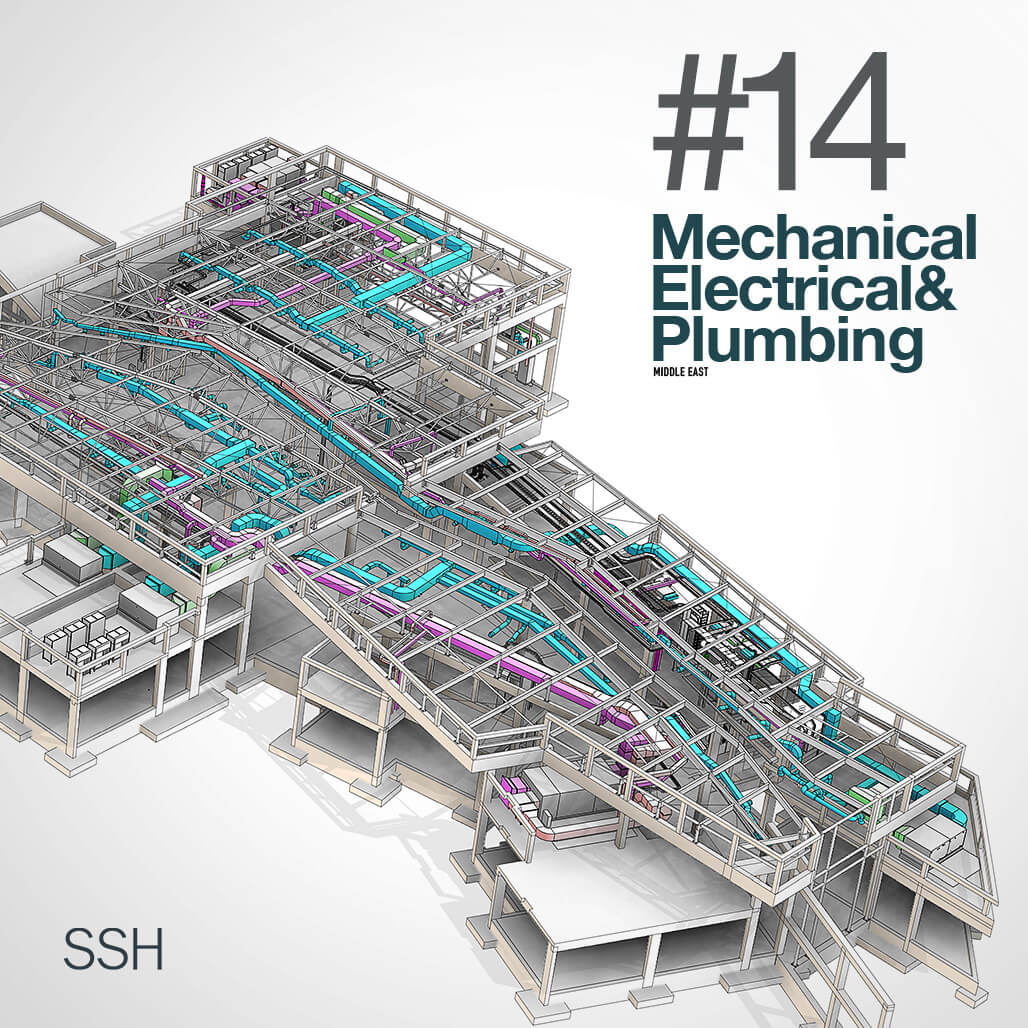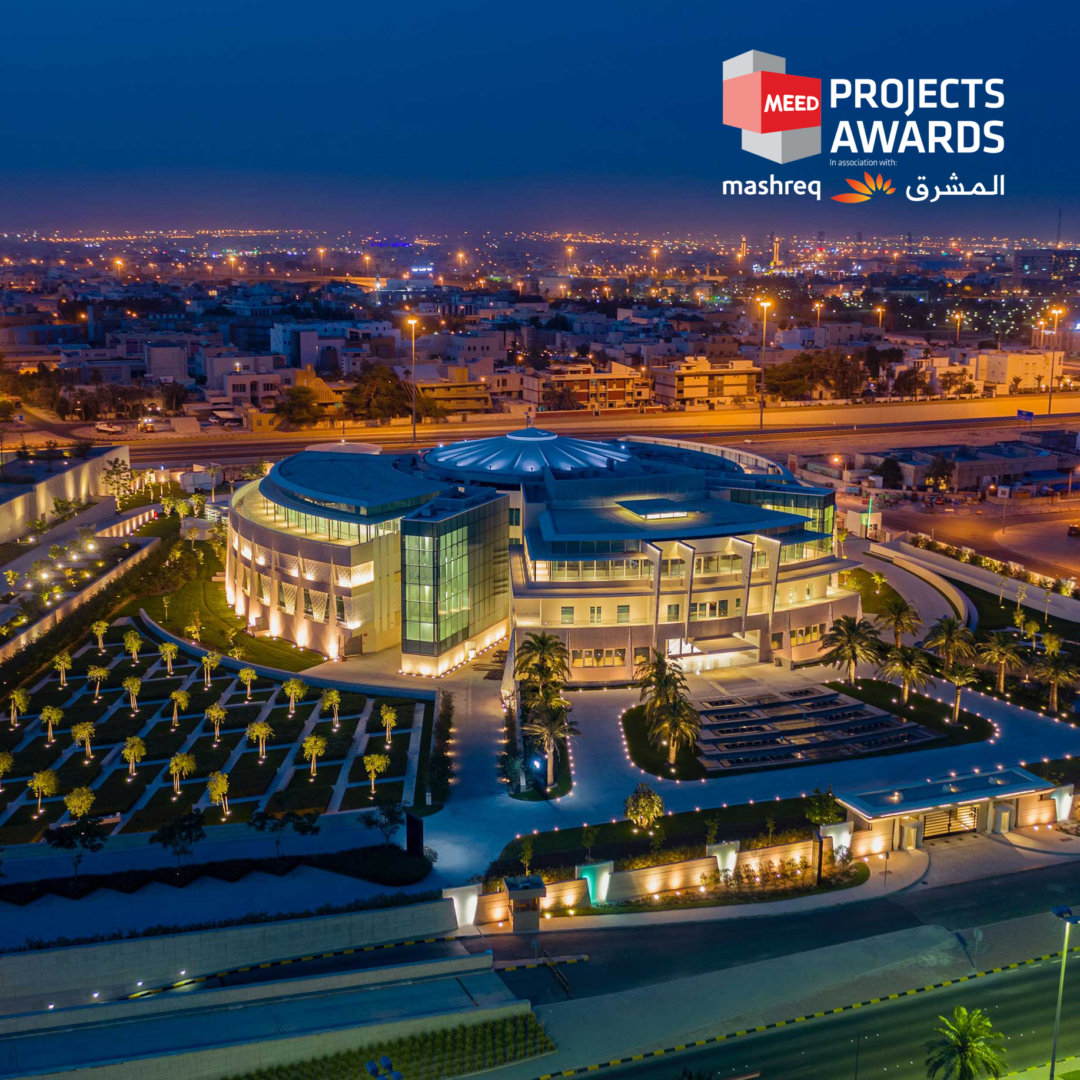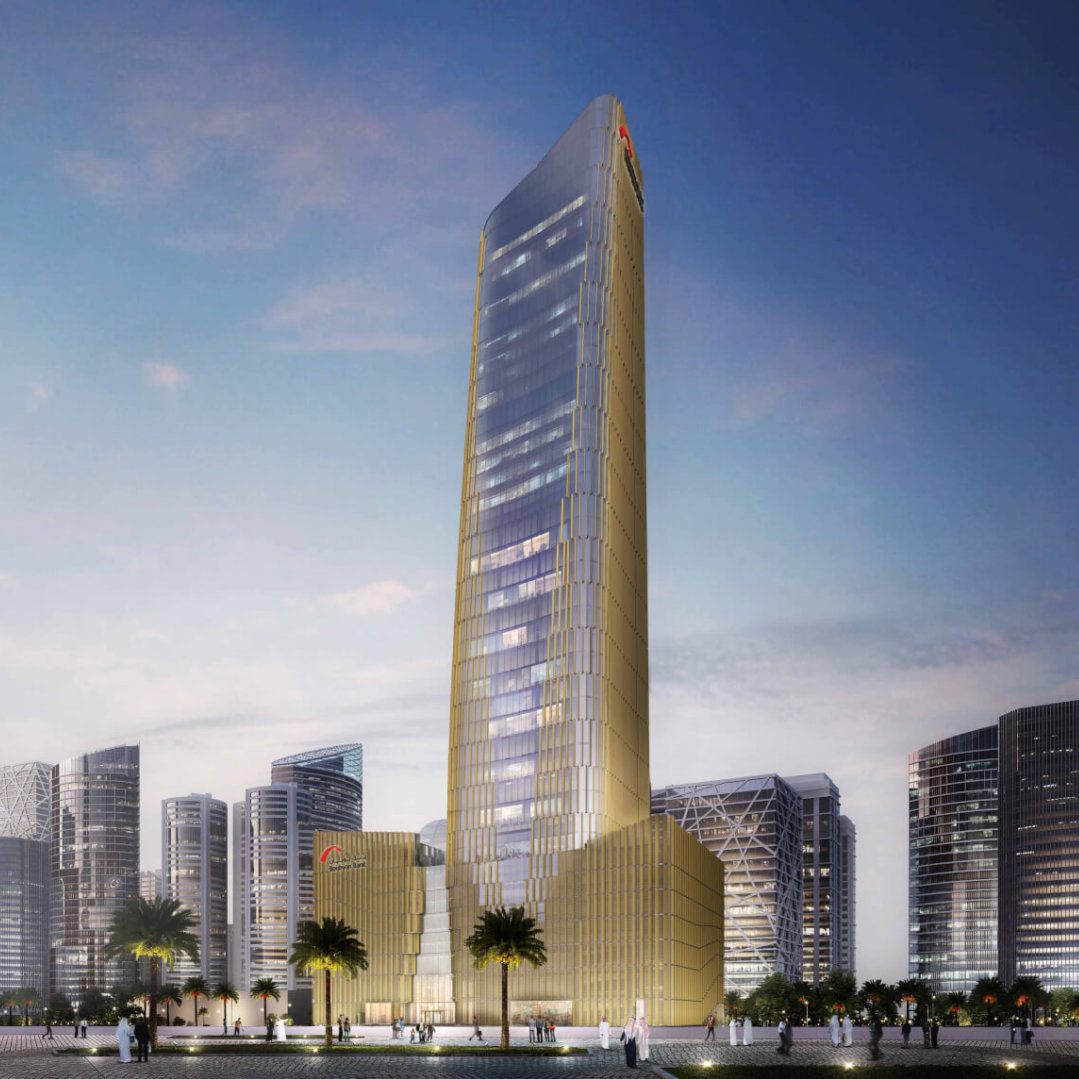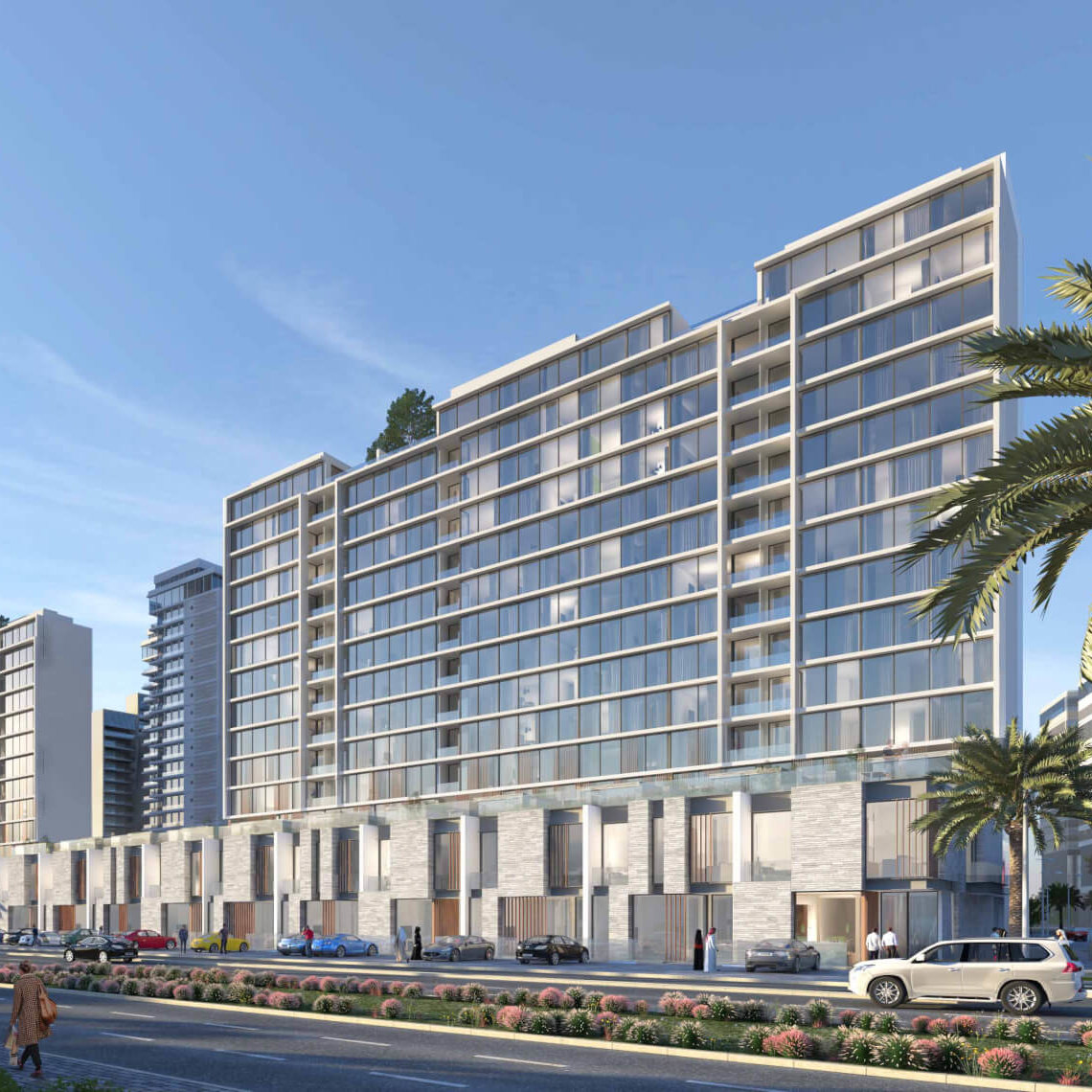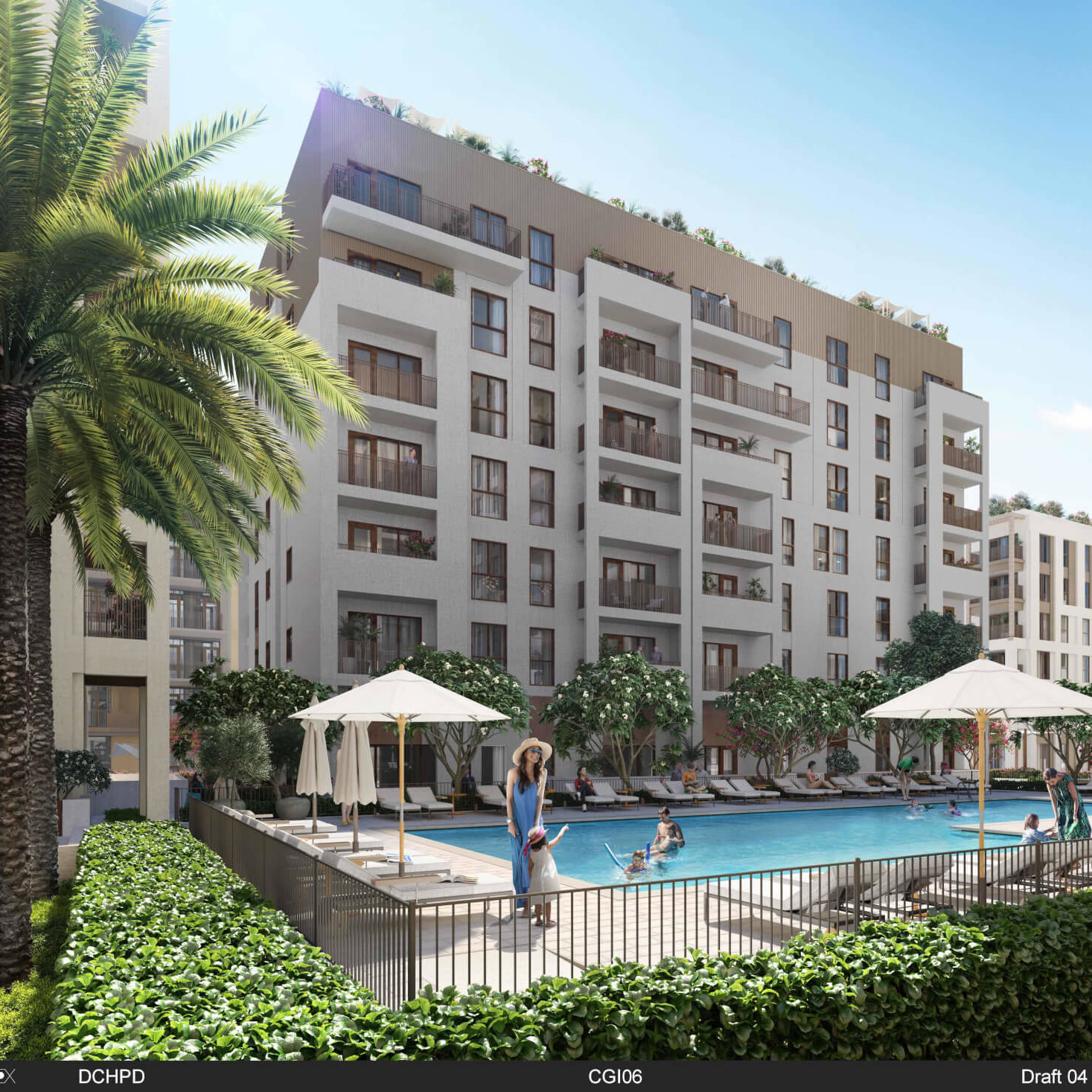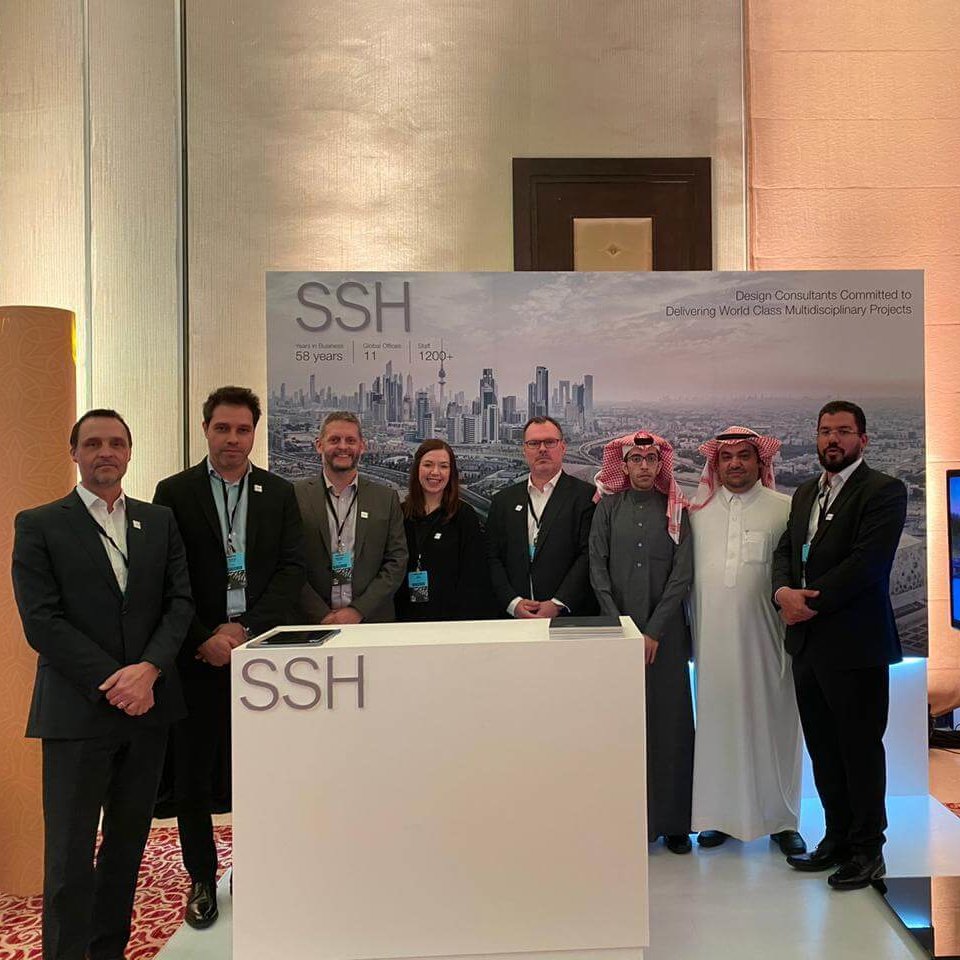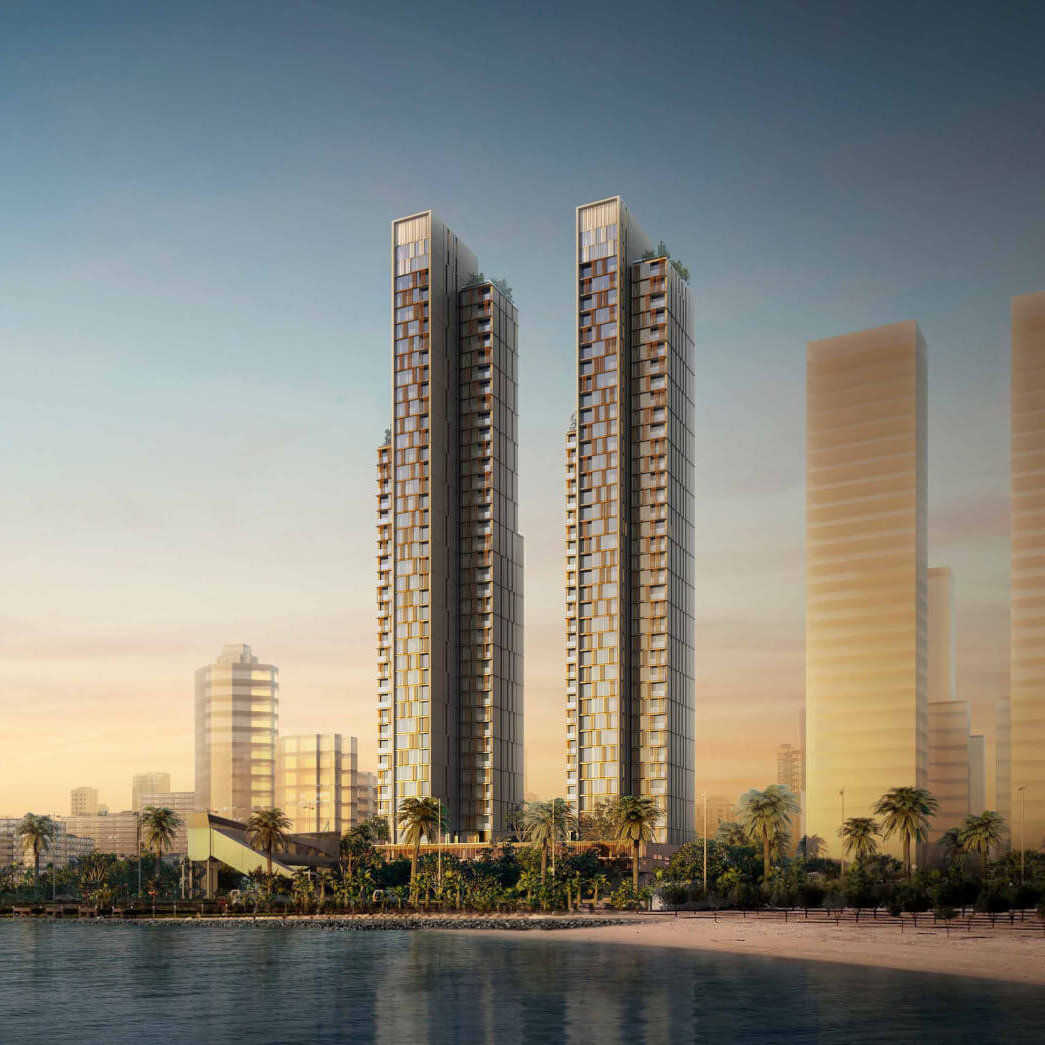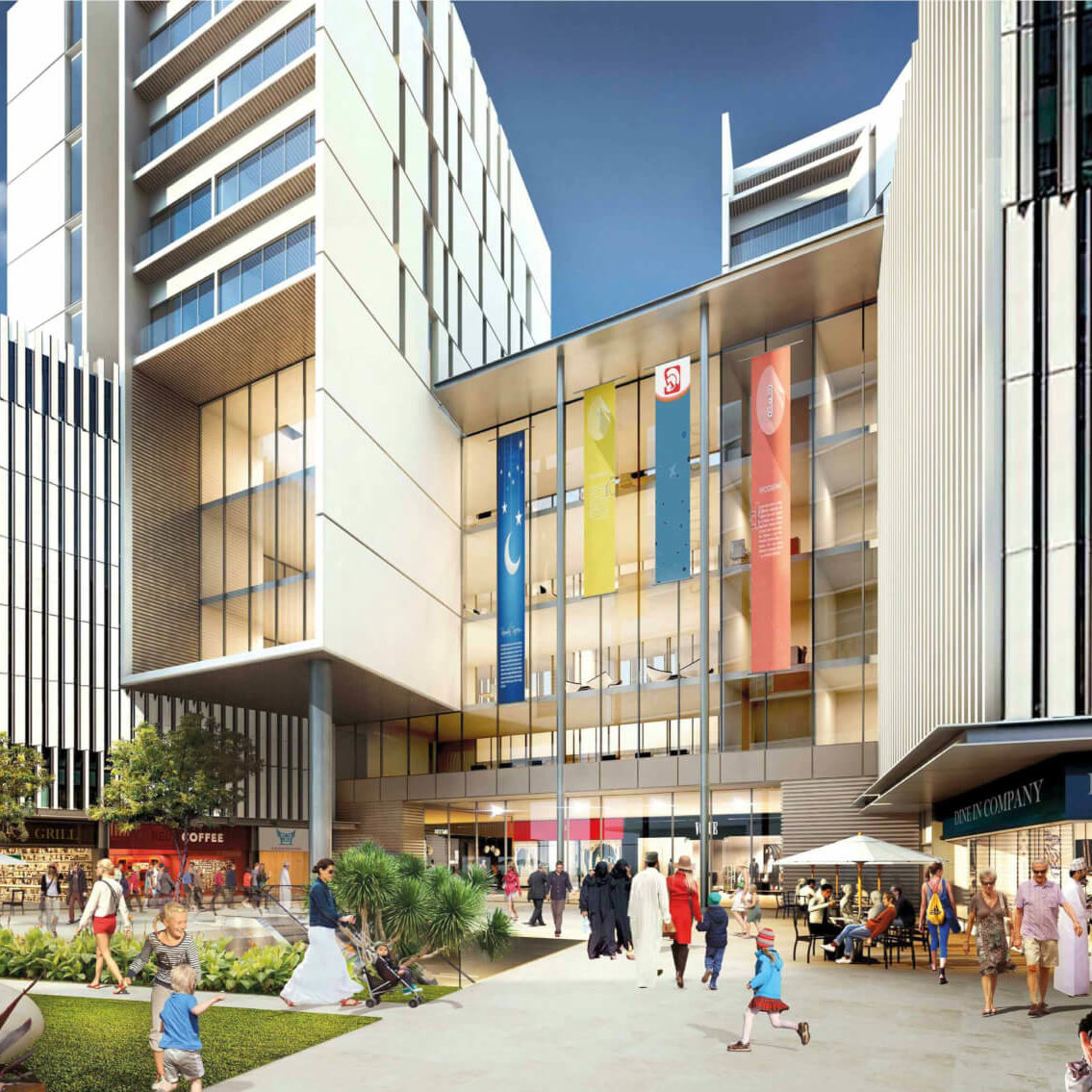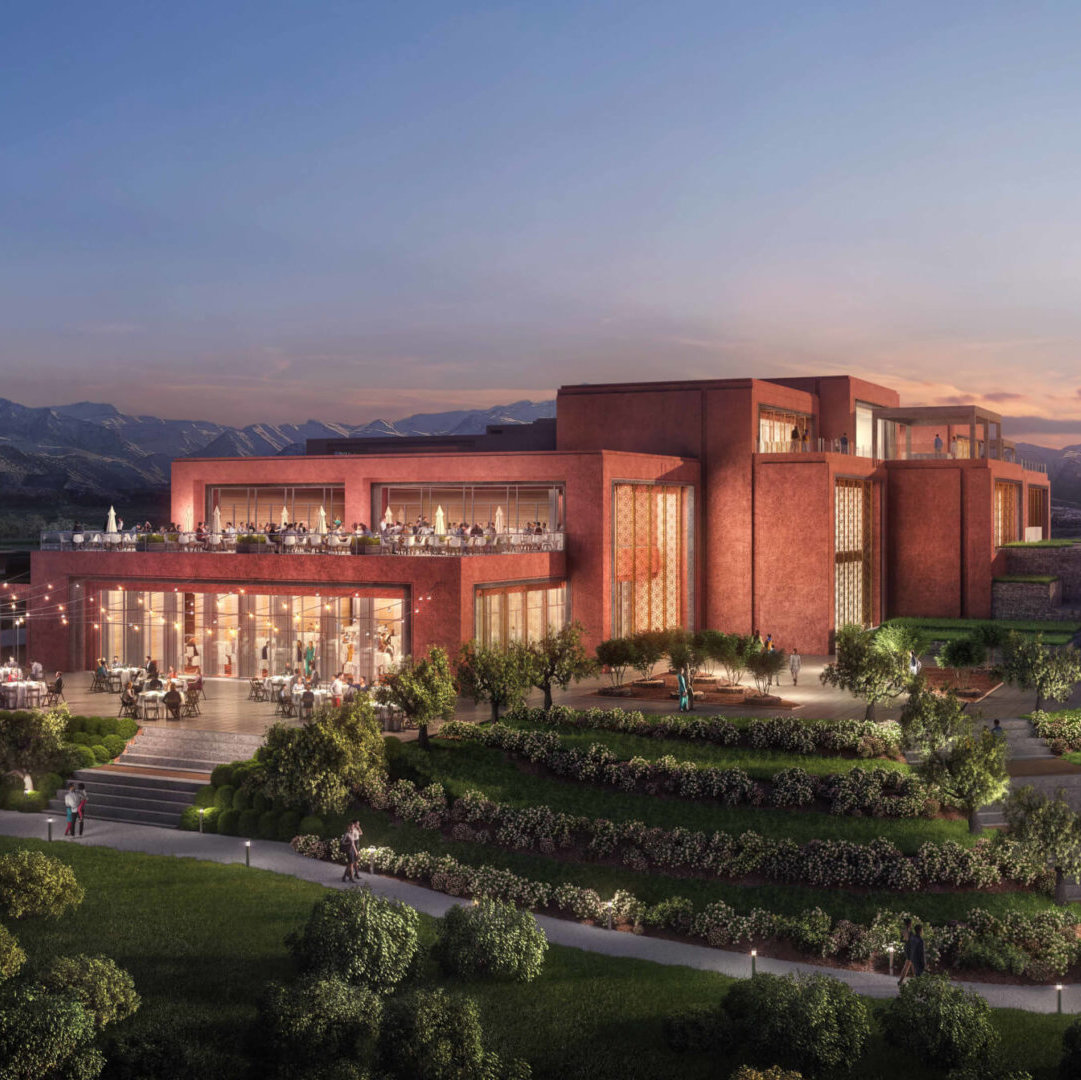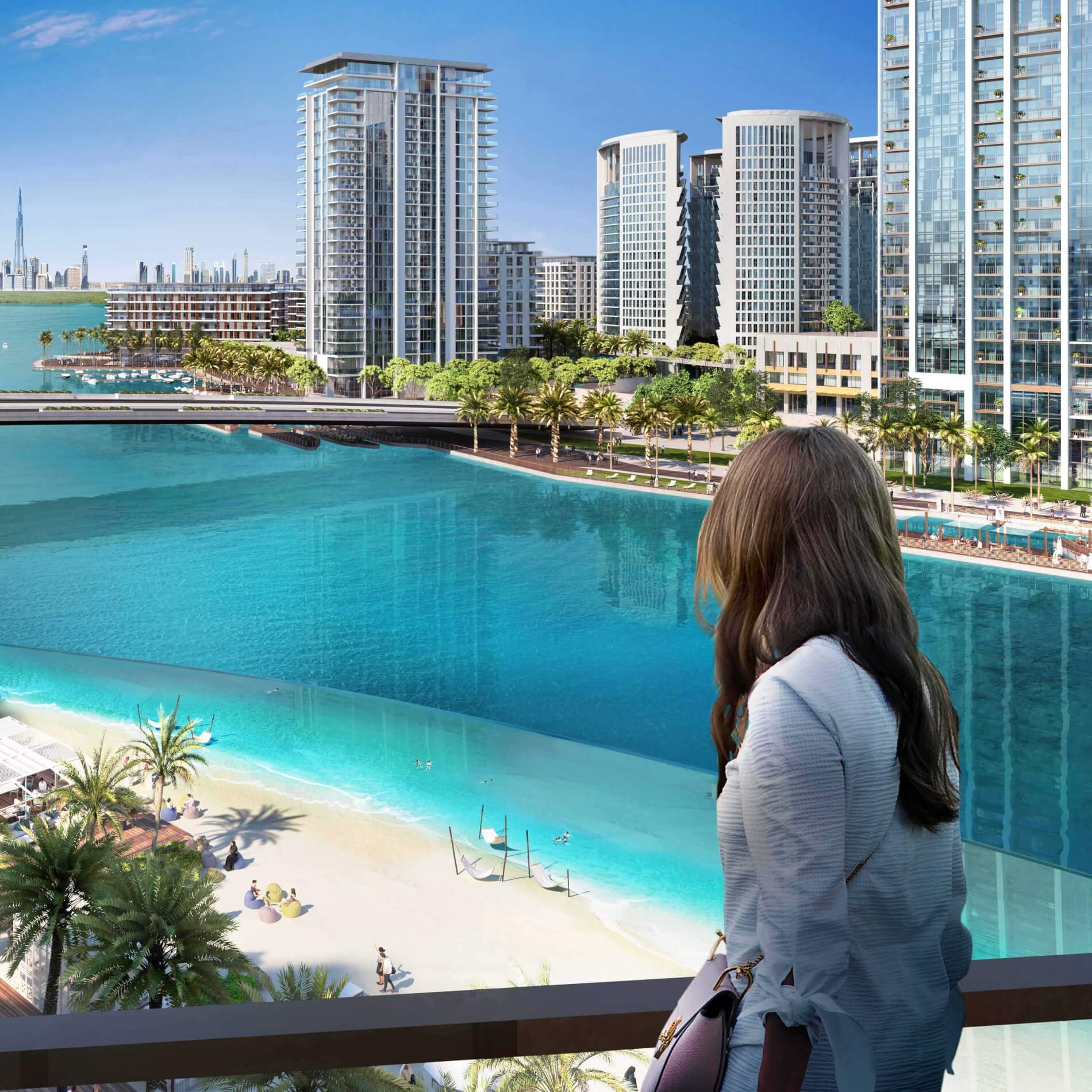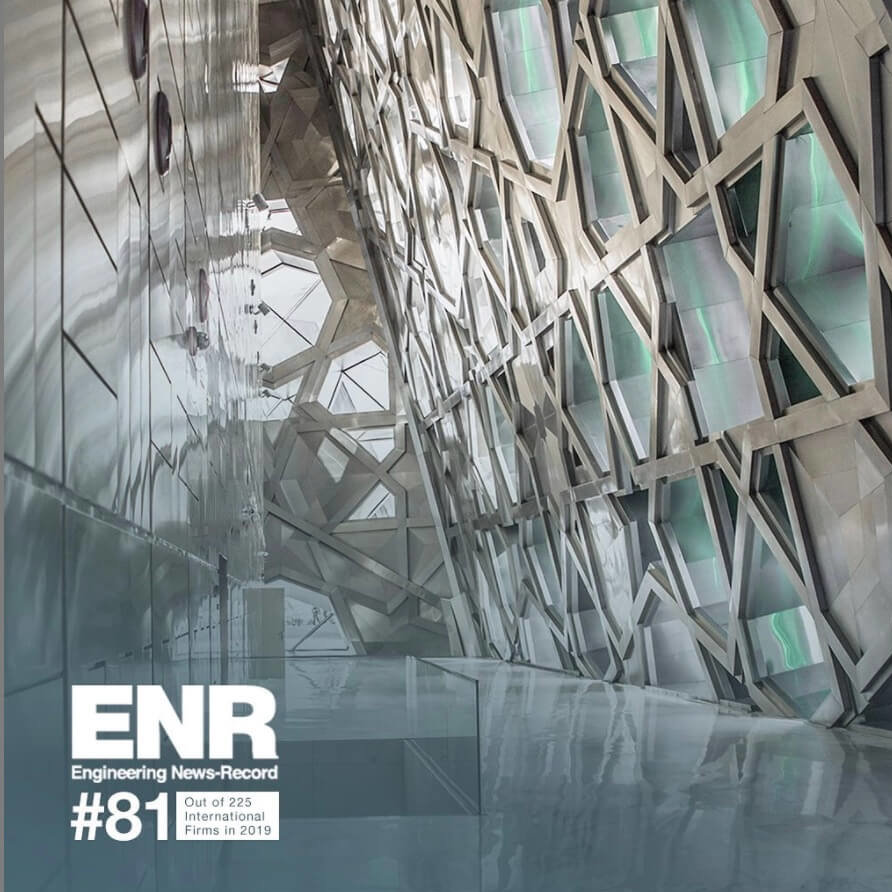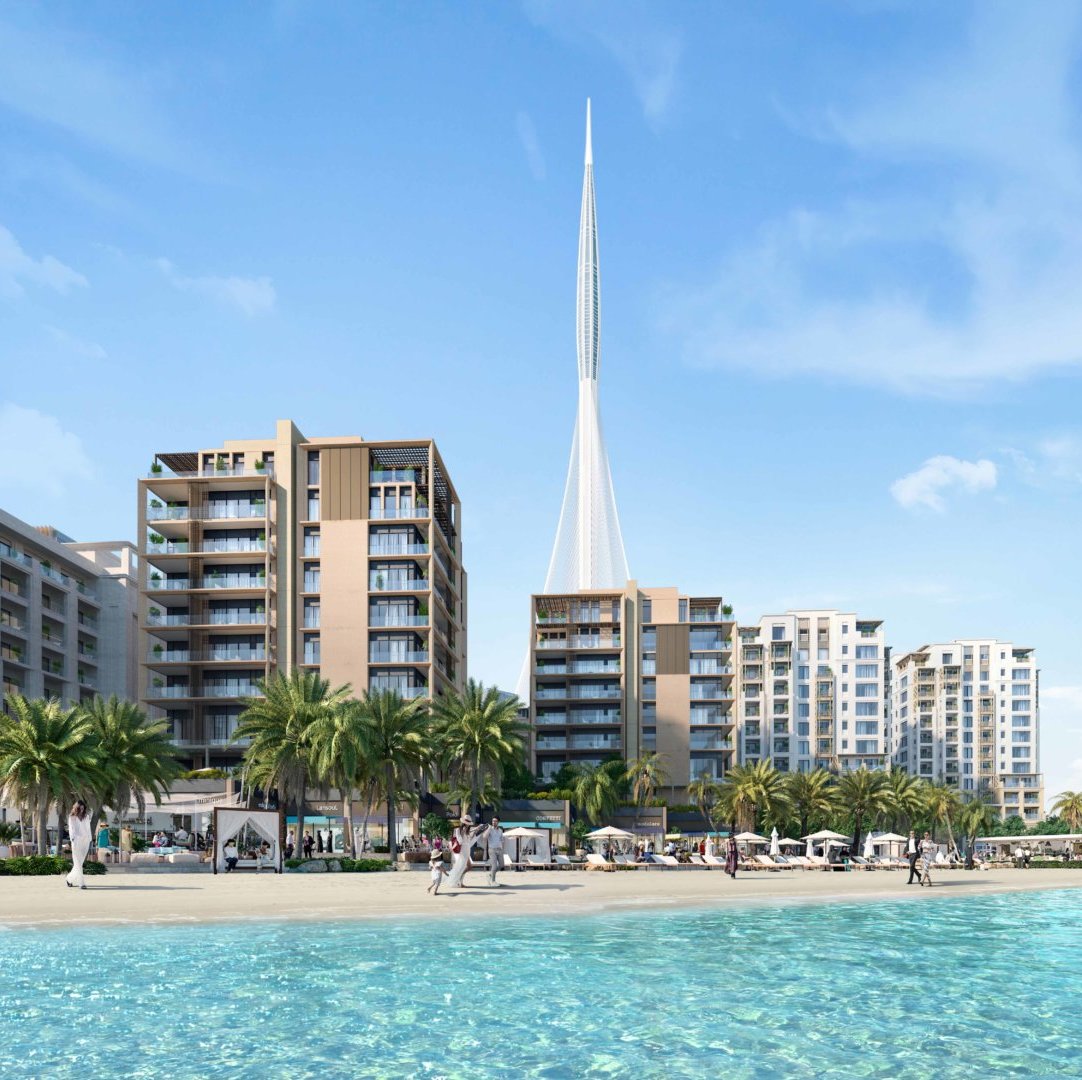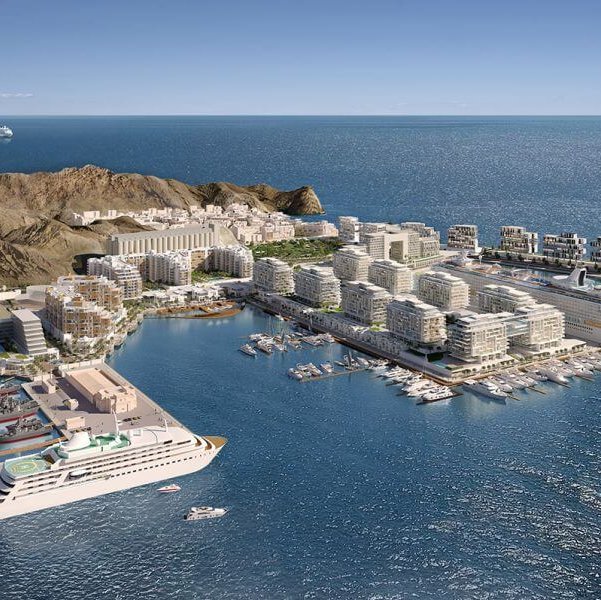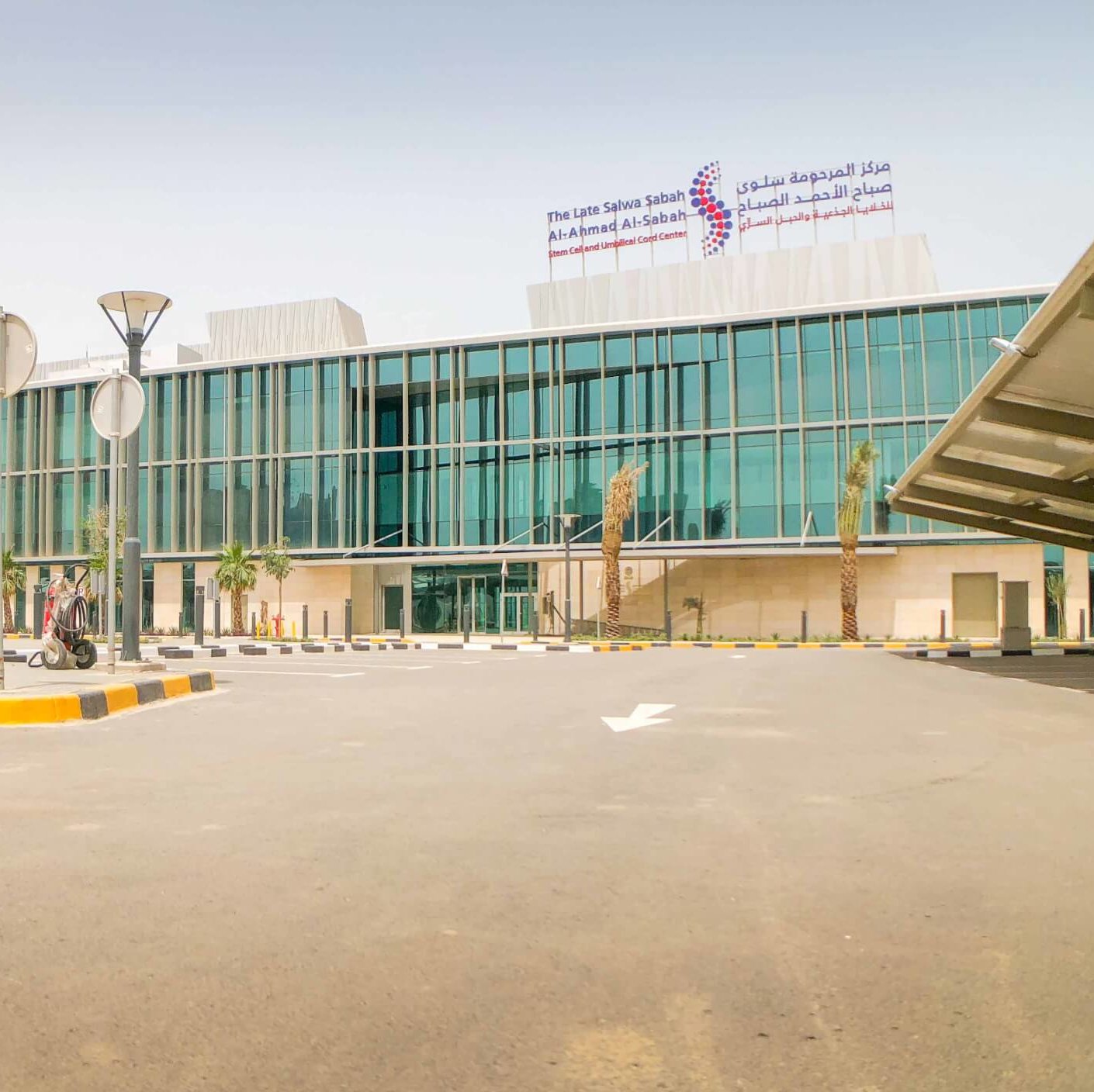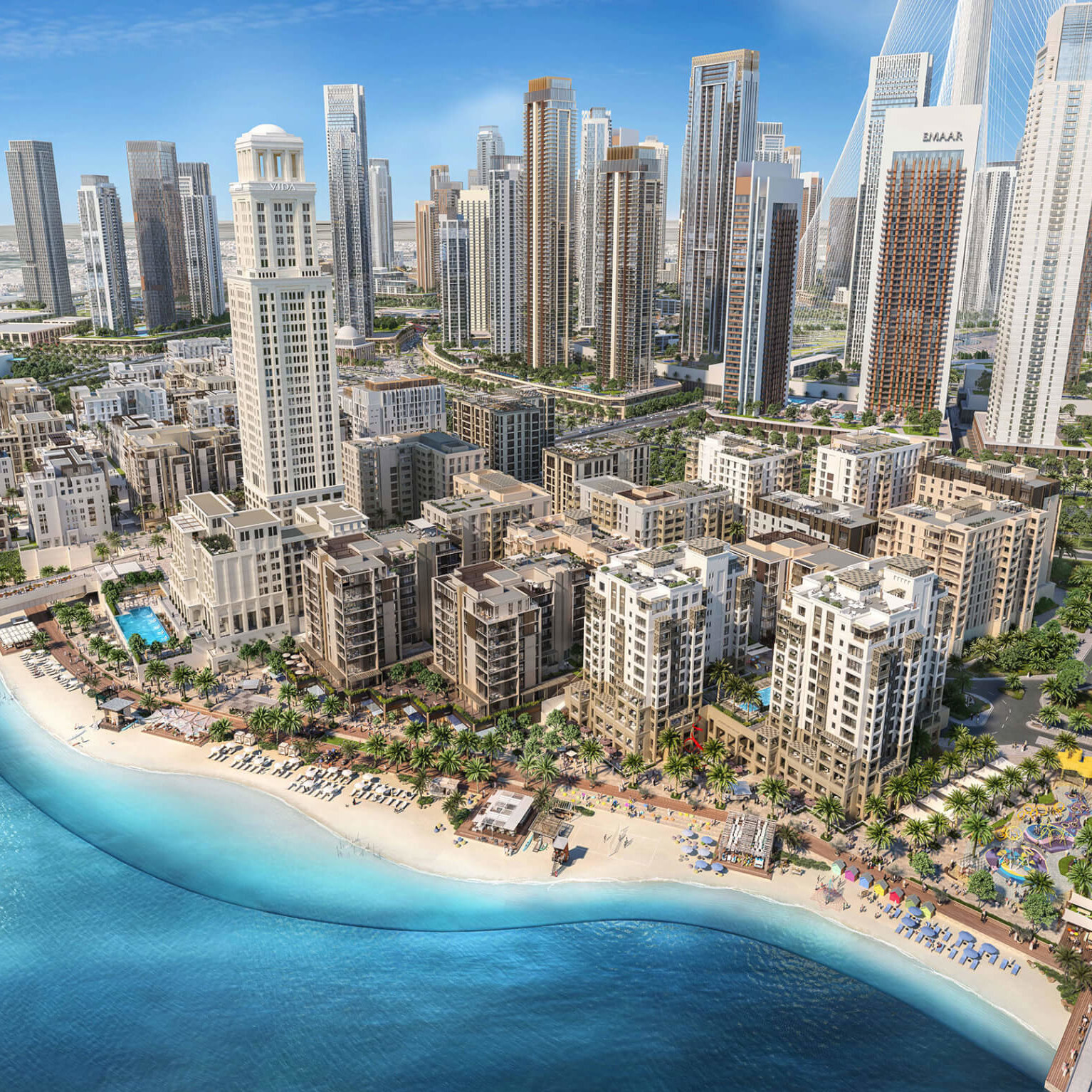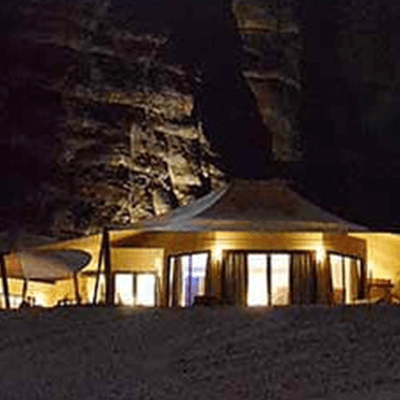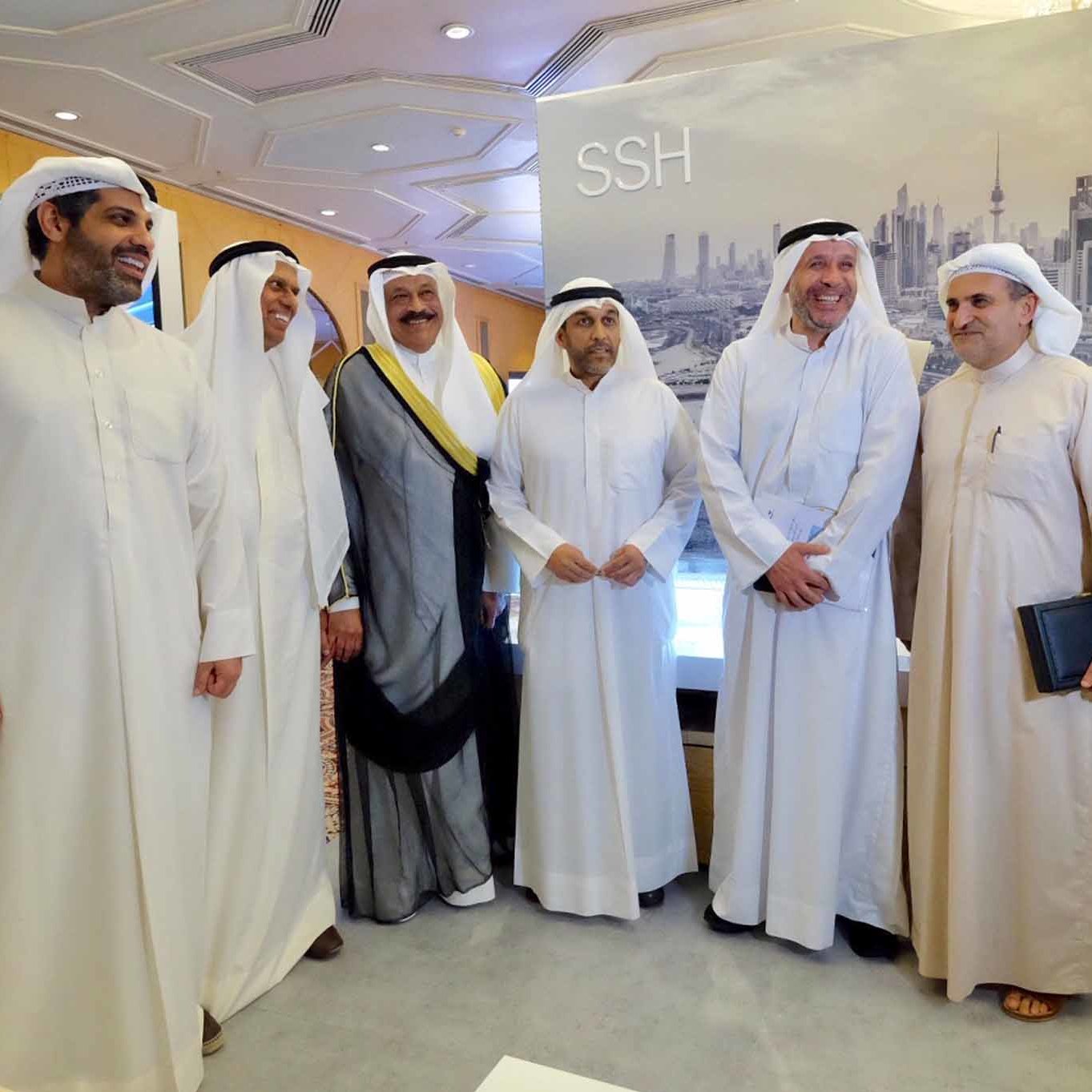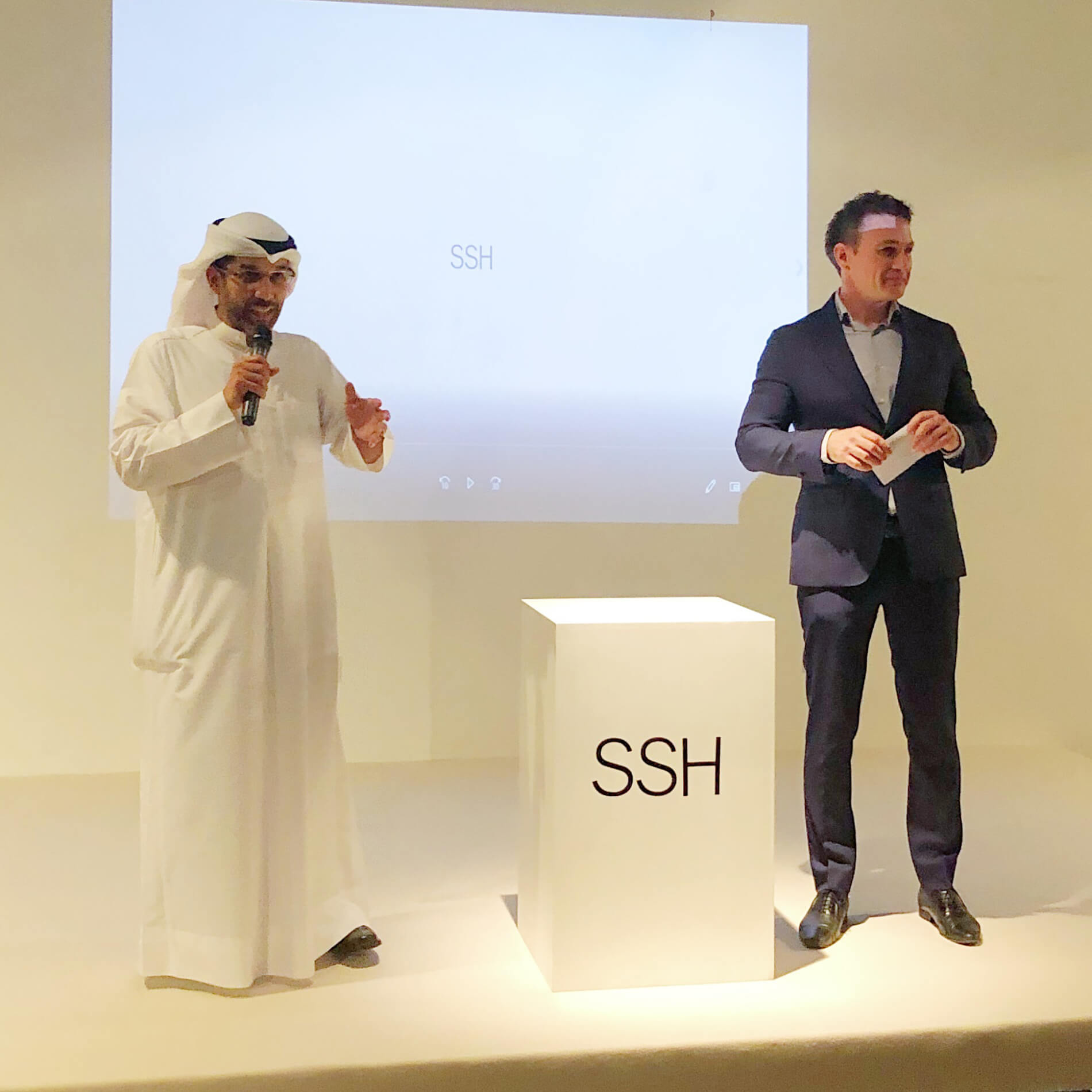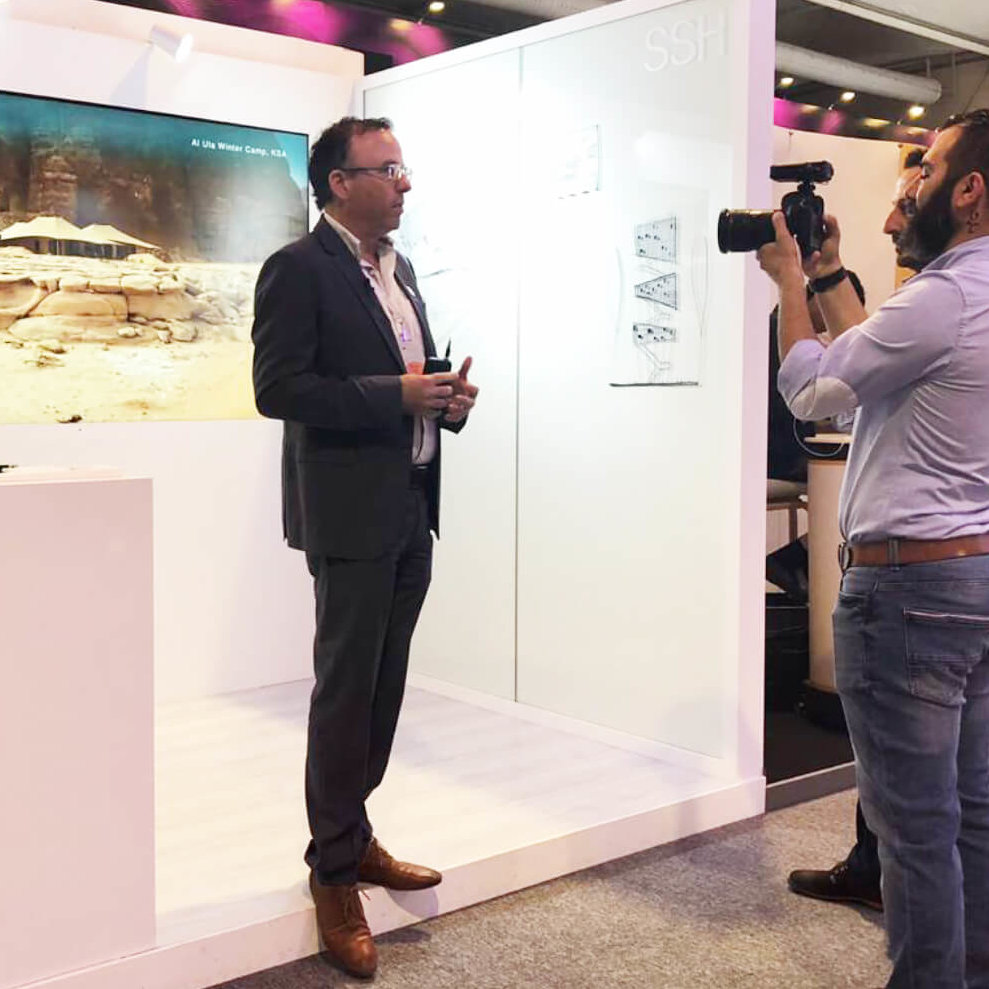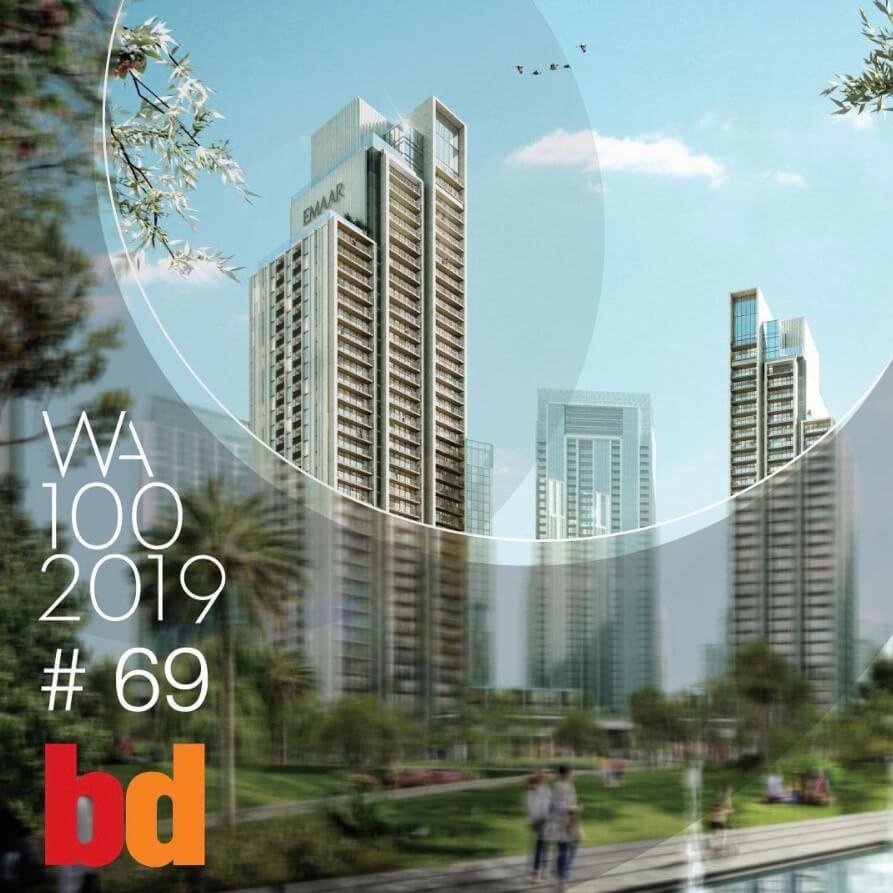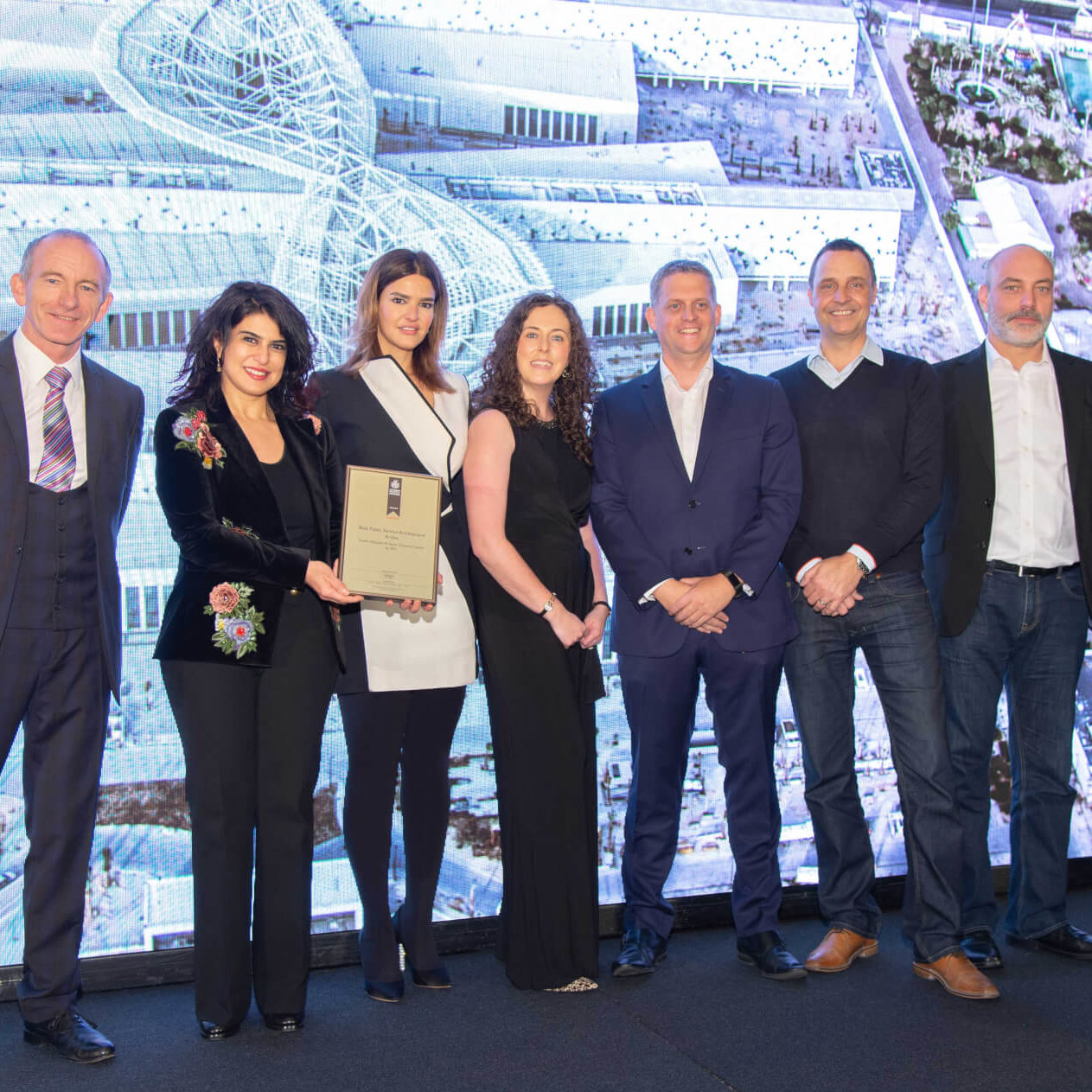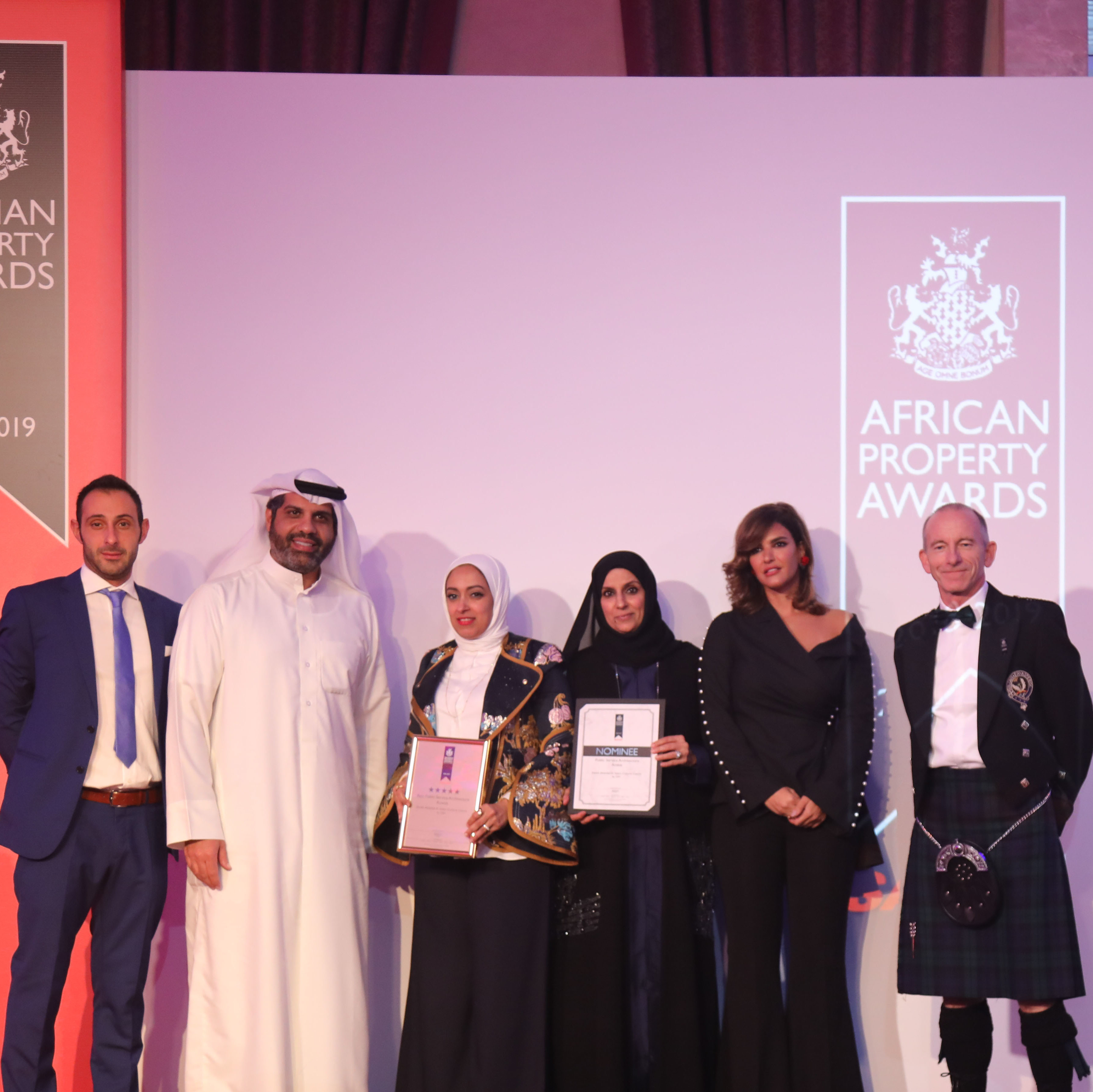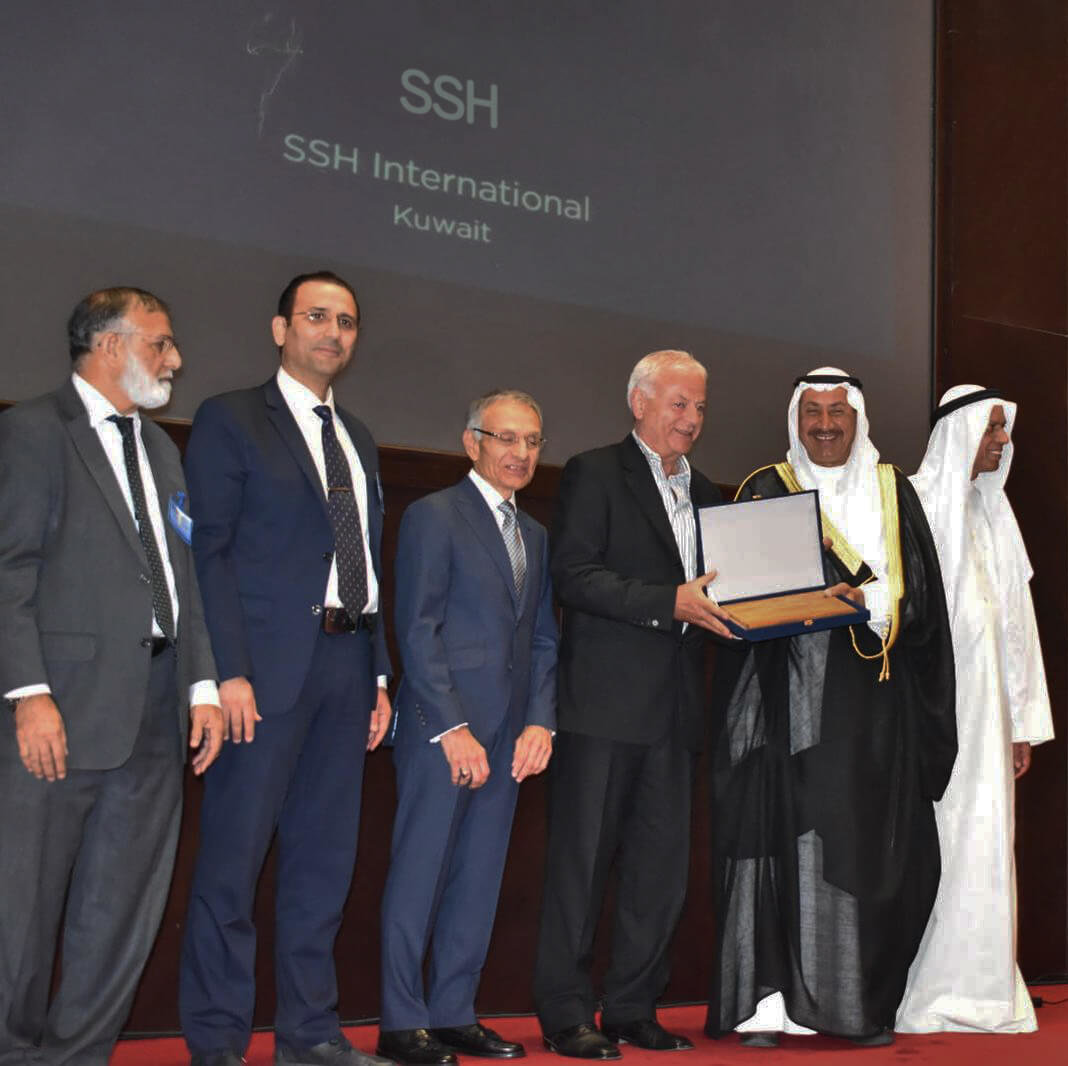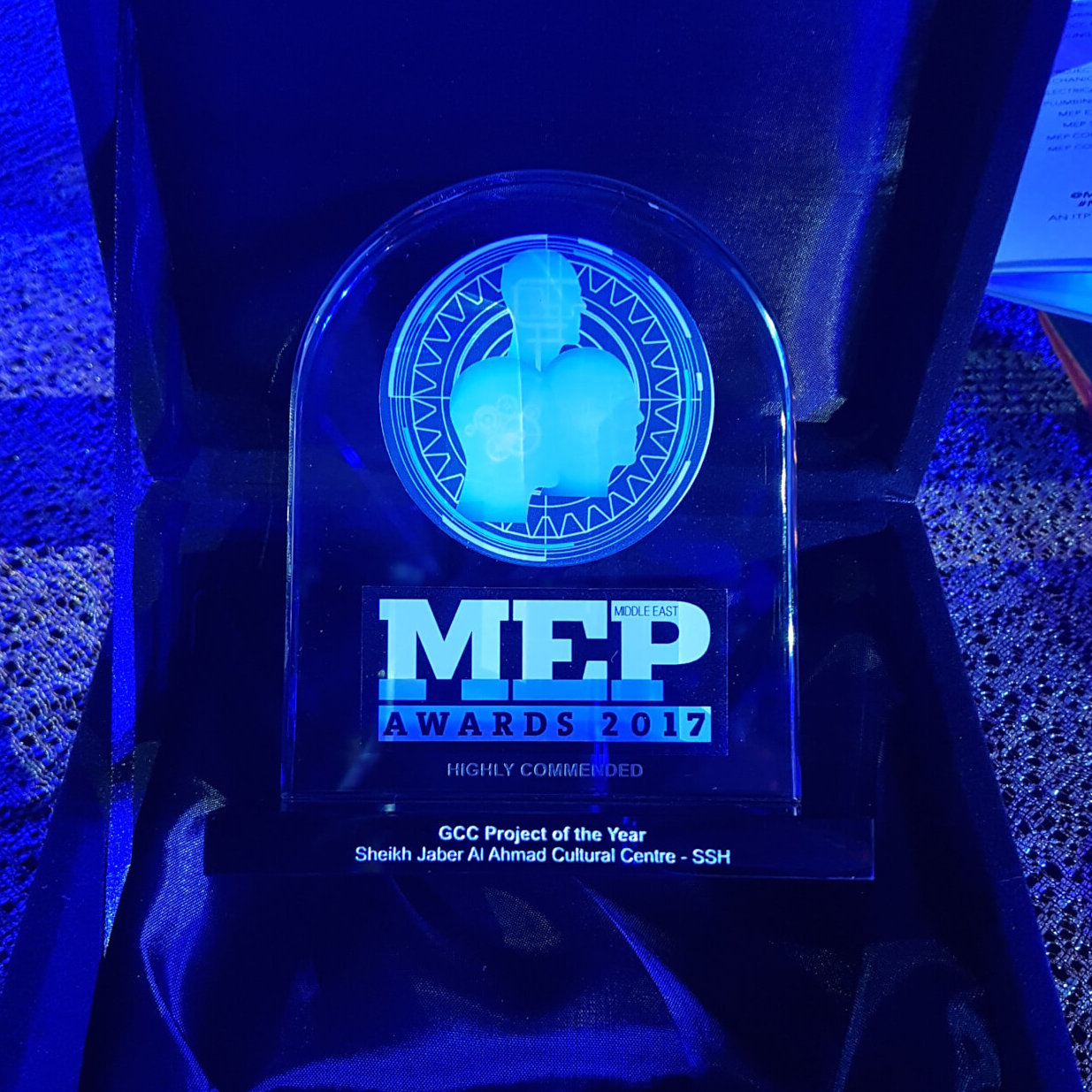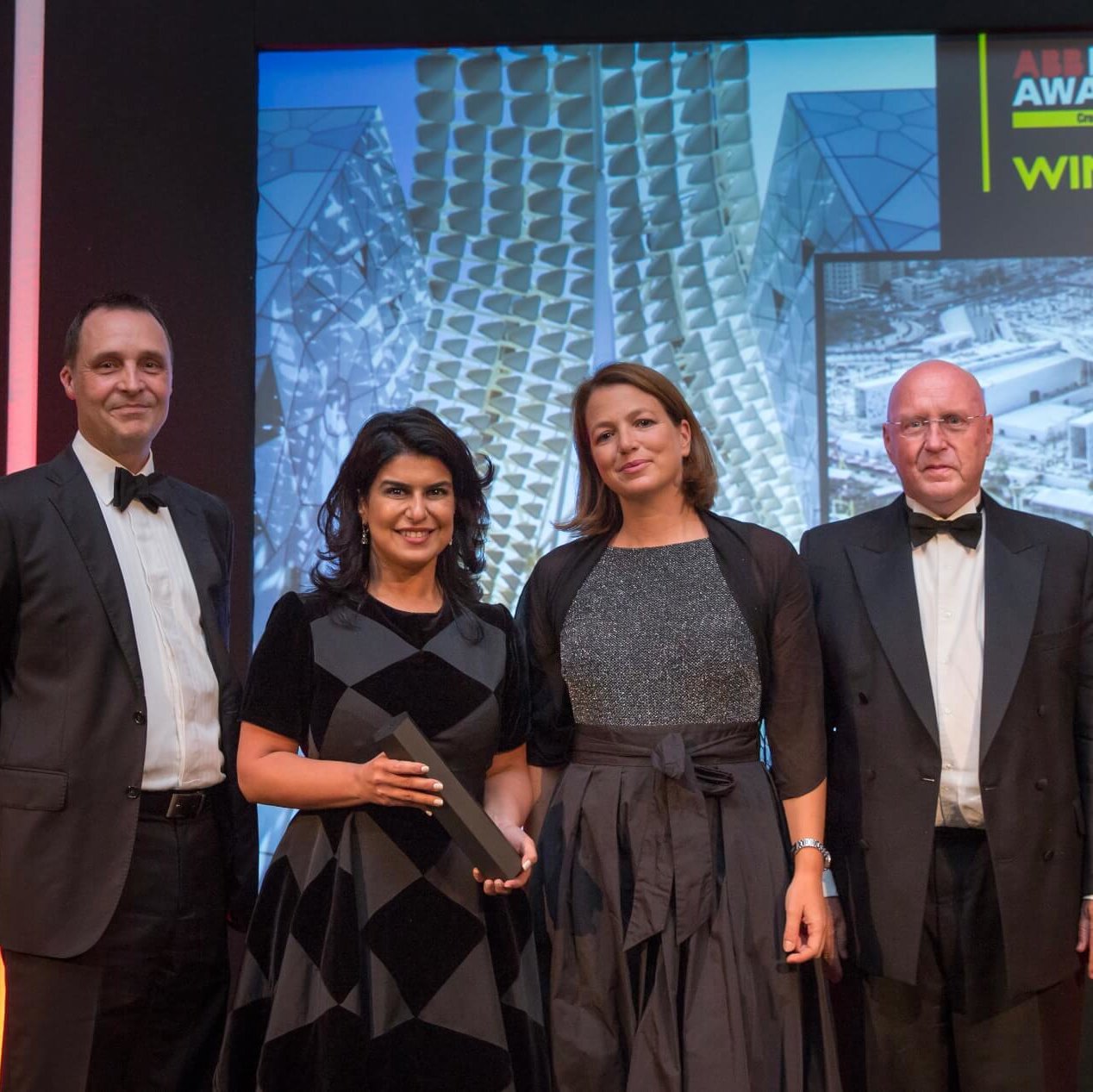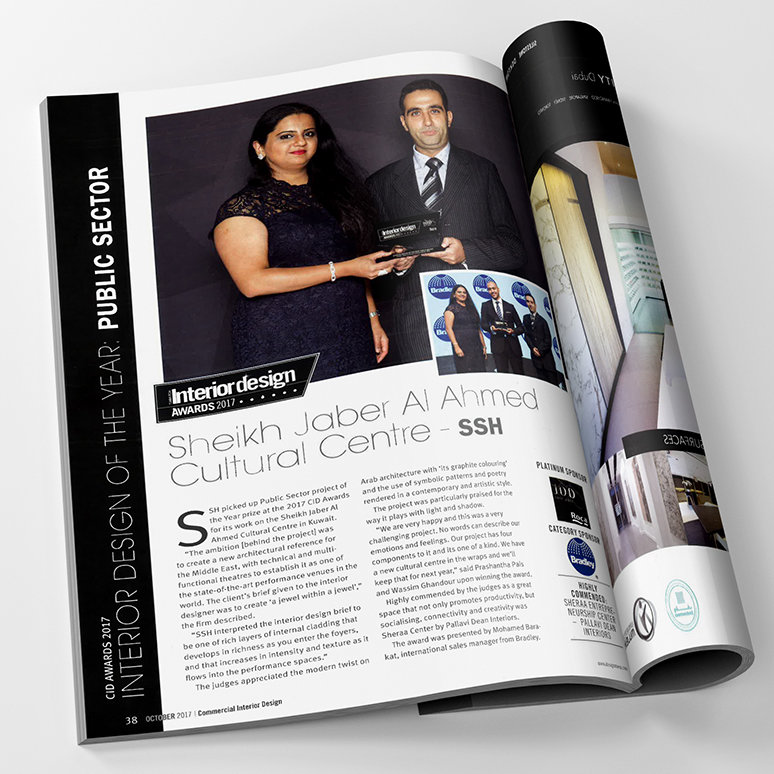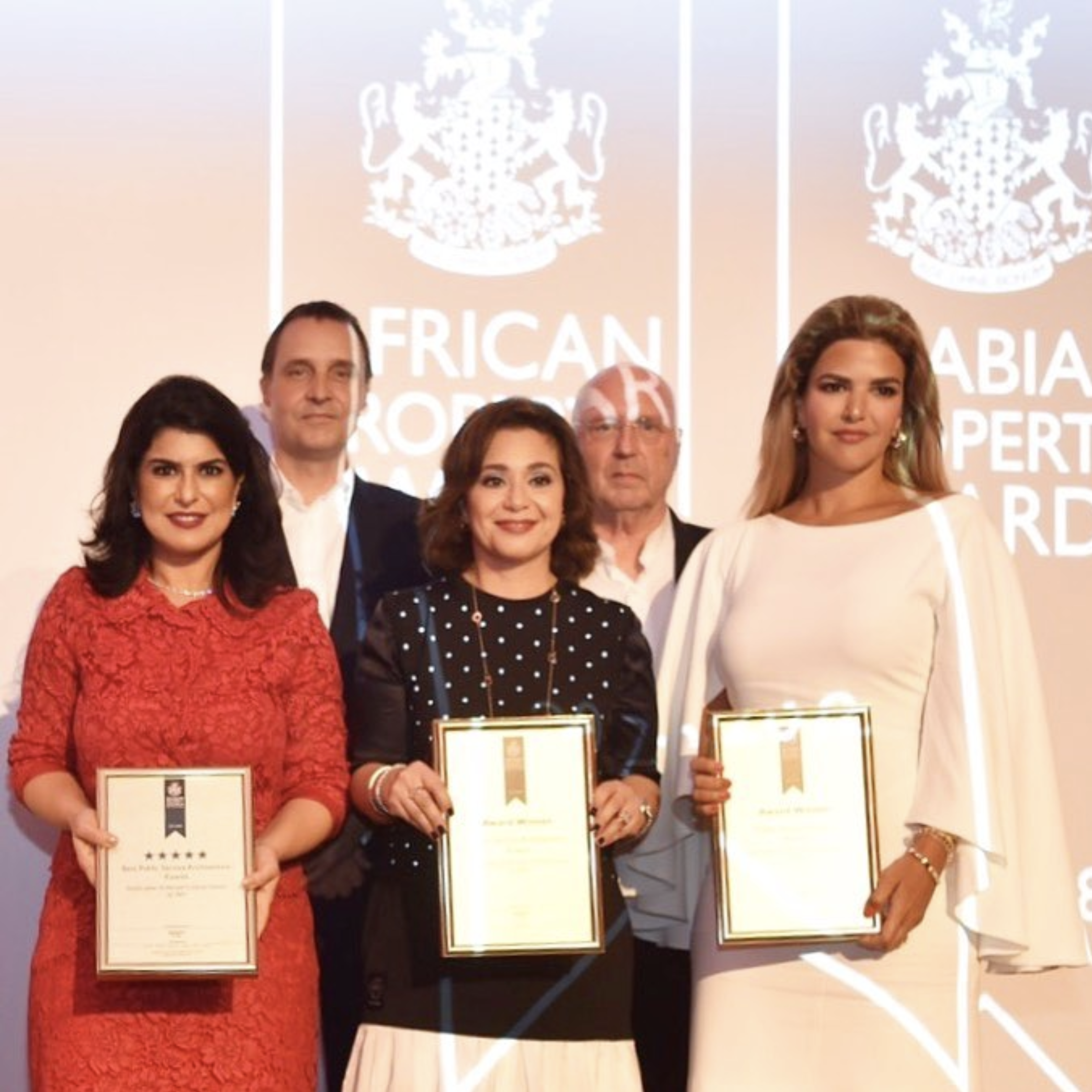1961
The Birth of an Exciting Possibility
SSH began as the glint of possibilities in the eye of a young architect five decades ago.
After graduating from the American University in Beirut, Sabah Abi-Hanna, on the advice of a professor, turned down an offer to work with the renowned Harry Seidler and took a job with the ministry of public works in Kuwait, a place he’d barely heard of before a summer internship the previous year. Kuwait had begun commercial shipments of oil in 1946 and by the 1950s a tidal wave of development had caused the historic port town to burst out through the old city wall into the desert.
A year into the job Sabah was dismissed when he returned two weeks late from his first ever trip overseas, taking in the architecture of Sydney, Manila and Tokyo.
He could have asked for his job back, but he decided to set up on his own. It was 1961, the year of Kuwait’s independence. He was 22. He was busy from the start. Early commissions included palaces for the royal family, branch offices for the National Bank of Kuwait, and the Sheikha Badriya mosque.
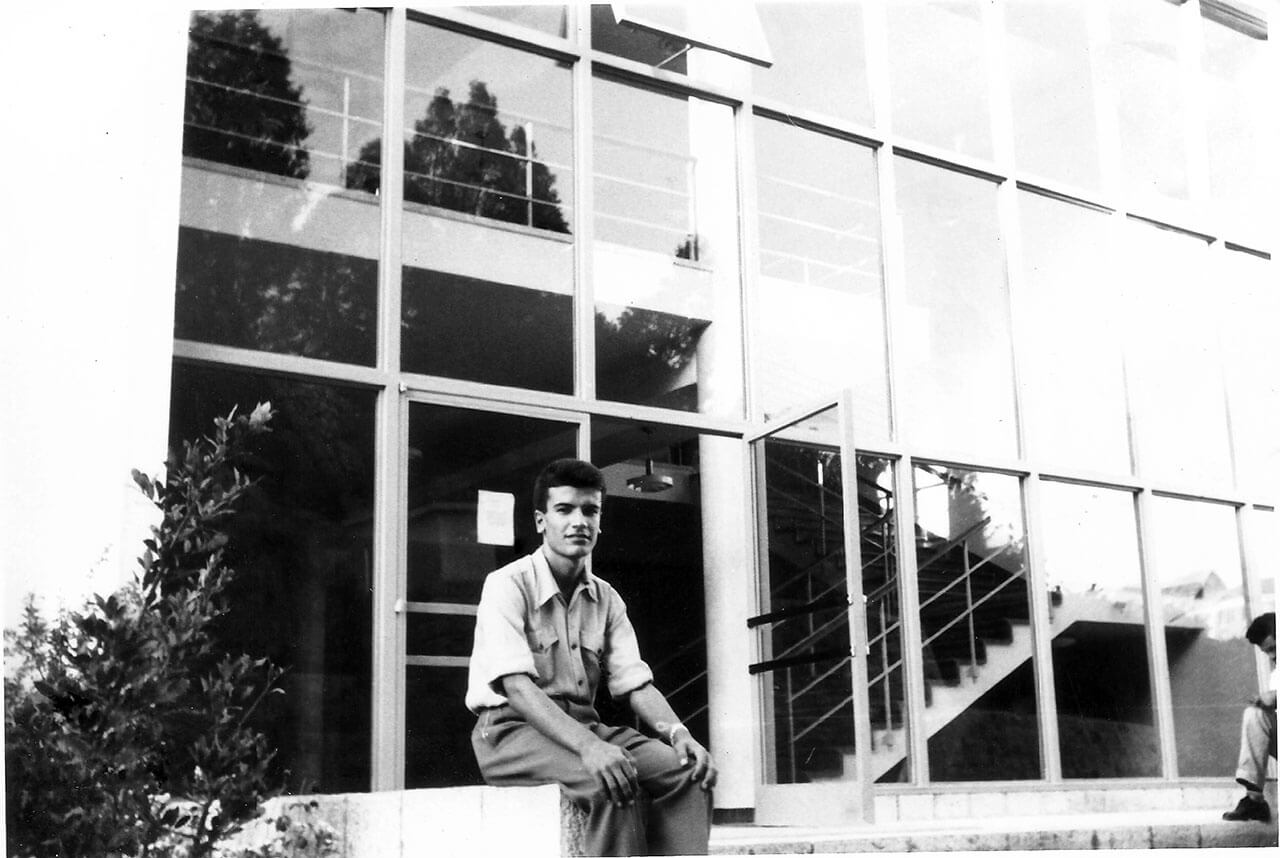 Download Our 50 Year Book
Download Our 50 Year Book
1971
A New Partnership: Sabah Abi Hanna & Salem Al Marzouk
In 1971 Sabah met the US-educated civil engineer Salem al-Marzouk. A highway engineer in the Ministry of Public Works, Salem had just been elected as a member of Kuwait’s new National Assembly, where he was a reforming firebrand.
He campaigned against bureaucracy and corruption and was the first to introduce a bill for women’s voting rights (which wouldn’t be granted for another 35 years).
Within 48 hours of meeting they had hammered out a deal for joining forces. “It was as if God had sent him to me,” recalls Sabah.
The pair began targeting major public infrastructure schemes and master planning.
Only once did Salem use his political influence for business. In 1973 he lobbied the government to require foreign firms to work with local ones to build local capacity. He succeeded, to the benefit of all Kuwaiti firms.
He left politics in 1976 to avoid conflicts of interest.
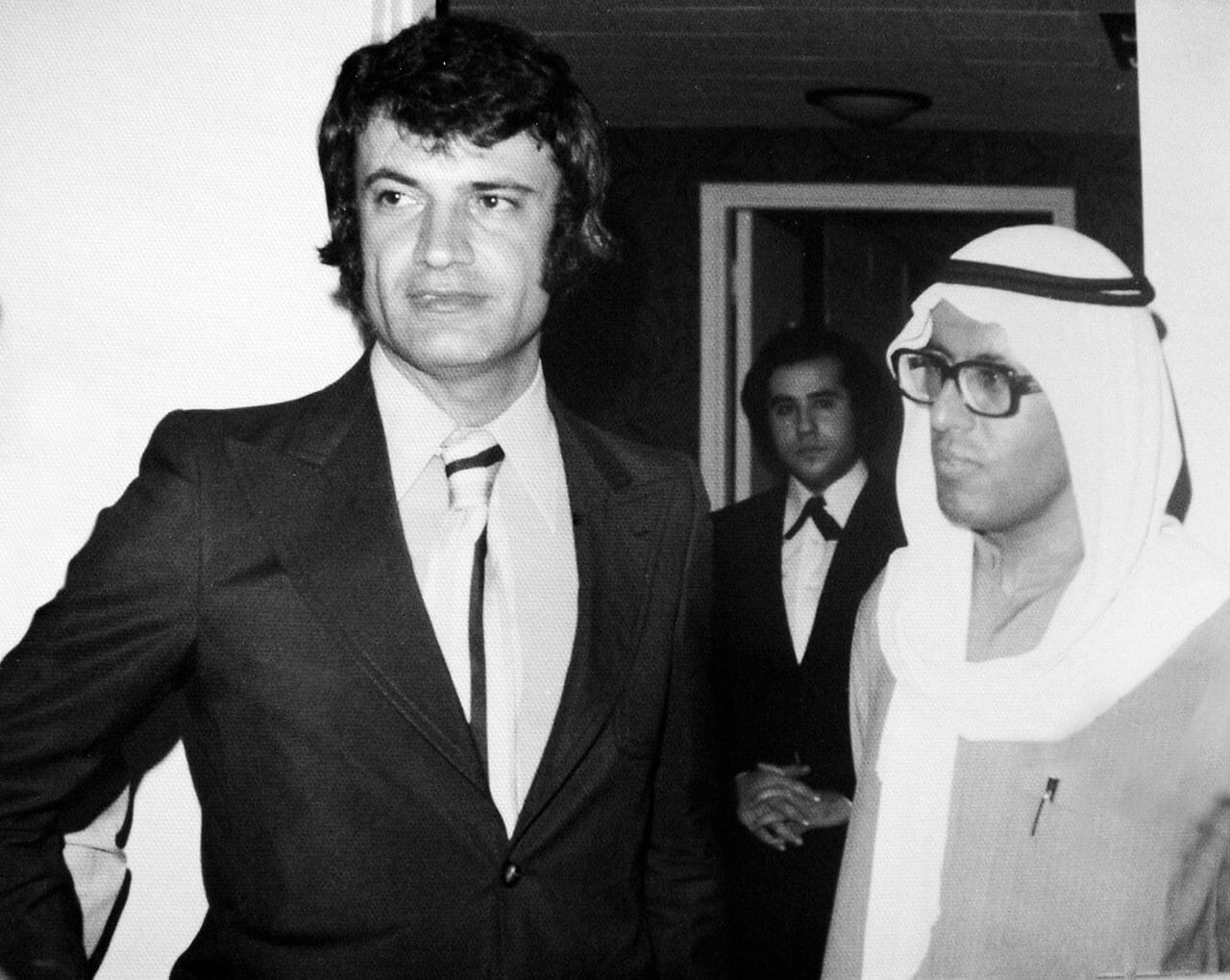 Download Our 50 Year Book
Download Our 50 Year Book
1976
Planning and Building: The New Kuwait
In 1976 the government awarded the master planning of the new Messilah District to a joint venture between SSH and the UK-based Shankland Cox Partnership (SCP). SCP’s man on the ground was the Australian architect and planner, Charles Bosel. He had directed development projects all over the world and Kuwait’s rapid urbanisation fascinated him.
SSH won more major planning studies, including for the planned new city of Subiya, the new business district at Fintas plan and, in 1977, the first major review of Kuwait’s national master plan.
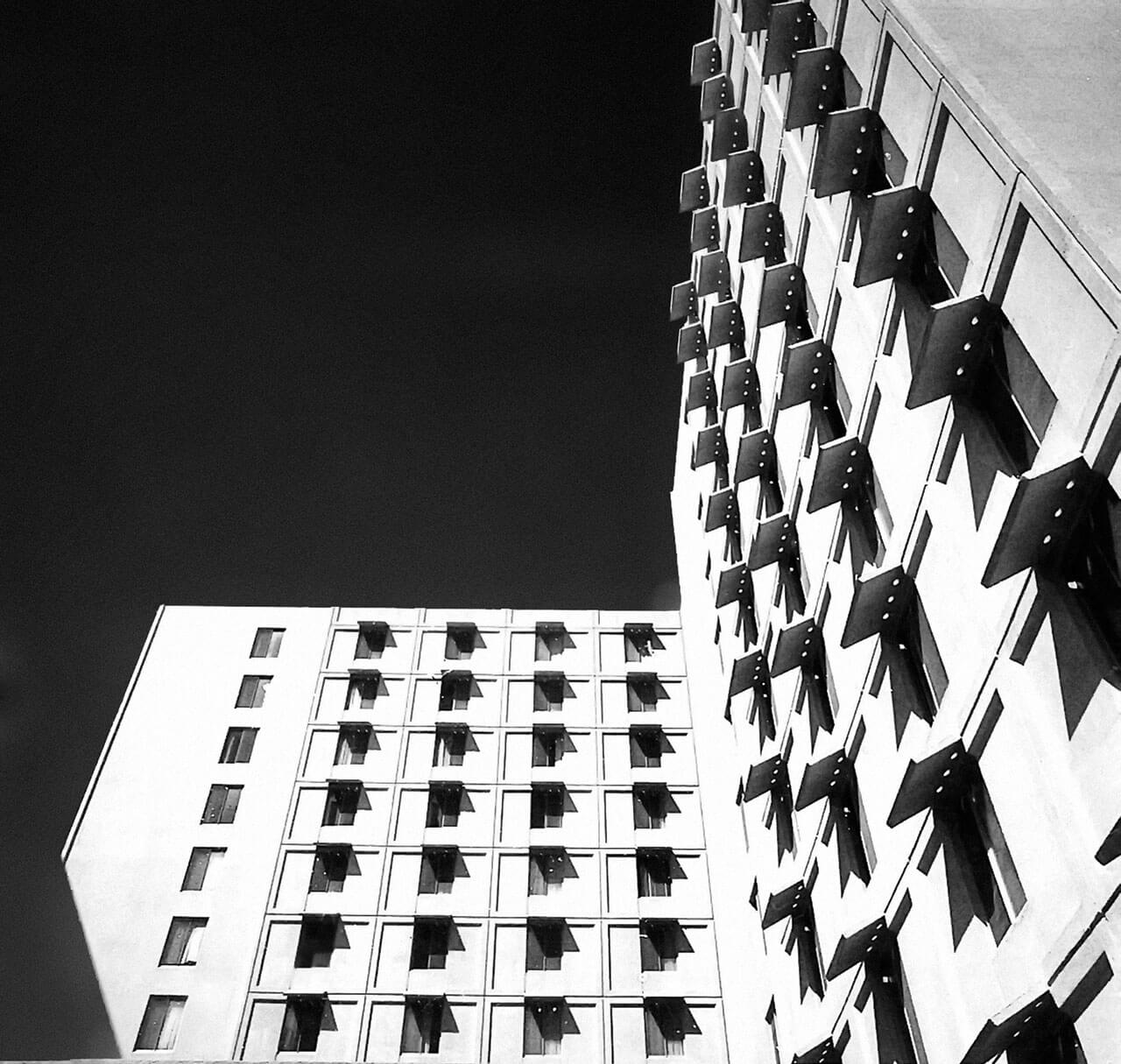 Download Our 50 Year Book
Download Our 50 Year Book
1980
A Third Partner and a Golden Era
Charles accepted a management consultancy role with SSH in 1977 and became a partner in 1980.
Kuwait forged ahead with its development in the 1980s, and SSH forged ahead with it. The firm was now designing and supervising some of the country’s largest infrastructure projects.
It was selected as part of a joint venture to design and build a huge conference and residential complex, the Bayan Palace, for the Fifth Islamic Summit Conference, which Kuwait was to host in 1987. The team had just over two years to deliver this high-spec facility for 108 visiting heads of state, and it was a success.
It seemed nothing could stand in SSH’s way.
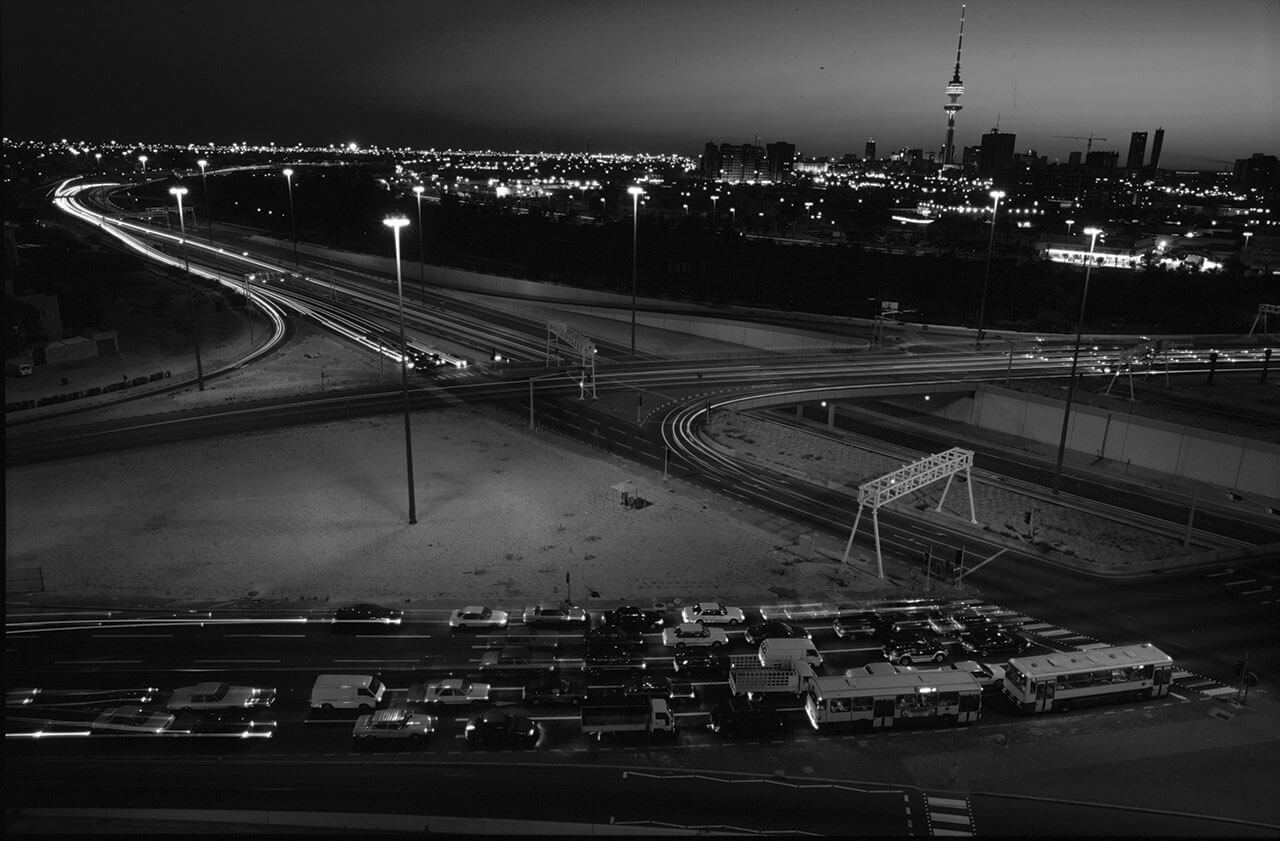 Download Our 50 Year Book
Download Our 50 Year Book
1990
The Invasion
The invasion in August 1990 took everyone by surprise. “Our project has been taken over by the Iraqi army,” a bewildered project manager told Sabah on the telephone on the morning of 2 August.
Sabah and Charles made harrowing overland escapes. In a rented apartment in Cyprus, with a just fax and a phone, Charles did his best to run an SSH office in exile.
When they returned, they had to rebuild the company from scratch. Its offices were ransacked, its computers and equipment were gone, its staff were scattered around the globe, and all projects were on hold.
Slowly they regrouped. A few key staff were tracked down and persuaded to return to a place the TV news showed was on fire. They located all of the nearly 200 employees and disbursed any pay owed, a duty many firms excused themselves from after the invasion.
The early 1990s were wilderness years. With staff numbers down to as low as 20, the company subsisted on remediation work for war-damaged buildings. The 1980s mood of progress and confidence was gone: in its place an atmosphere of suspicion and short-termism.
One bright moment came when Ali al-Abdullah, who had set up a task force in Washington D.C. to plan the reconstruction of Kuwait post-liberation, joined the firm in 1993.
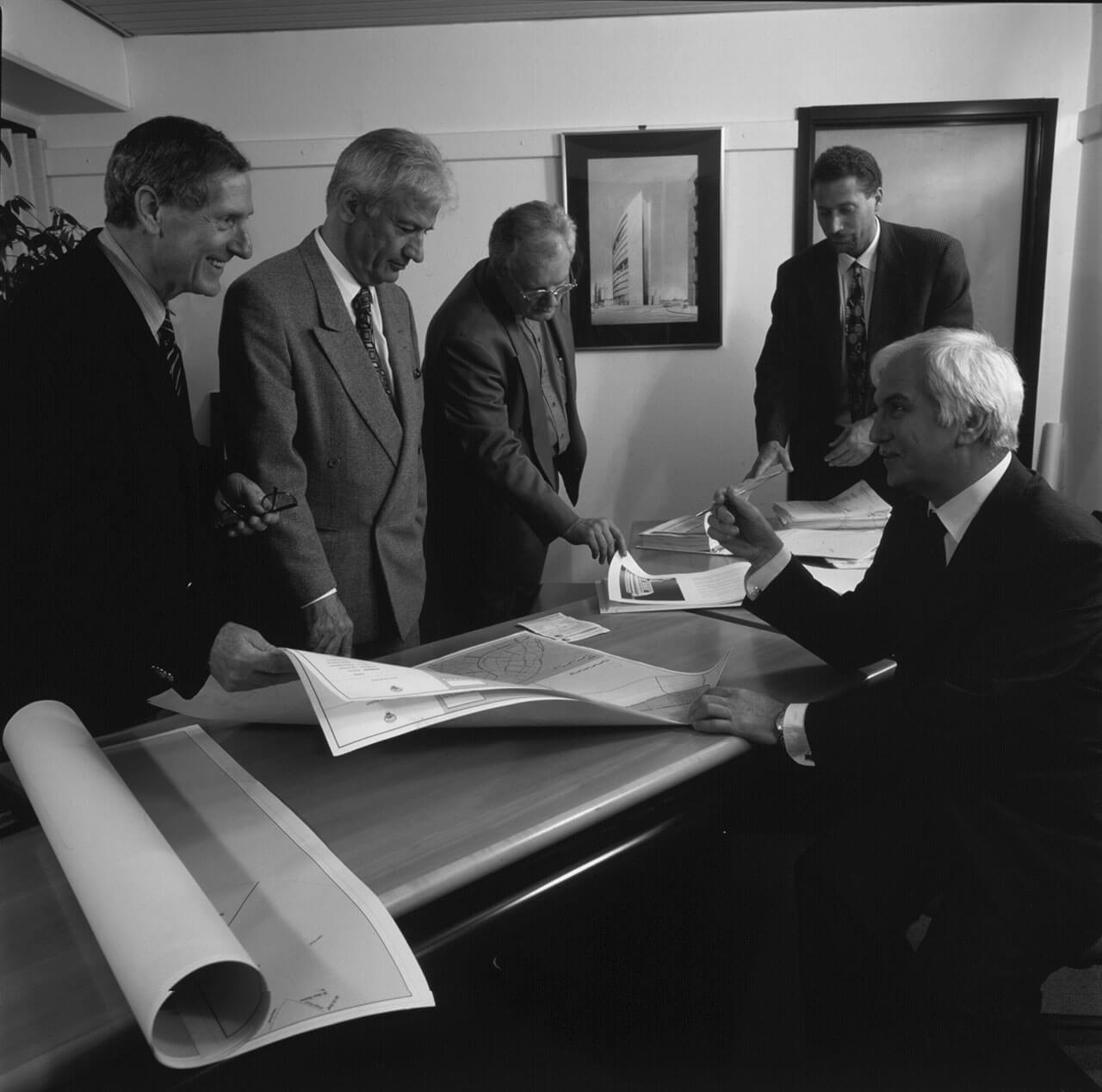 Download Our 50 Year Book
Download Our 50 Year Book
1997
Design and Supervision of Marina World Waterfront
When the appetite to invest returned, SSH was ready. It had never stopped attracting world-class talent. It had restructured, moving from the classic studio model, with the various service offerings led by a charismatic partner, to a balanced matrix that allowed the freer deployment of expertise in the firm. In 1997 SSH won the contract to master plan, design and supervise the ambitious Marina World Waterfront development in Salmiya. Today it is a hugely popular destination for Kuwaitis and visitors.
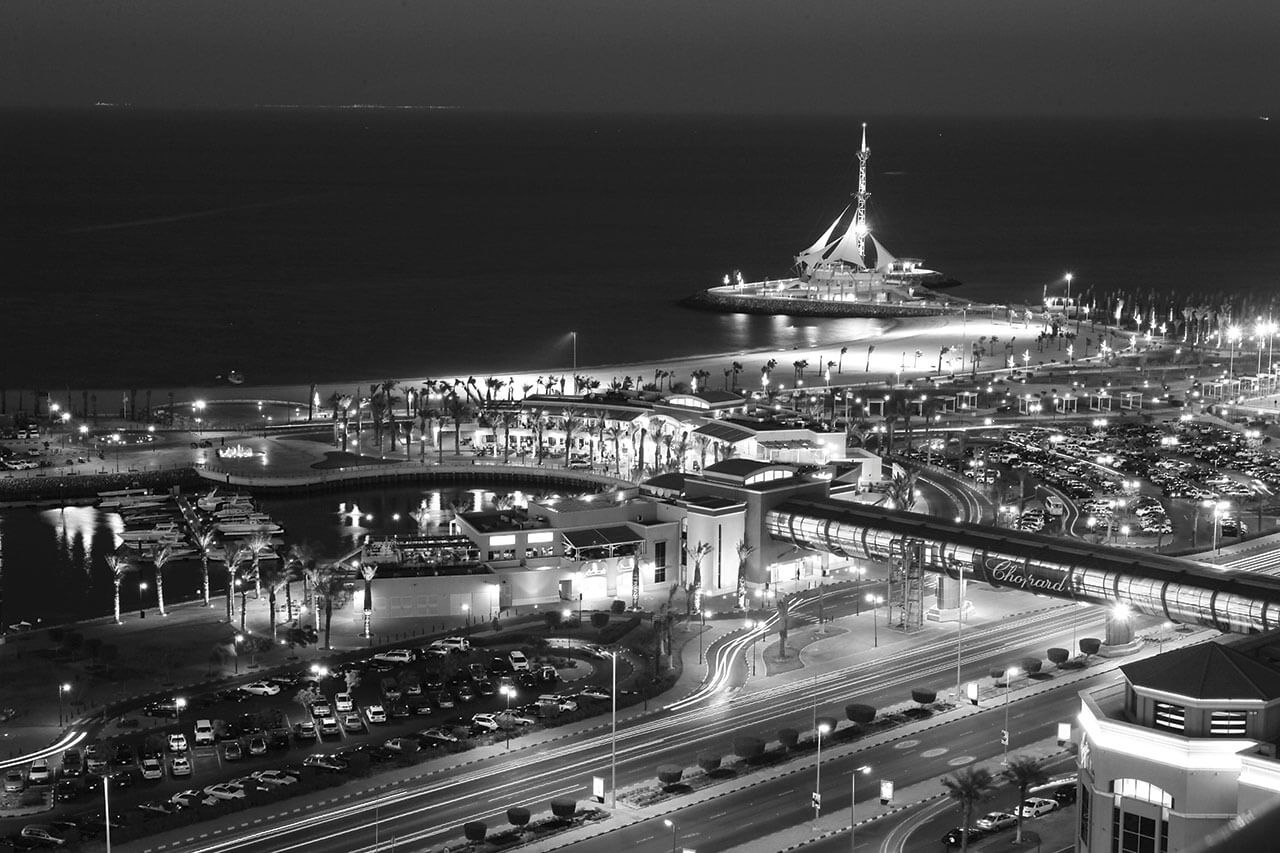 Download Our 50 Year Book
Download Our 50 Year Book
2001
Time for New Blood
When the appetite to invest returned, SSH was ready. It had never stopped attracting world-class talent. It had restructured, moving from the classic studio model, with the various service offerings led by a charismatic partner, to a balanced matrix that allowed the freer deployment of expertise in the firm. In 1997 SSH won the contract to master plan, design and supervise the ambitious Marina World Waterfront development in Salmiya. Today it is a hugely popular destination for Kuwaitis and visitors.
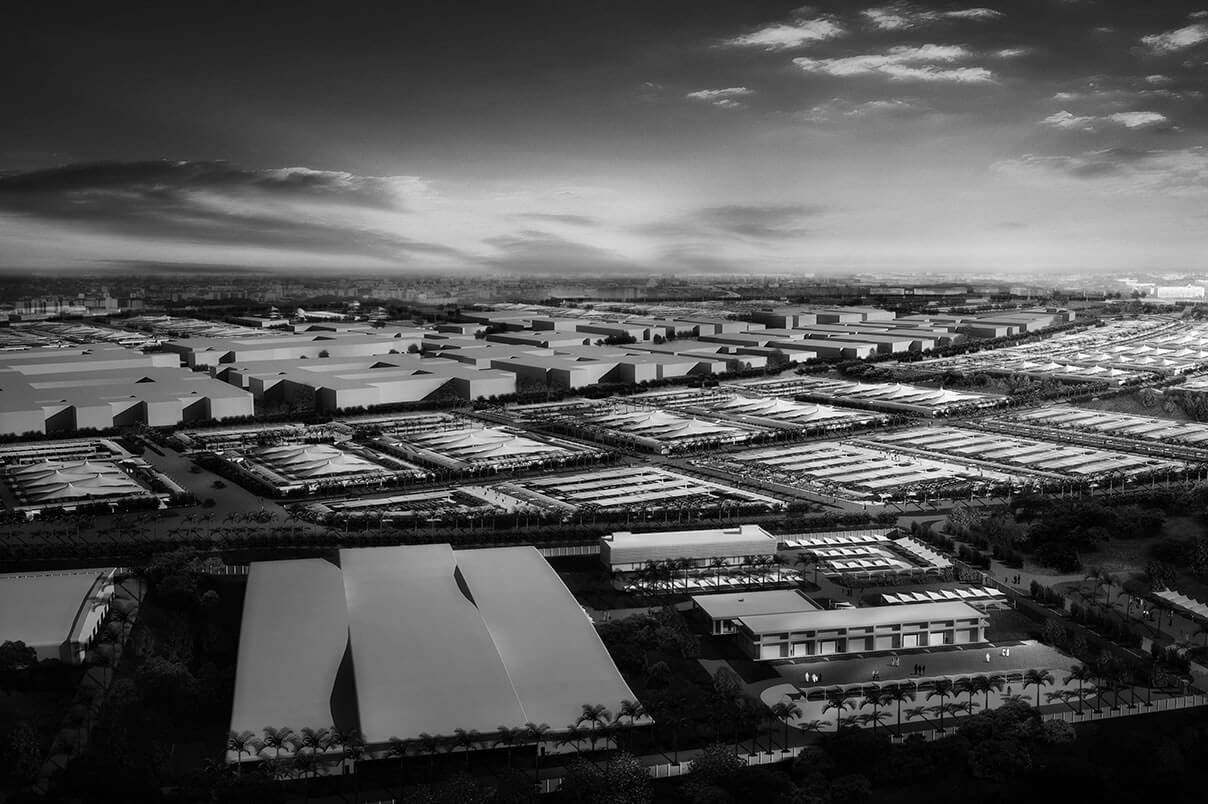 Download Our 50 Year Book
Download Our 50 Year Book
2012
The Next 50 Years
In 2012, a new board of international directors with extensive regional experience was appointed to take SSH to the next level while retaining the company’s core values. We are proud of our regional roots and ownership that are both embedded within the DNA of SSH. We believe these are key strengths that enable us to achieve our vision as we offer a unique blend of being a truly regional company with international standards for architectural and engineering design as well as supervision services, delivering projects from inception to completion.
This allows us to offer clients first-rate design and services delivered with a full understanding of the local environment, service expectations, and culture. It gives our partners confidence that they will link into local knowledge and logistical support with the confidence of joining a capable partner. Finally, it provides us with the ability to create opportunities for our employees to work on exciting projects alongside the highest calibre of colleagues – thereby challenging and developing their capabilities.
Over the last eight years, SSH added to our number of offices and now operate in Kuwait, Saudi Arabia, Oman, UAE, Qatar, Bahrain, South Africa, Morocco, Algeria and London. As at 2019, we are ranked 81 in the world by ENR.
SSH faces the next five decades with the same sense of exciting possibilities that were experienced in the past.
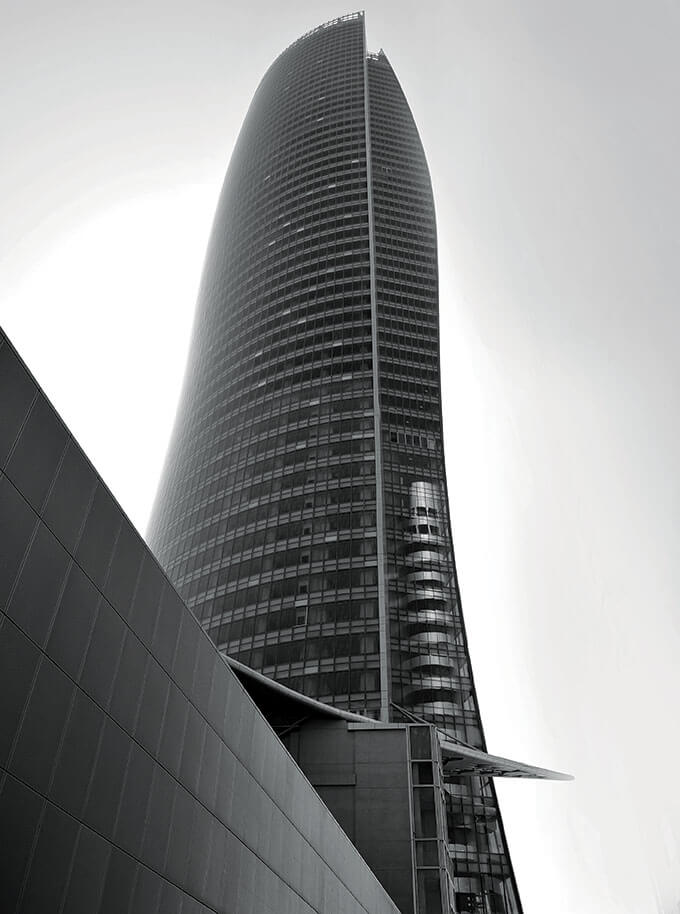 Download Our 50 Year Book
Download Our 50 Year Book


